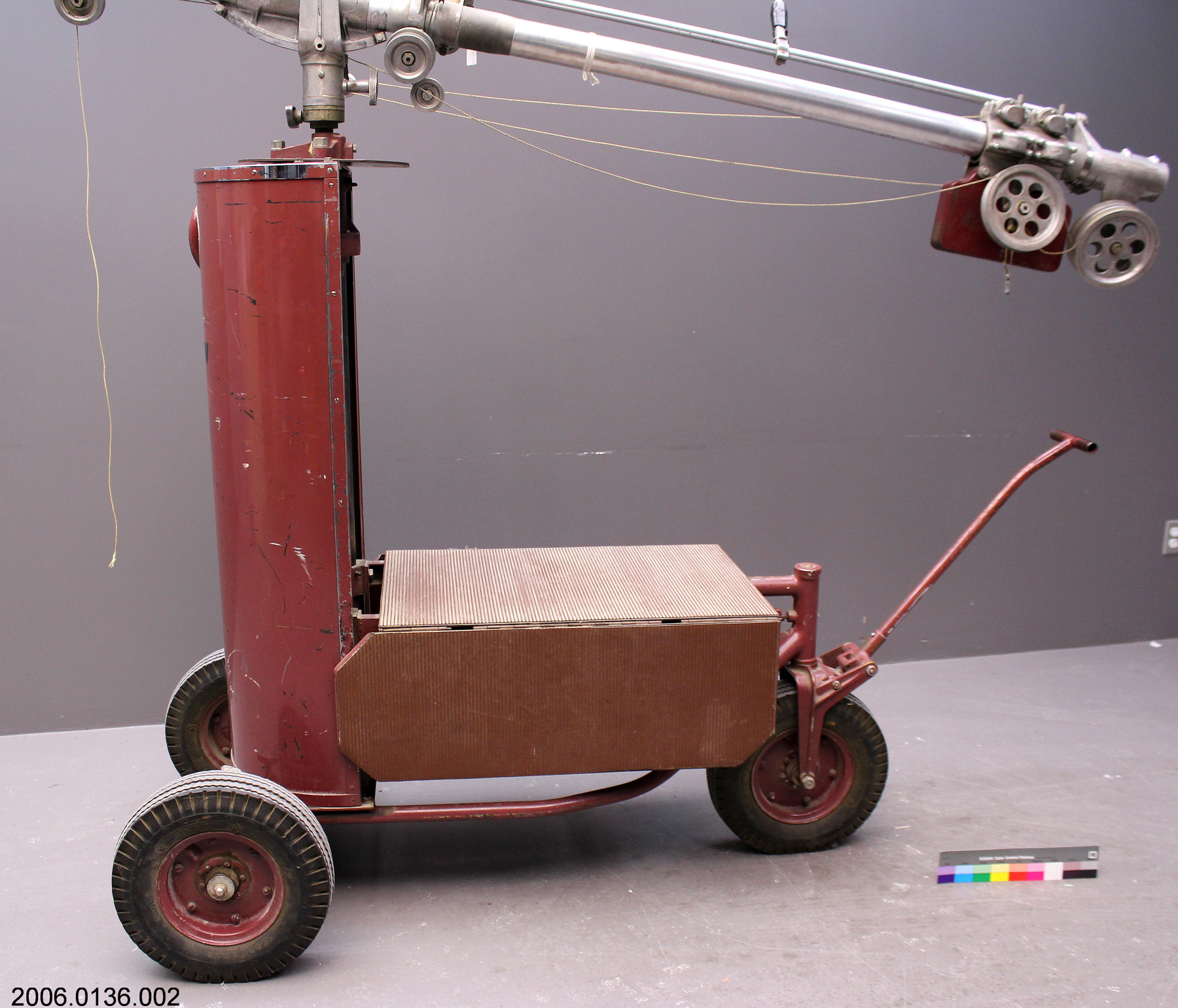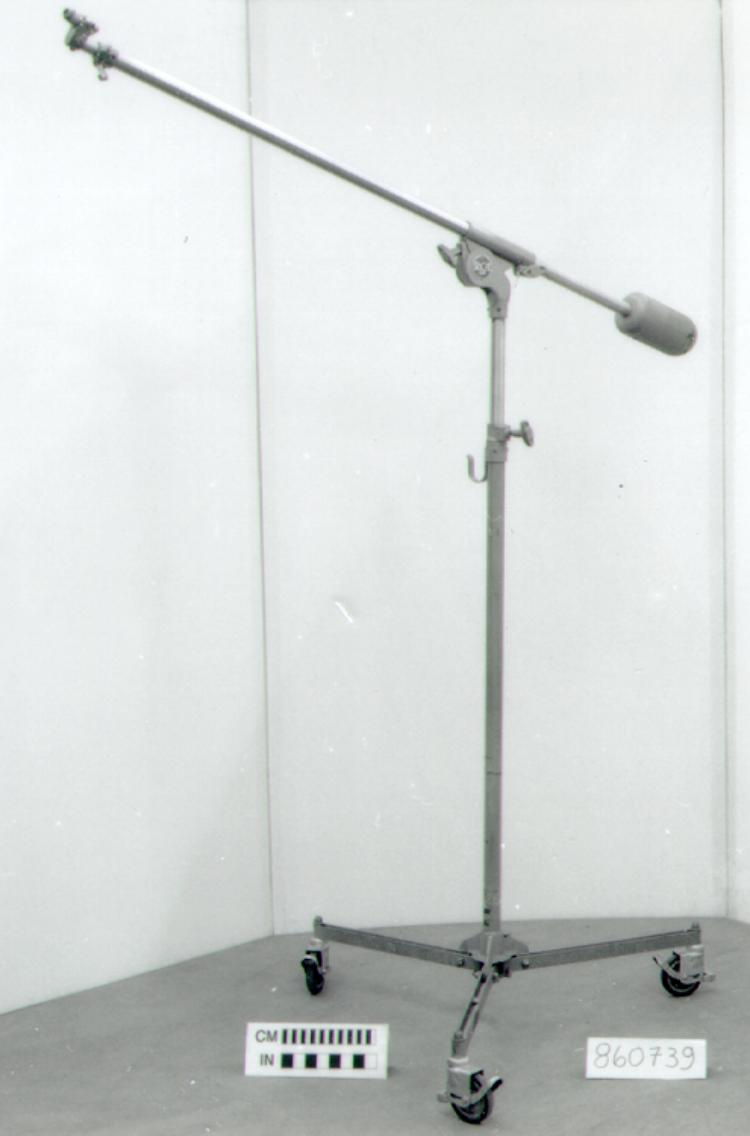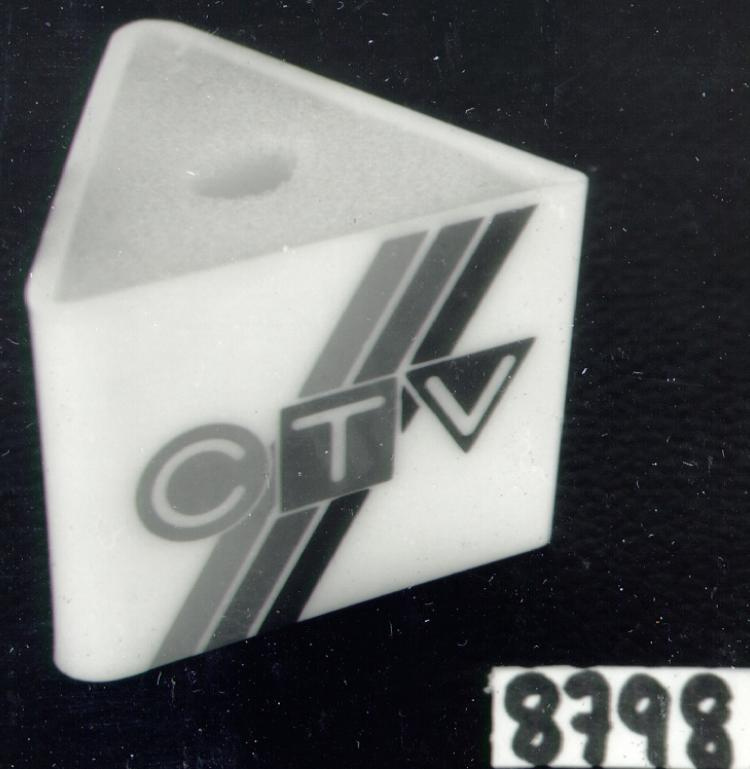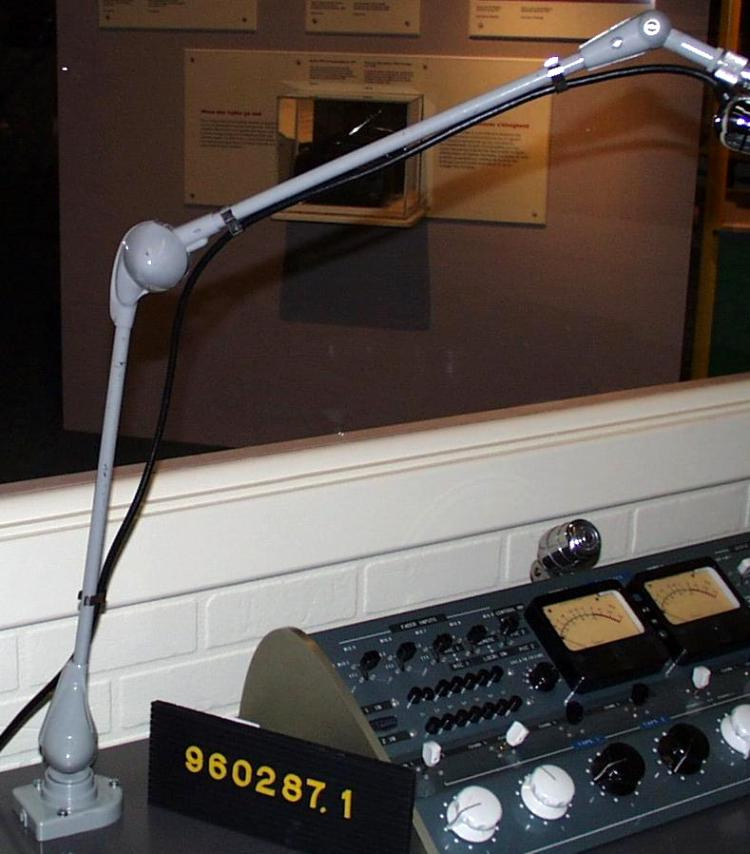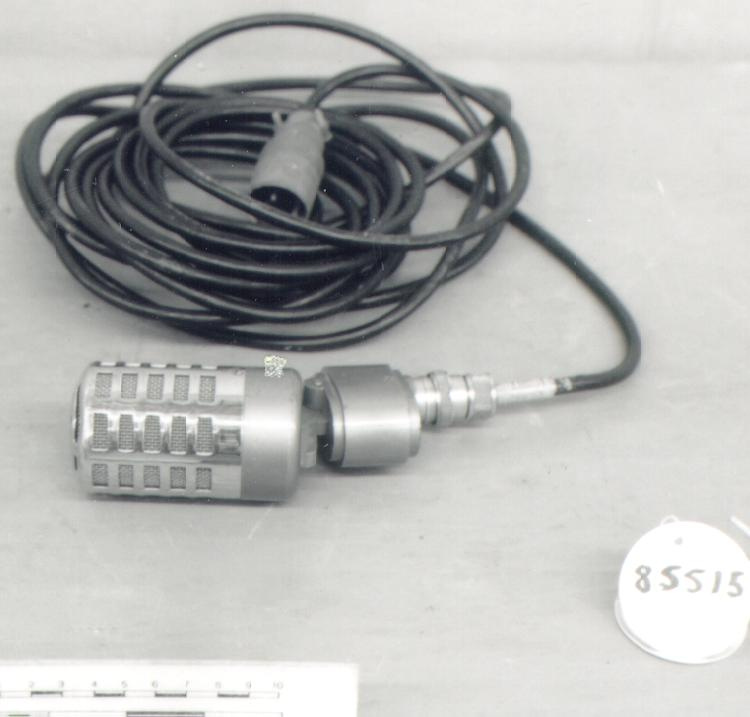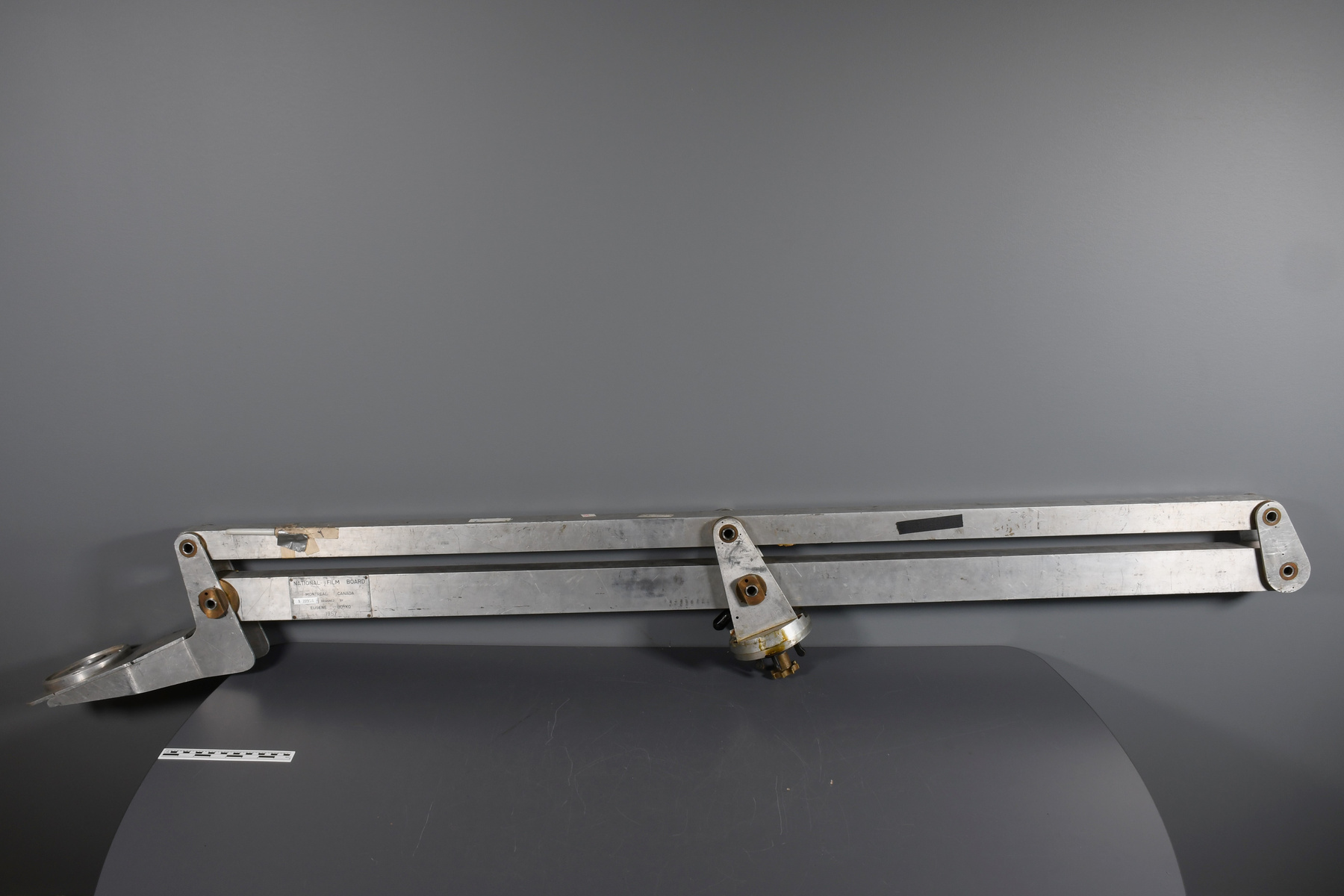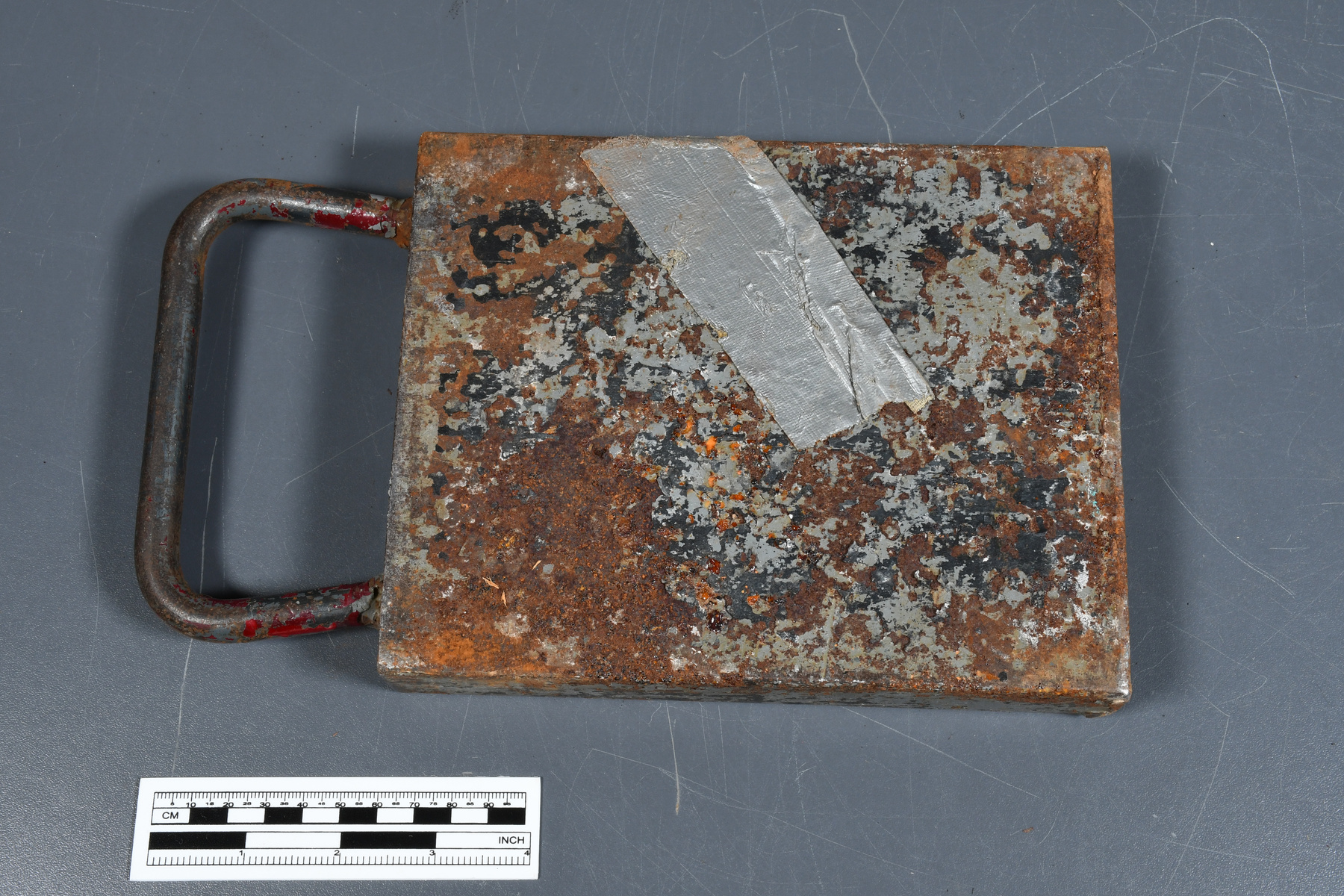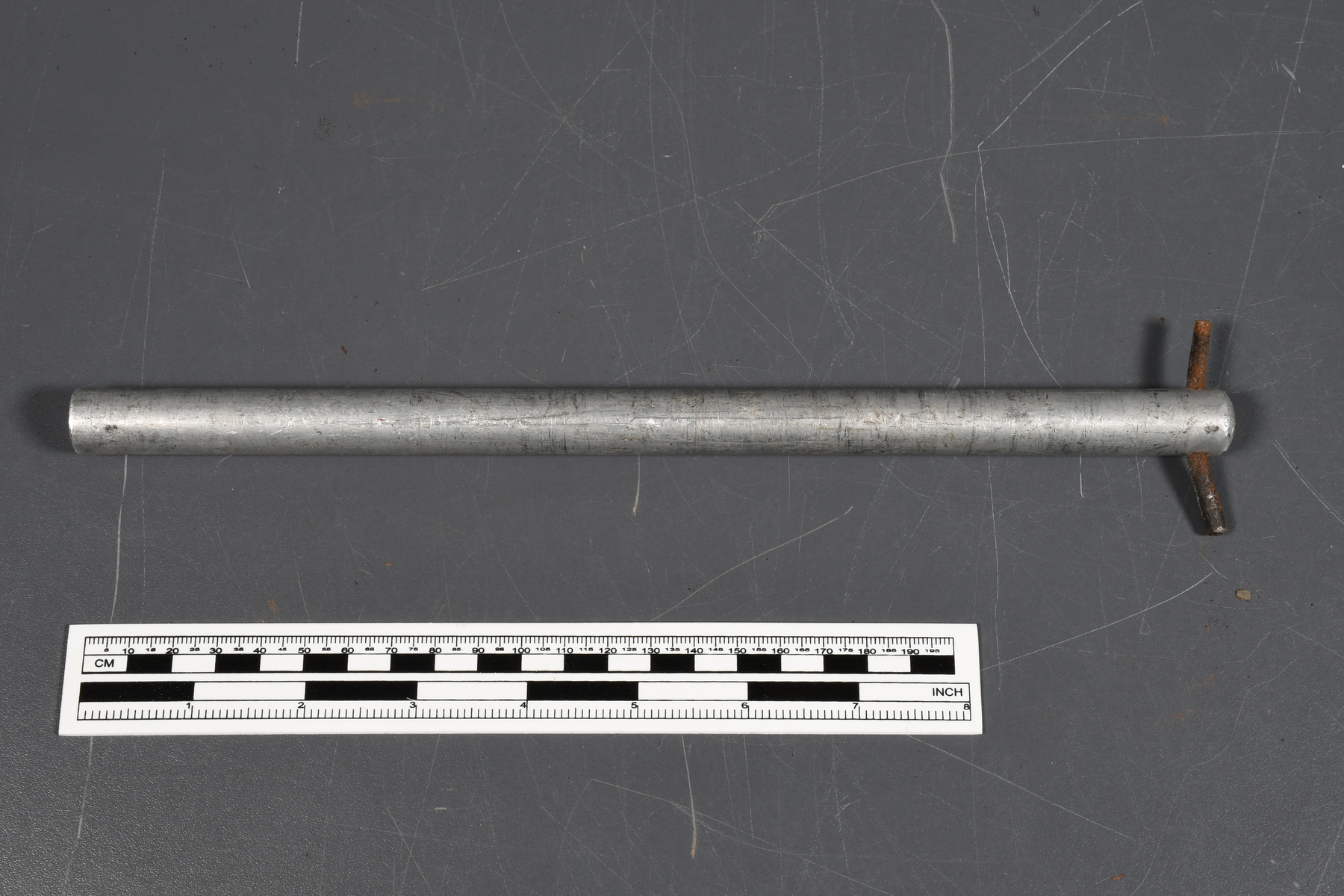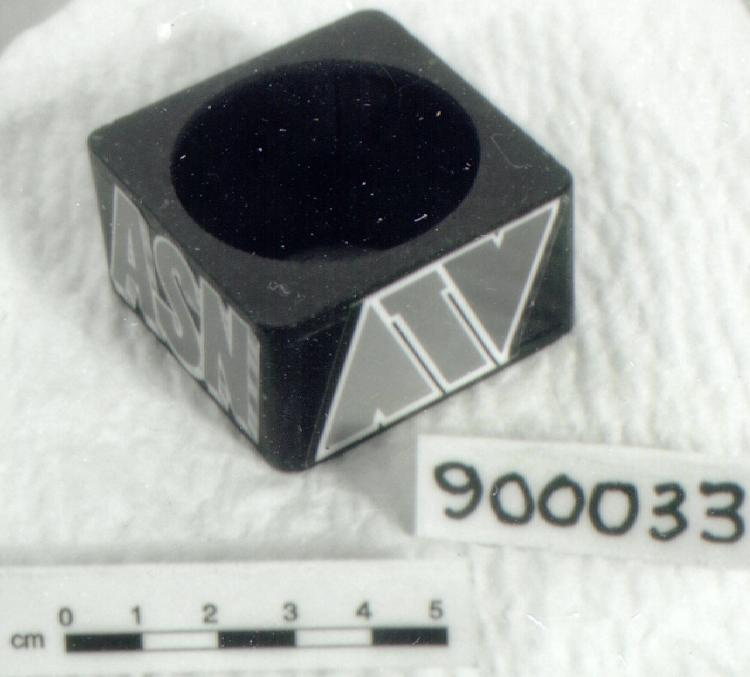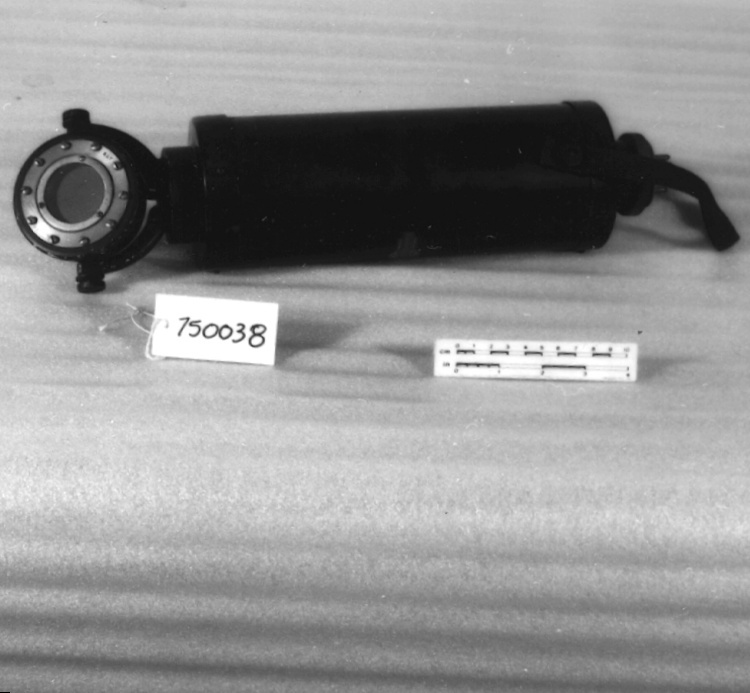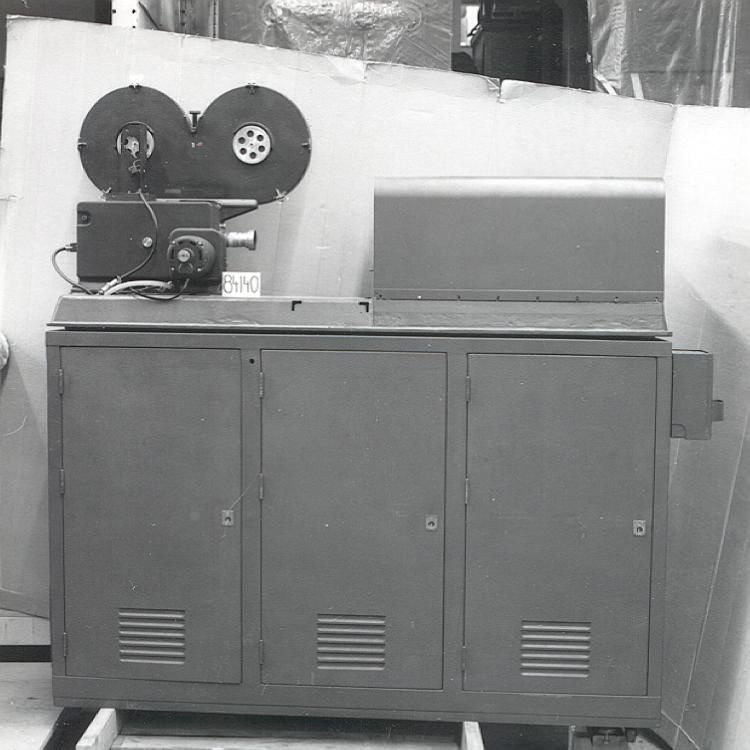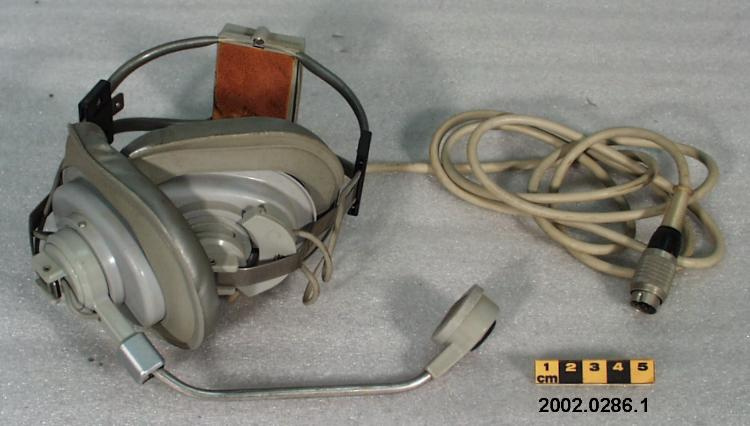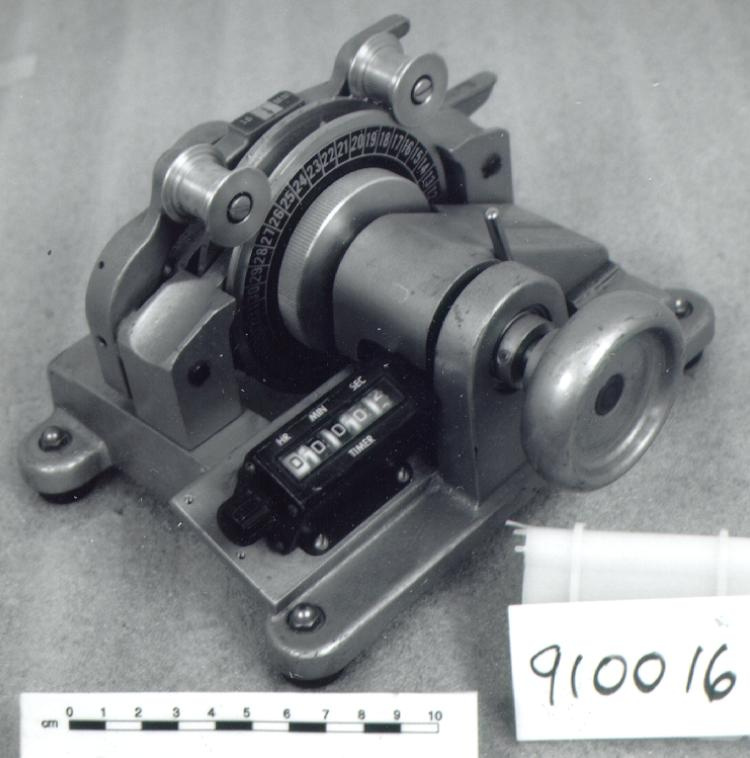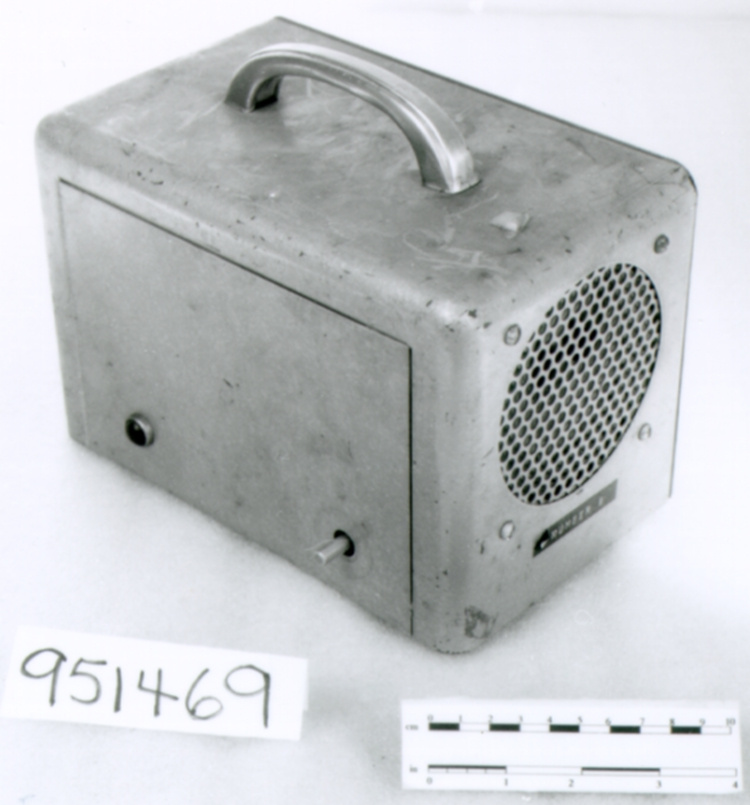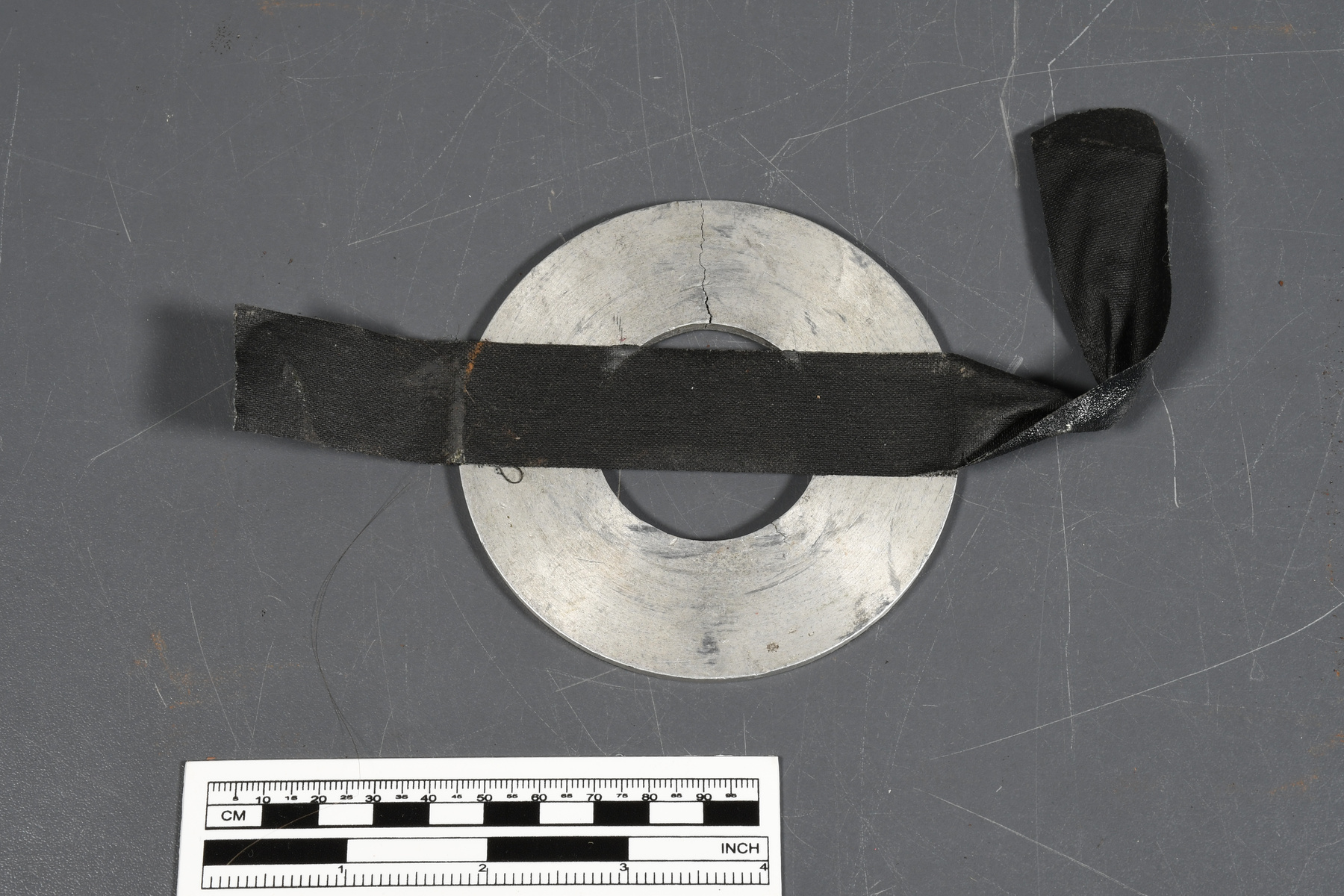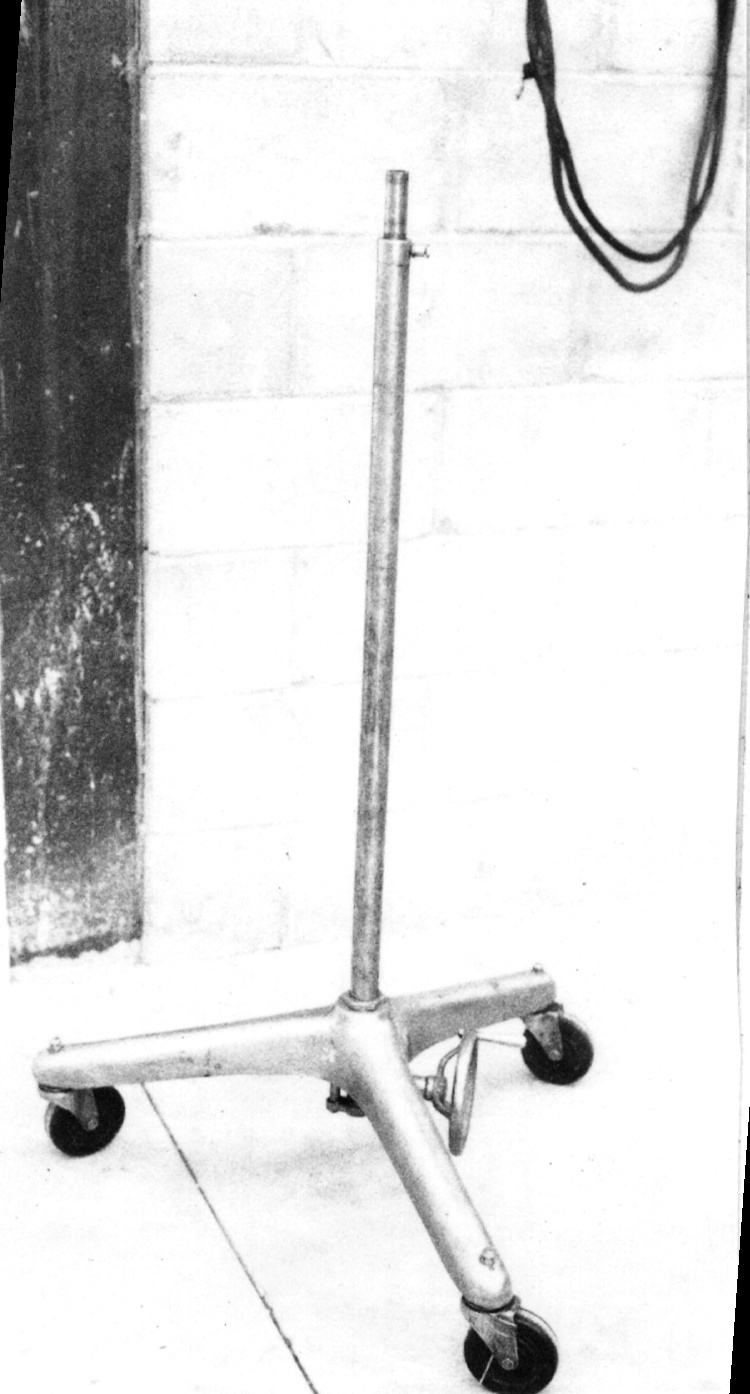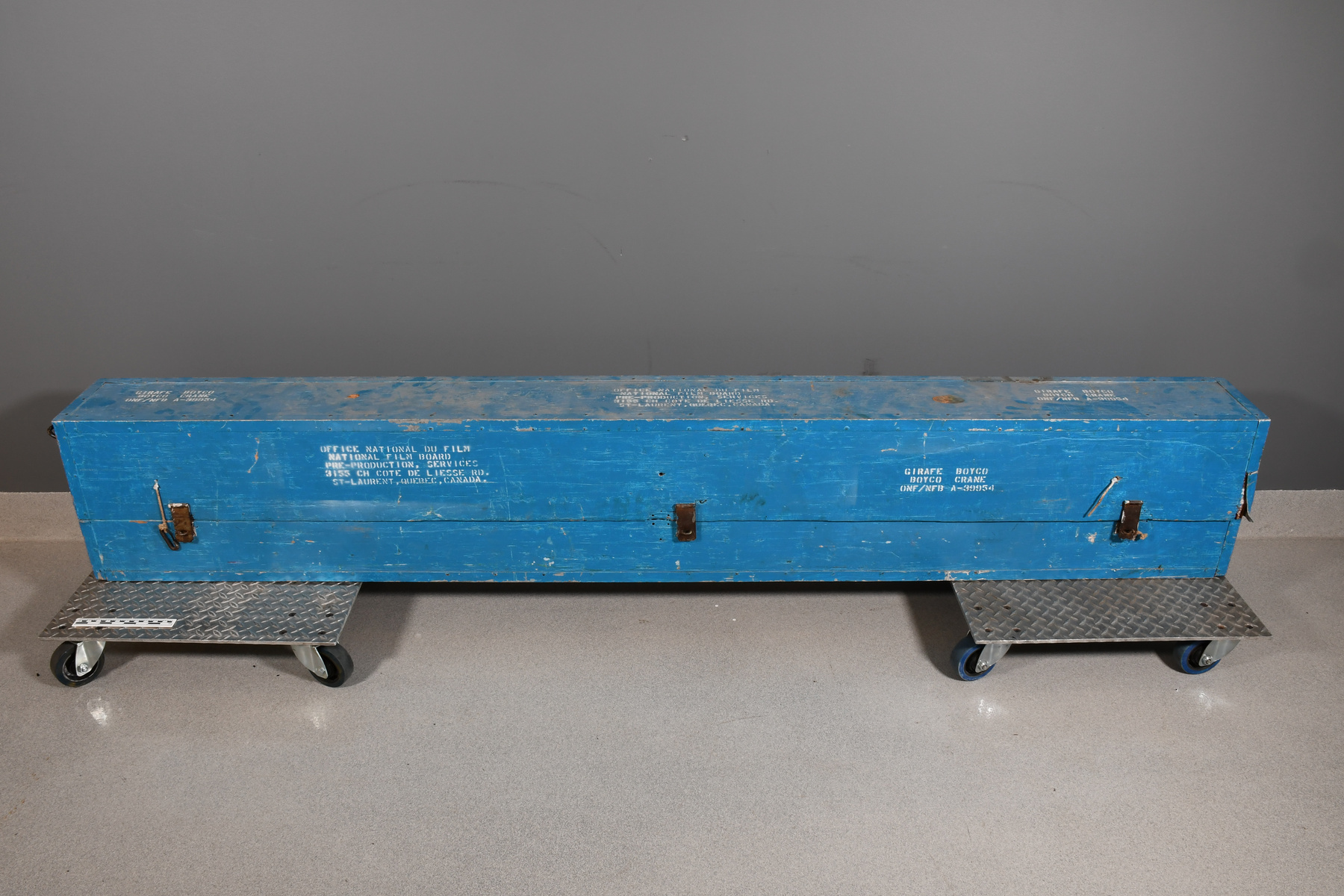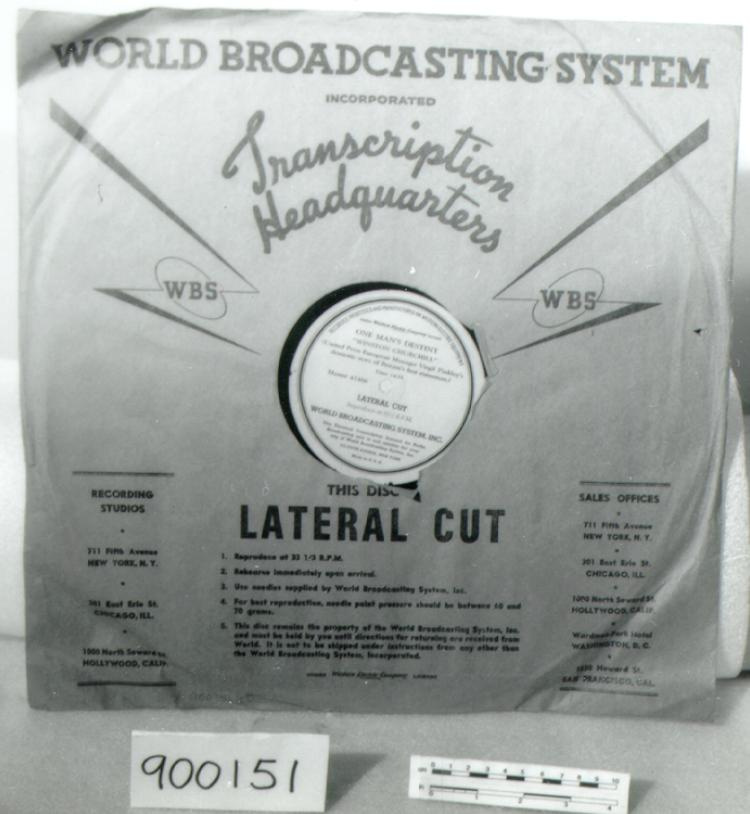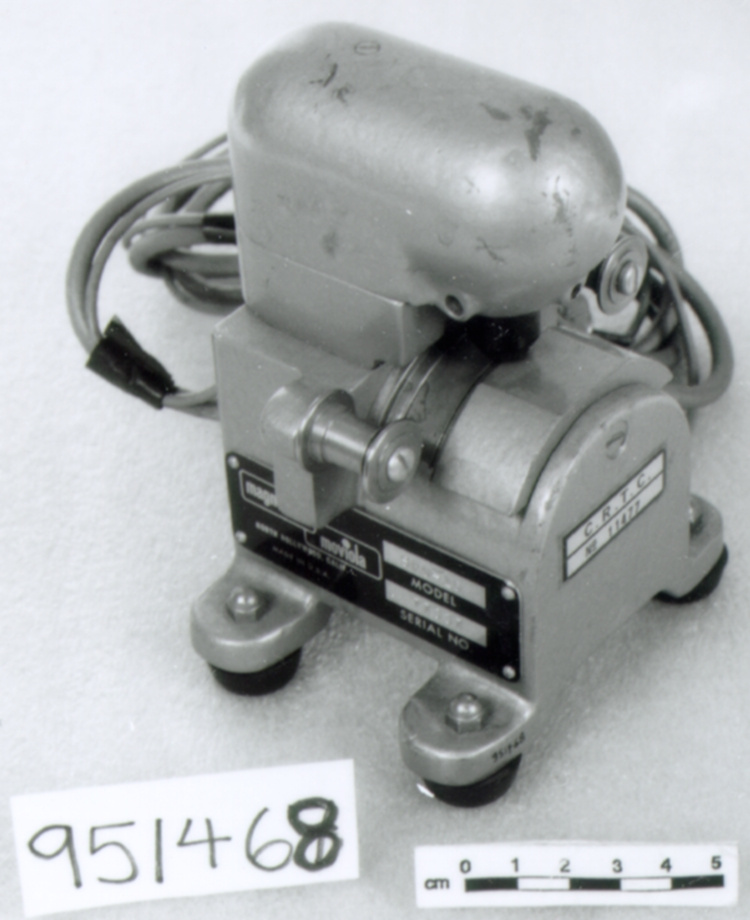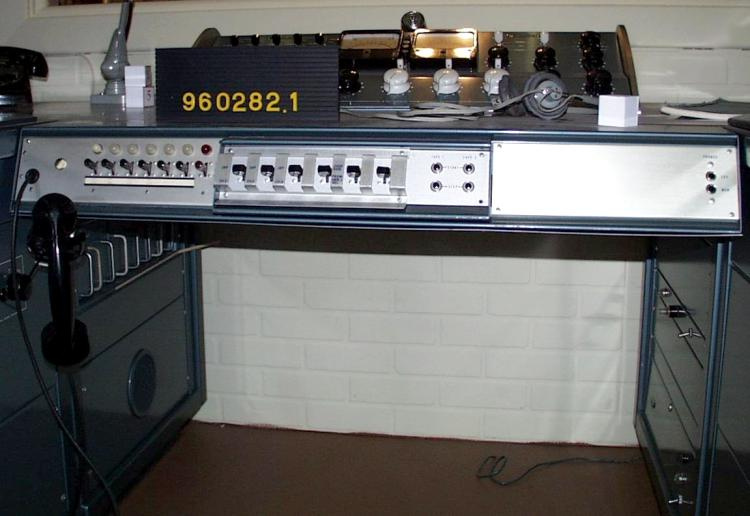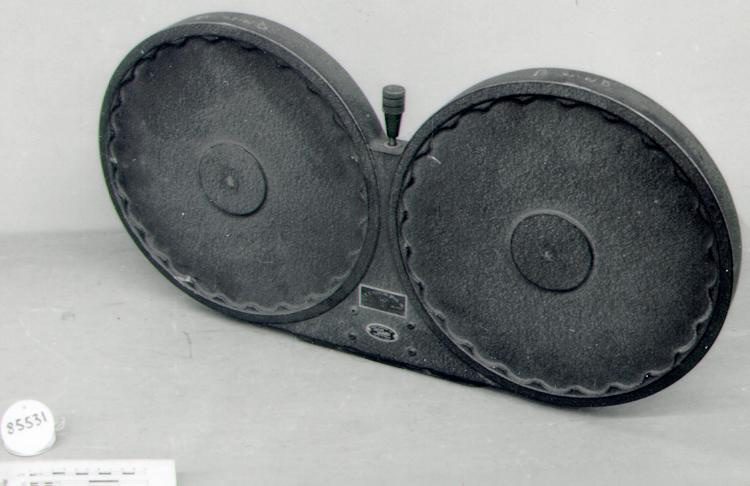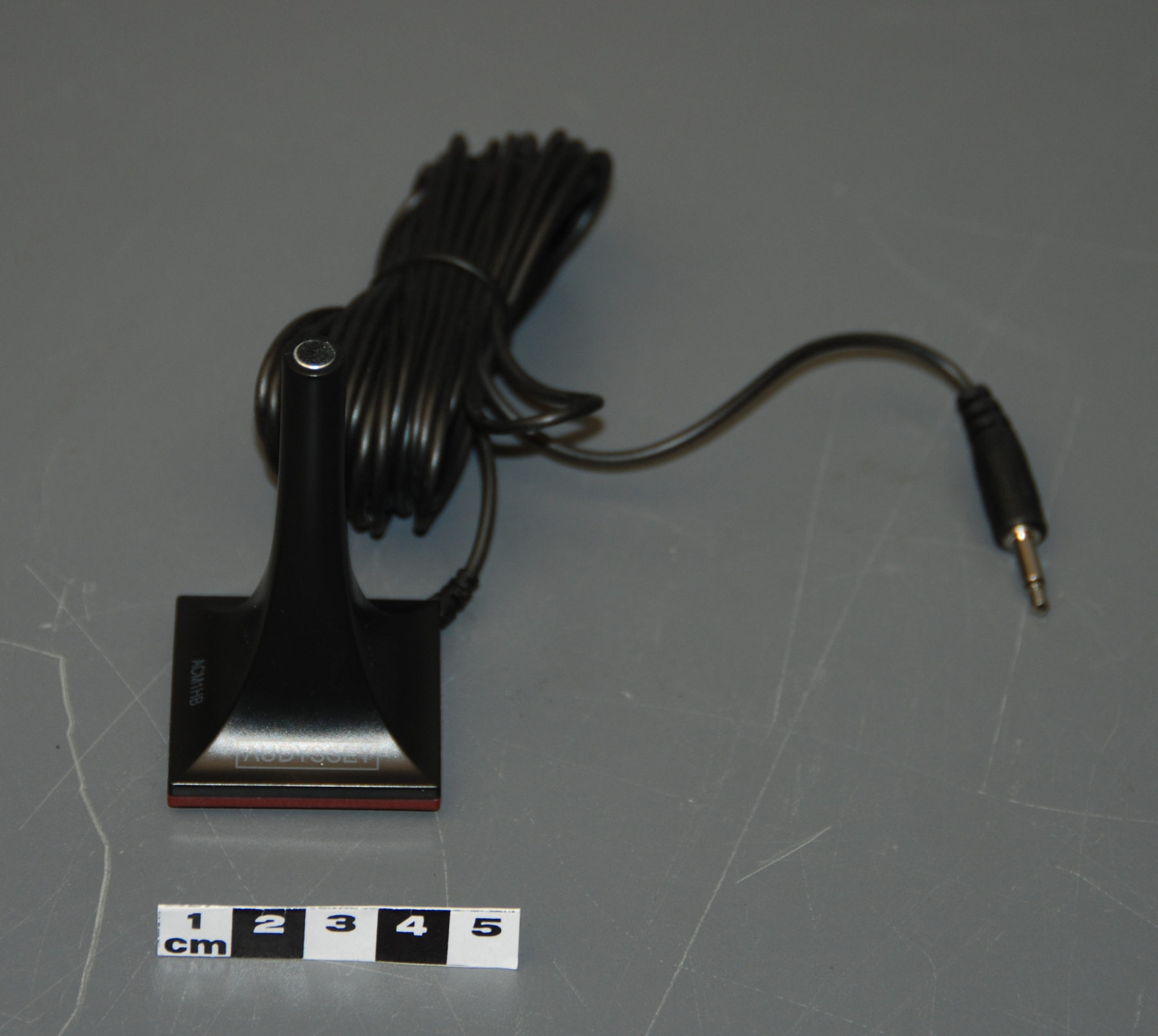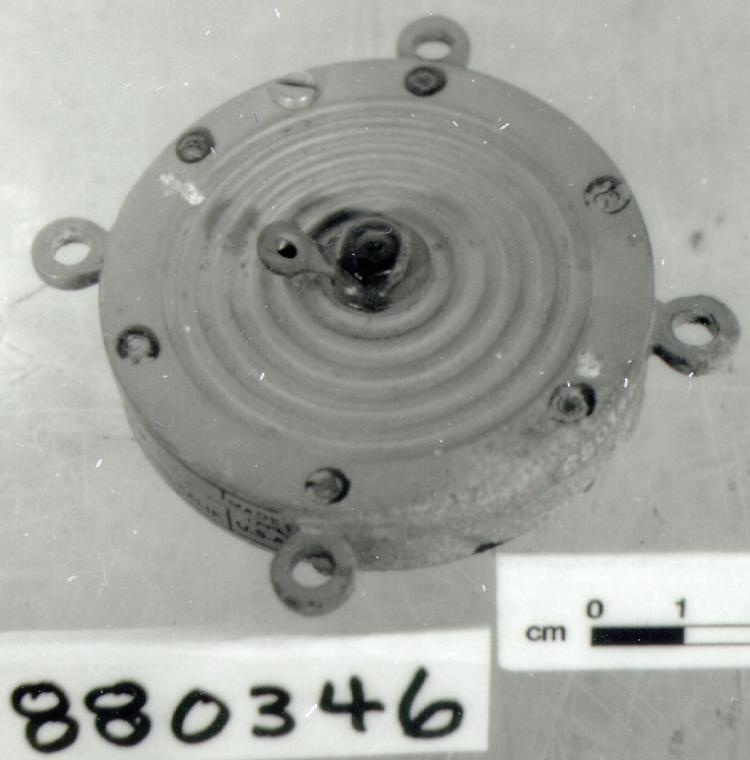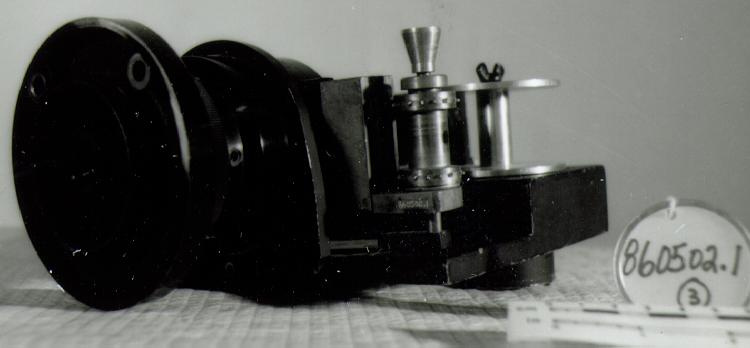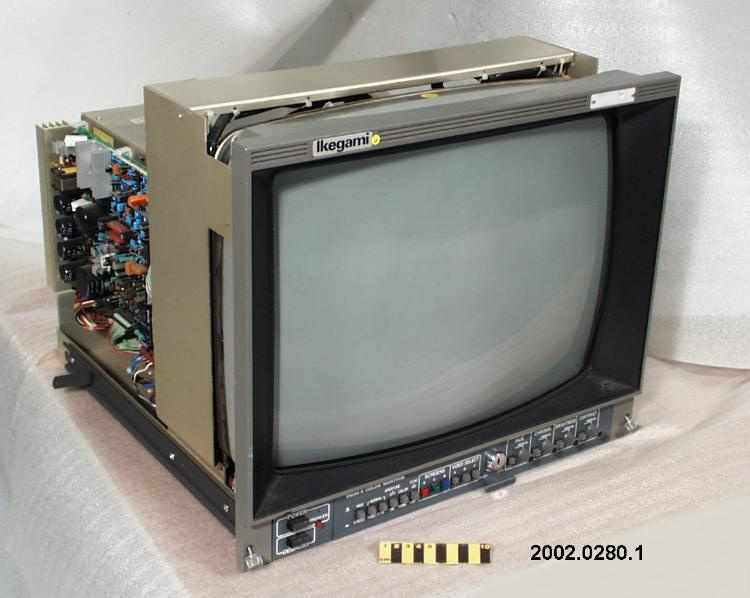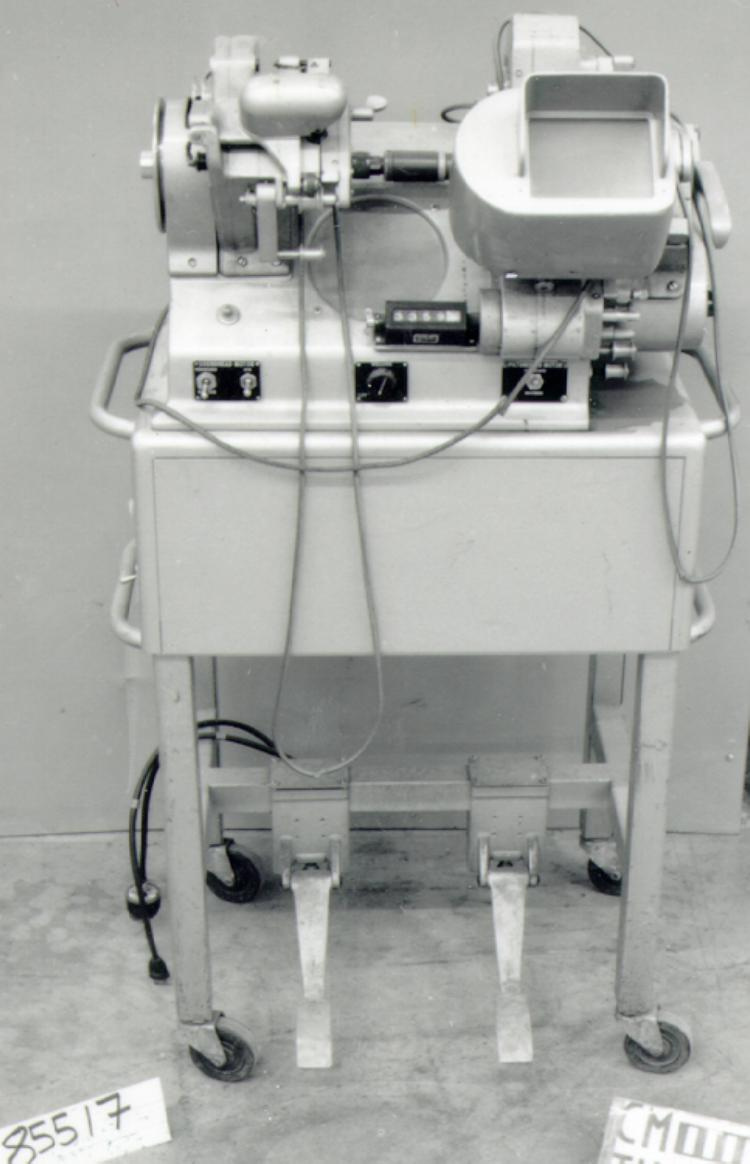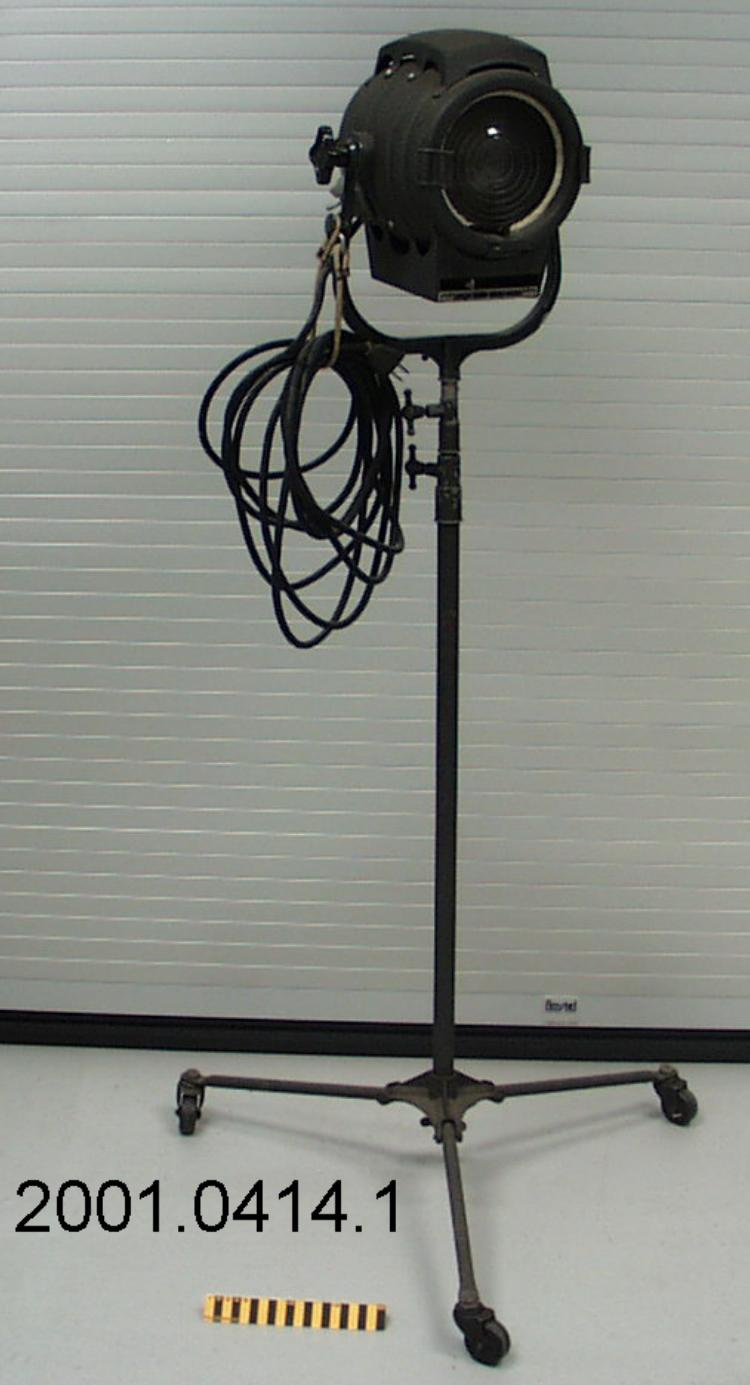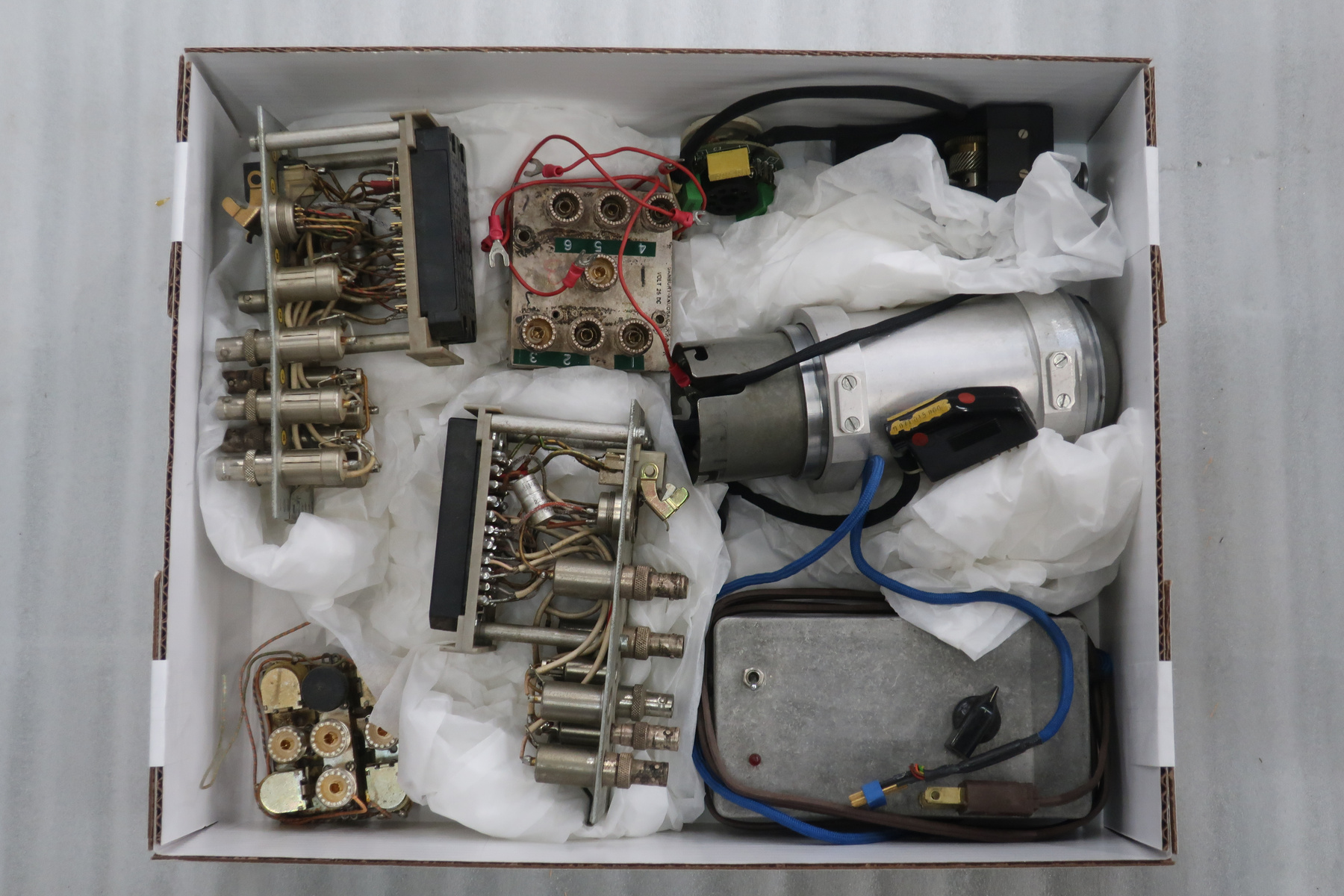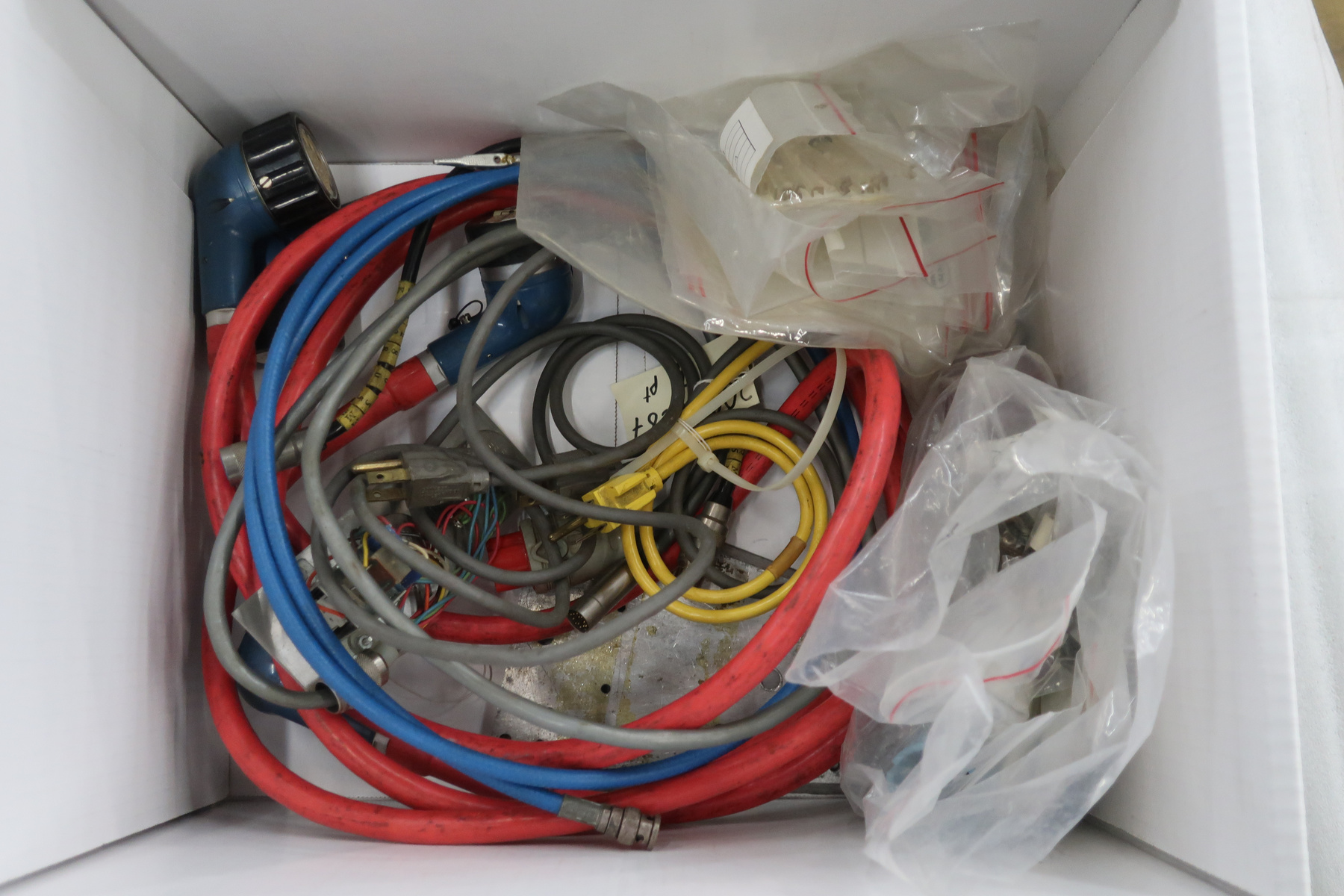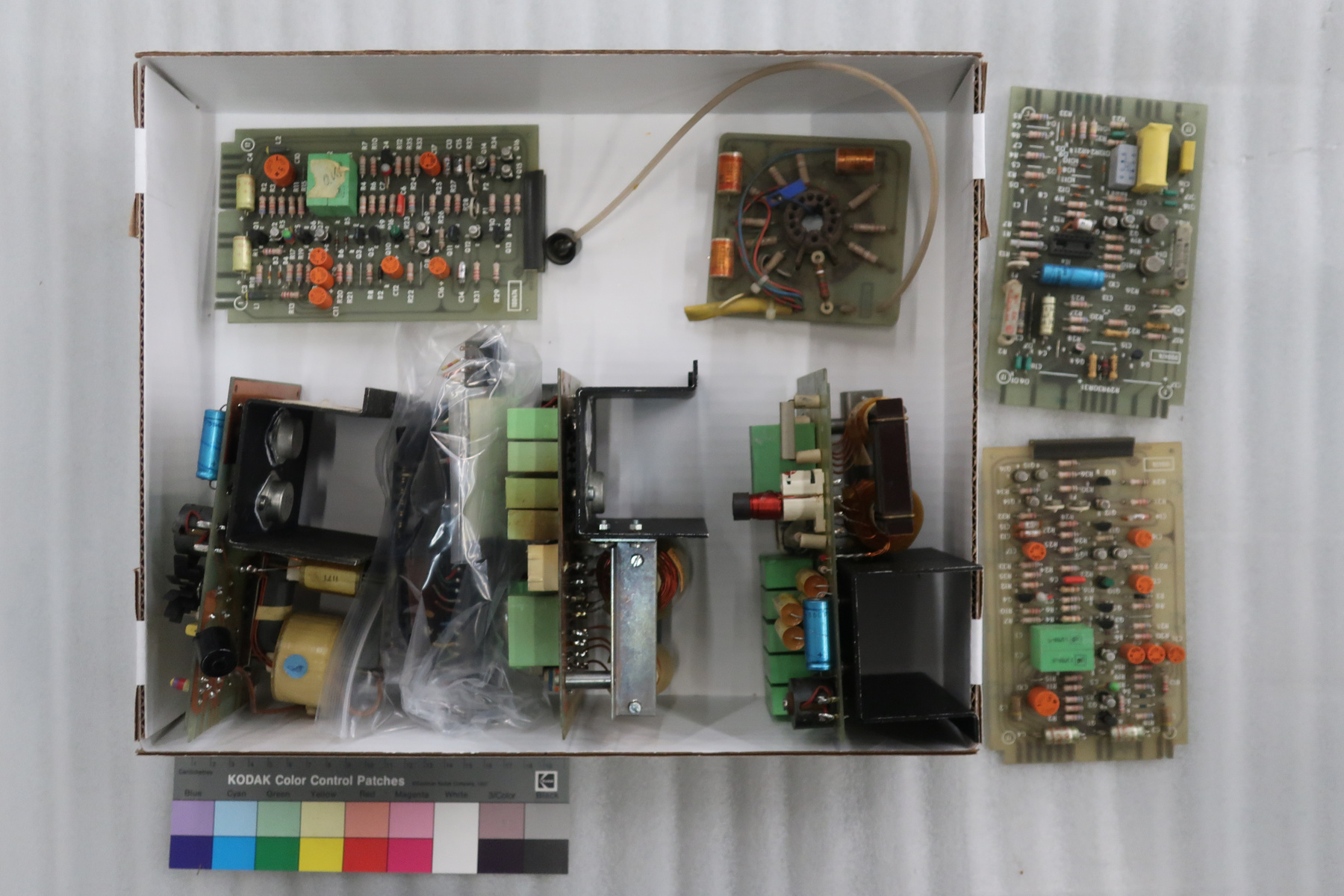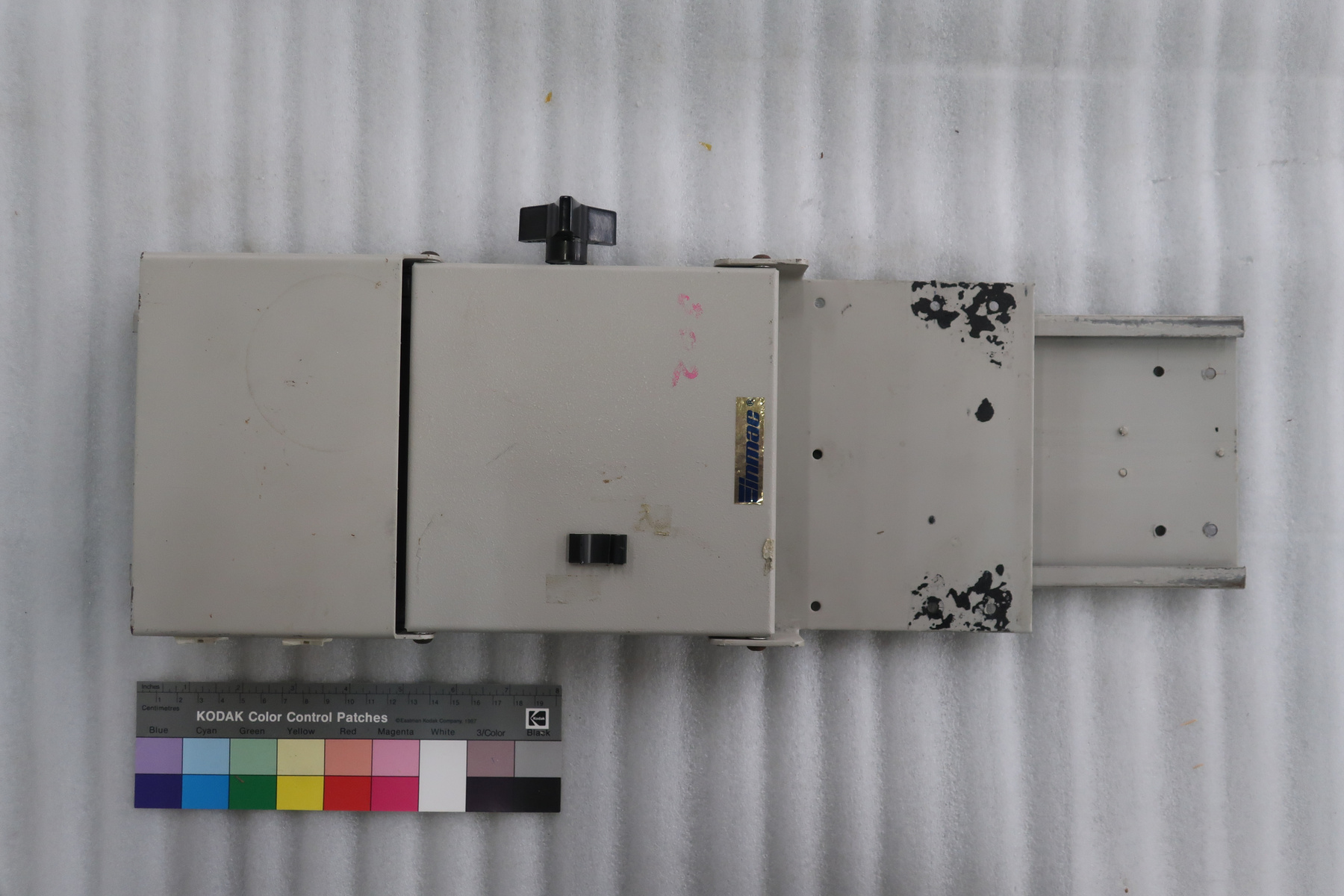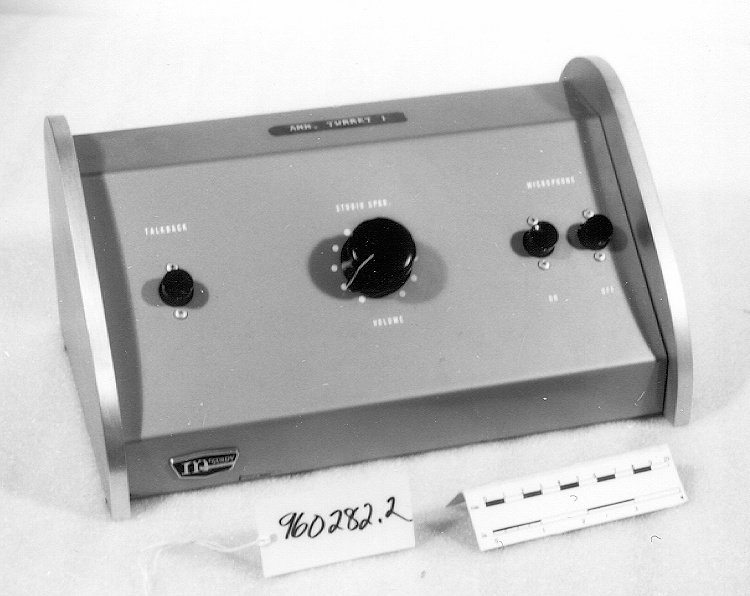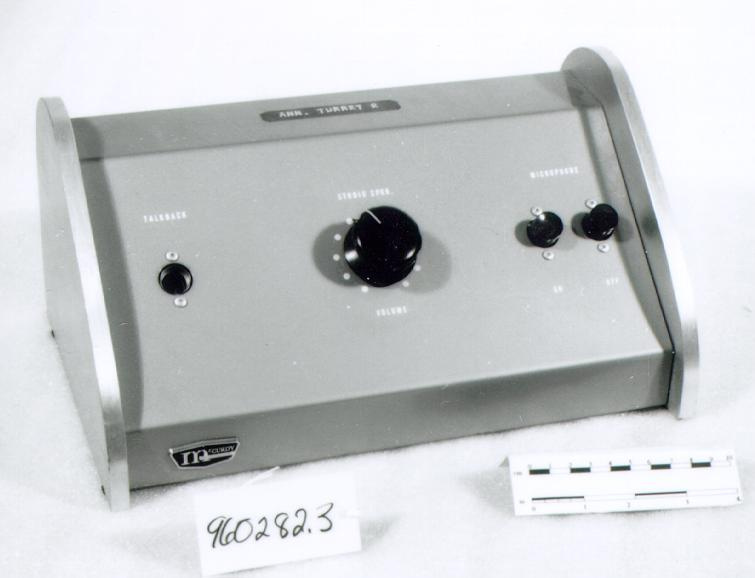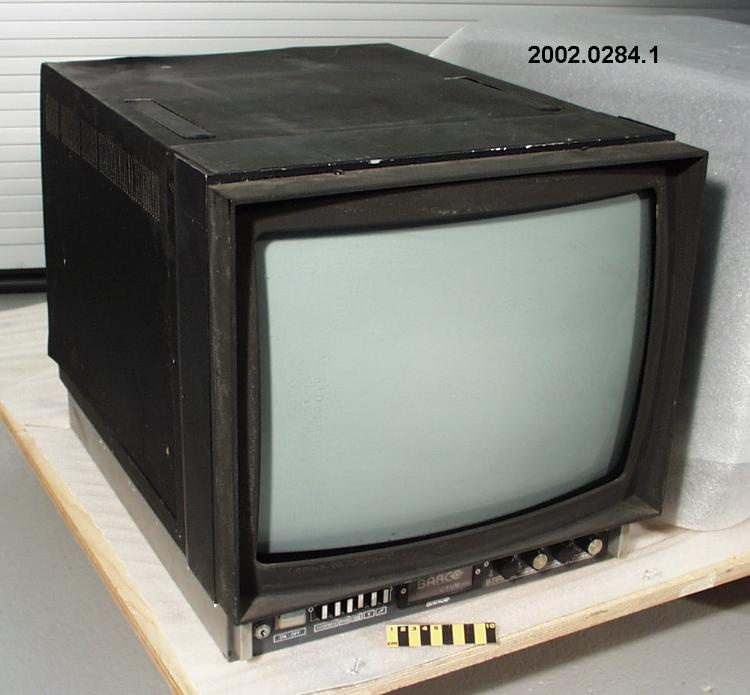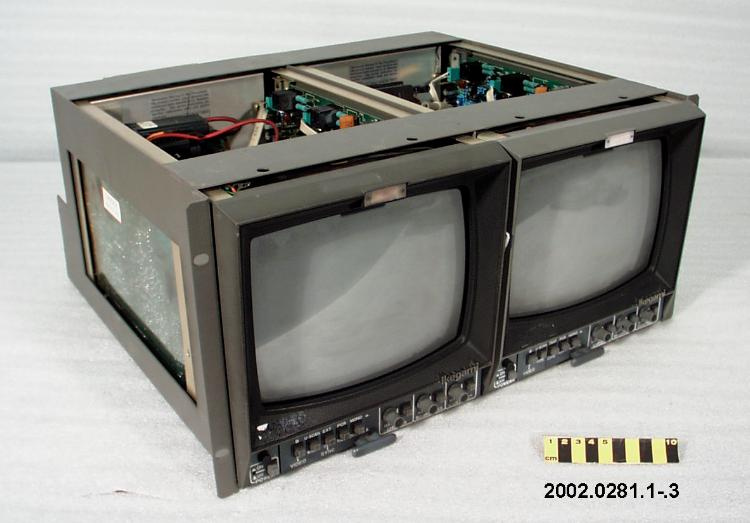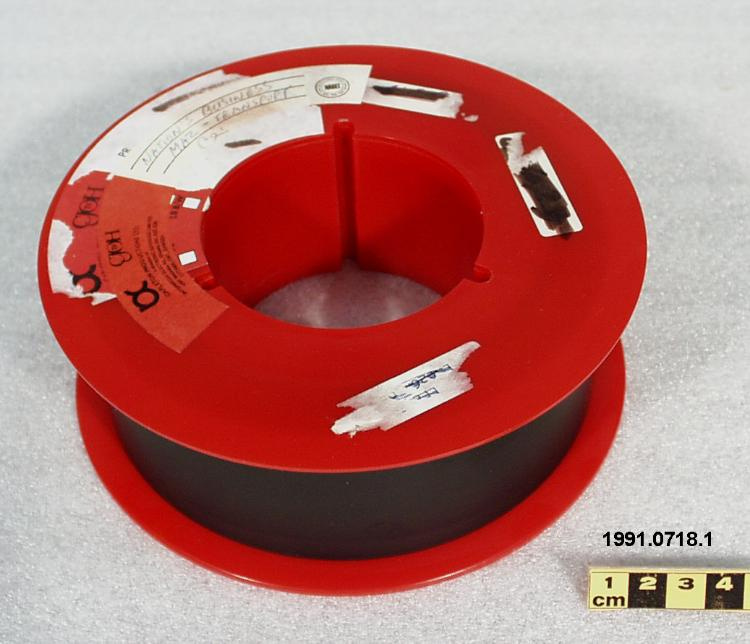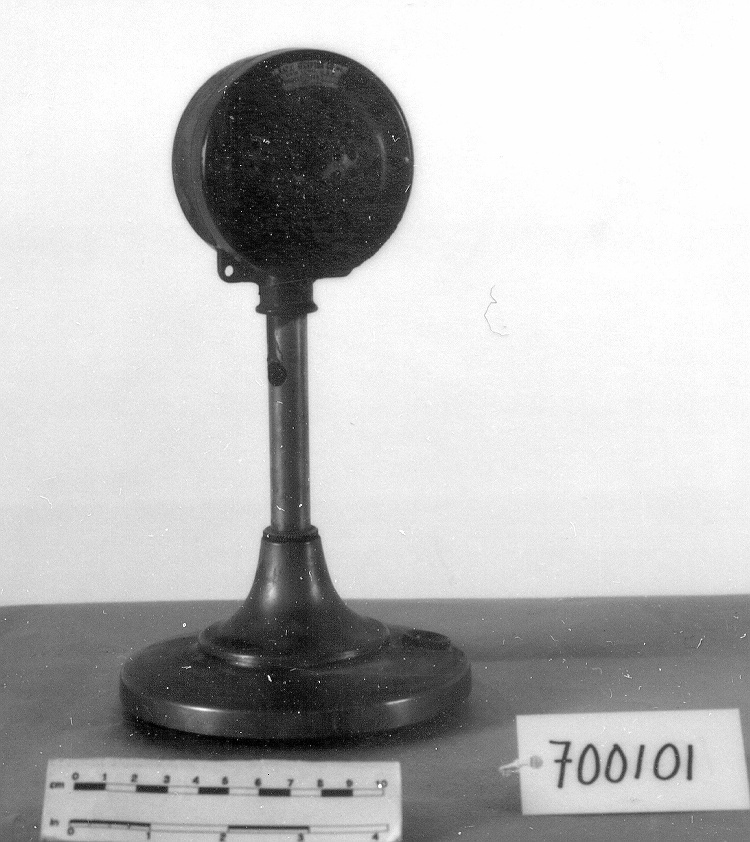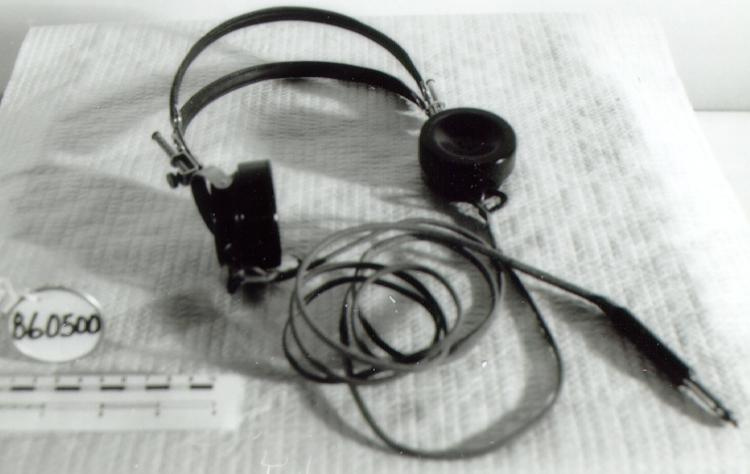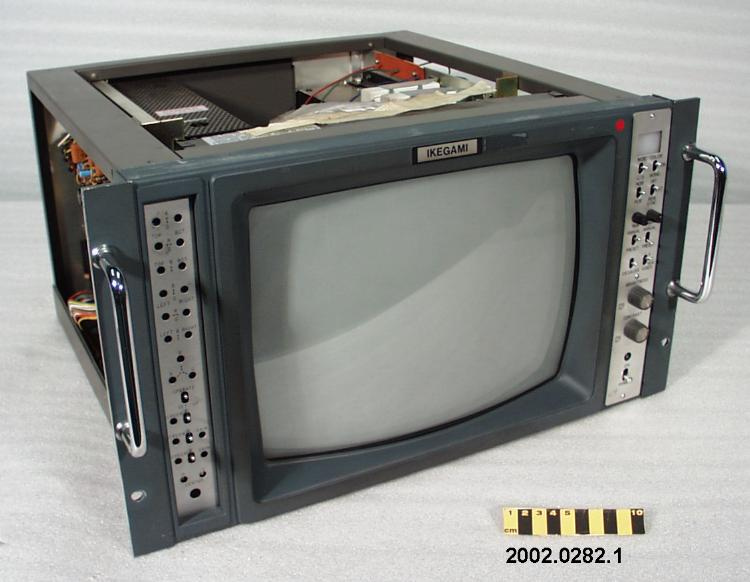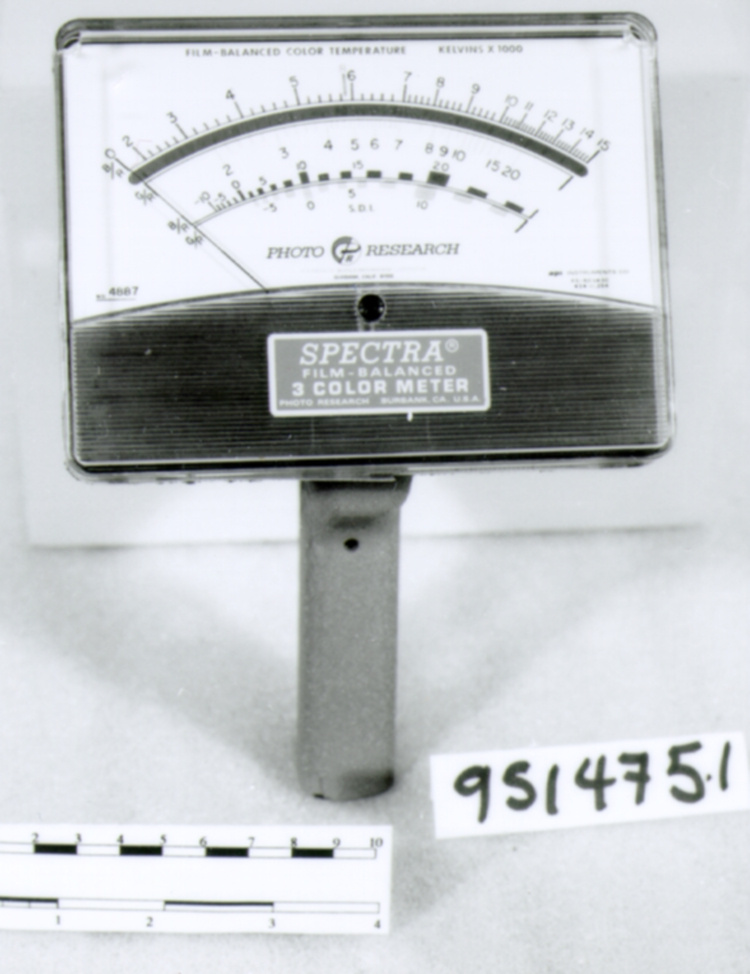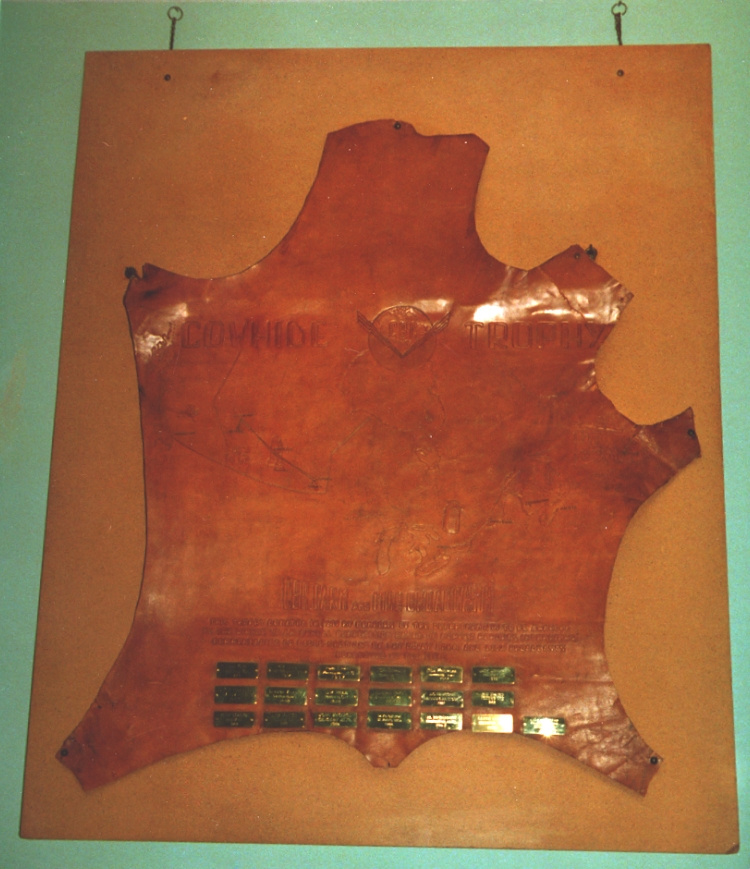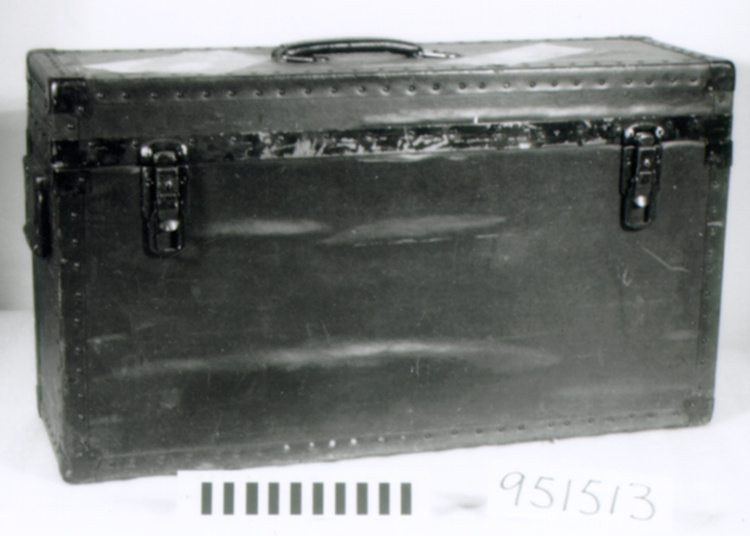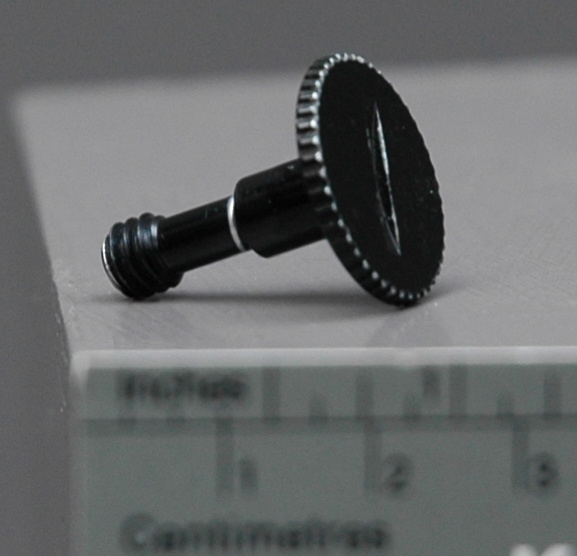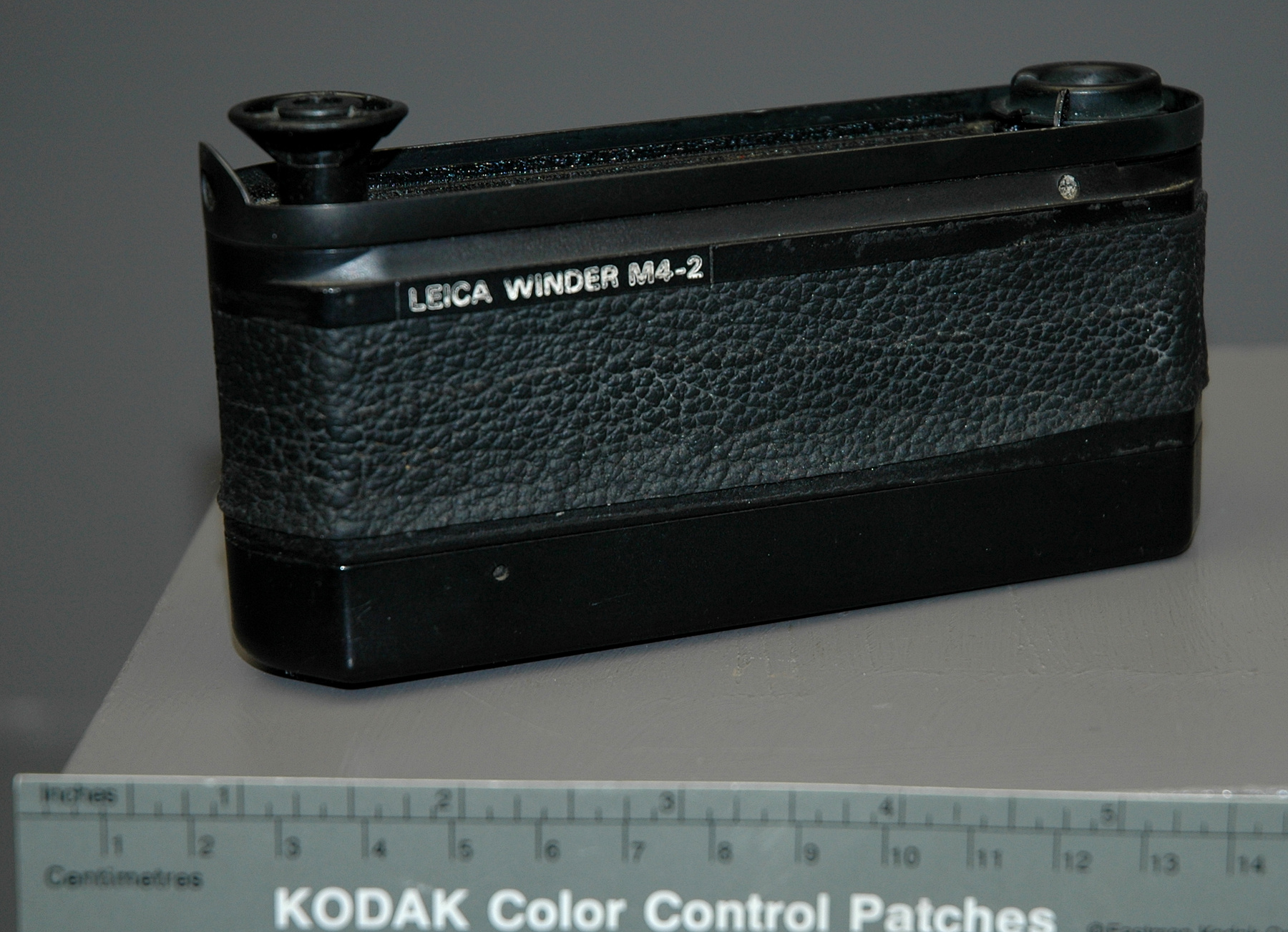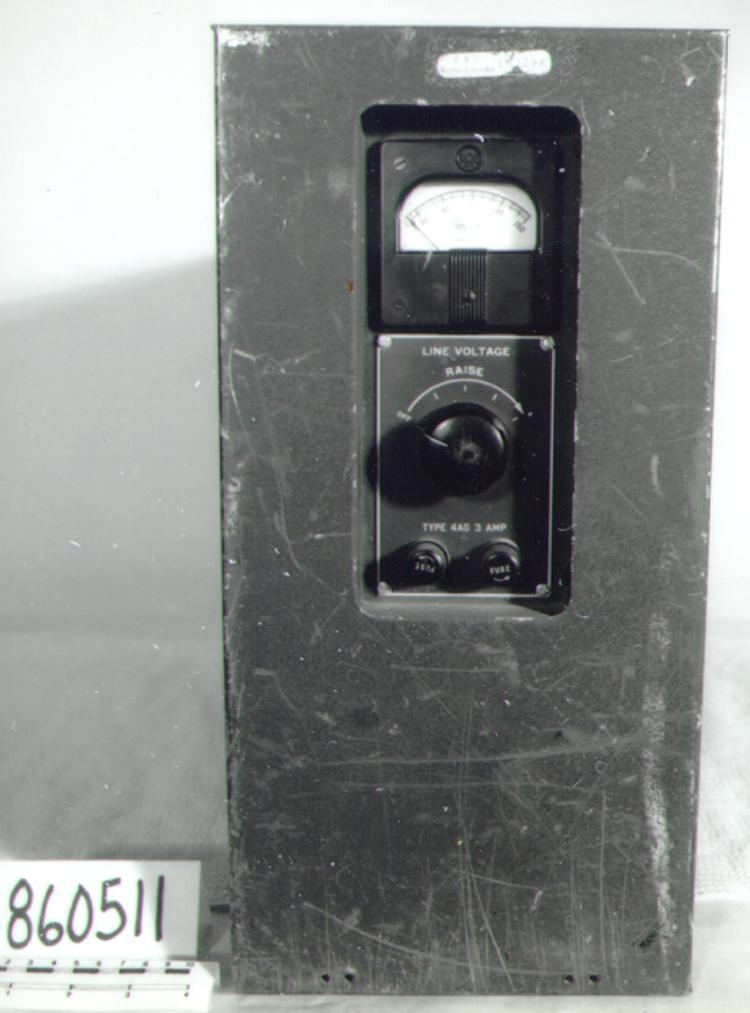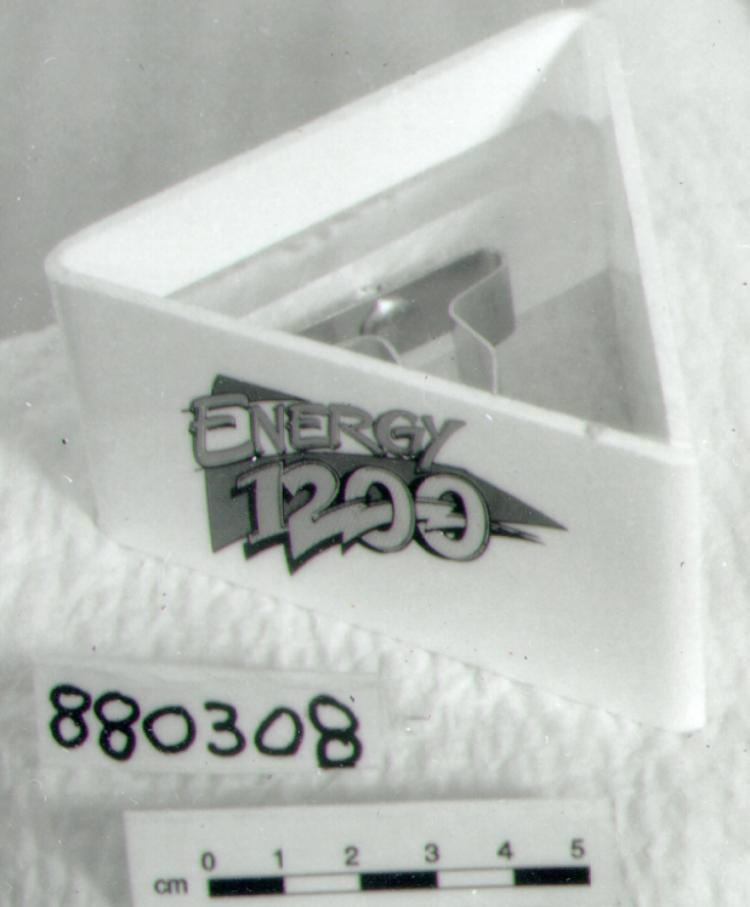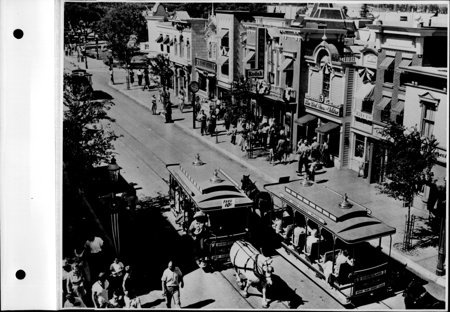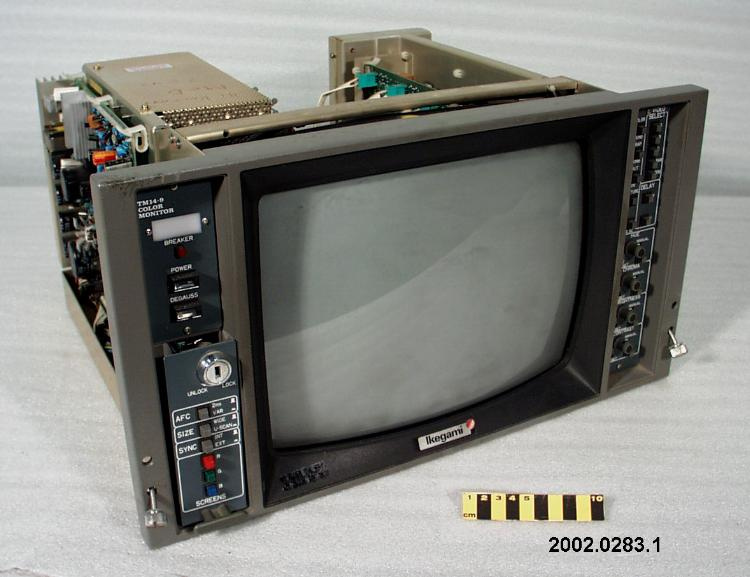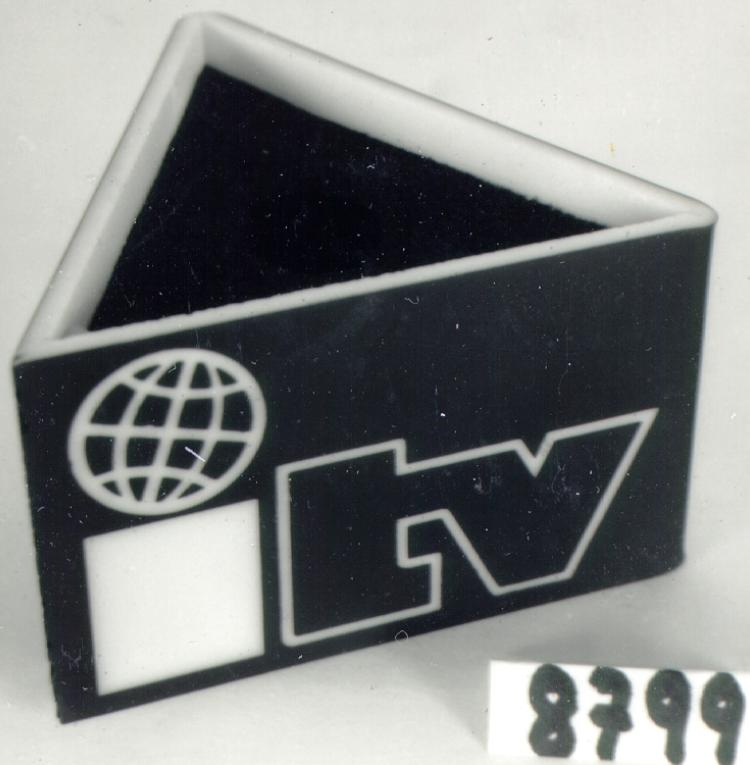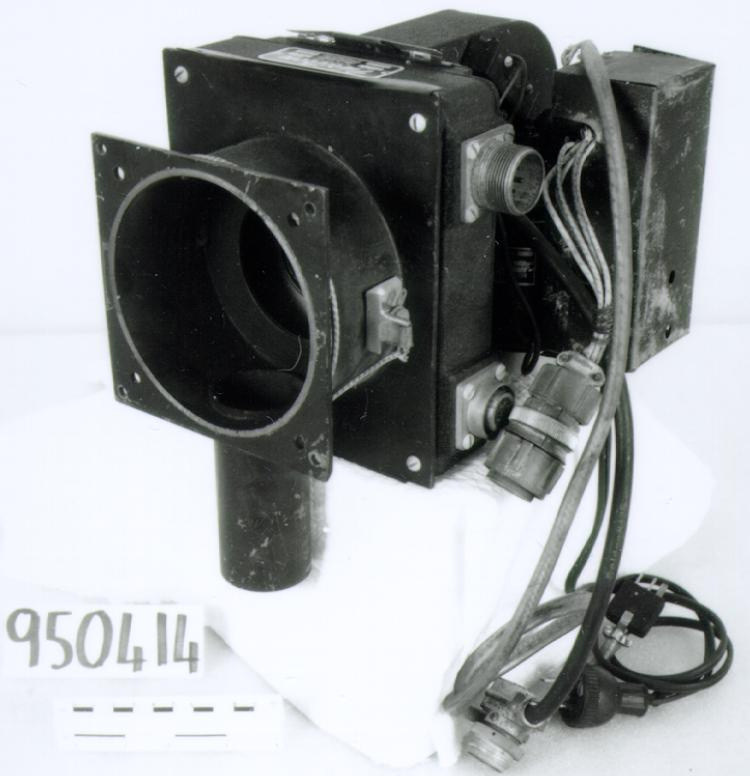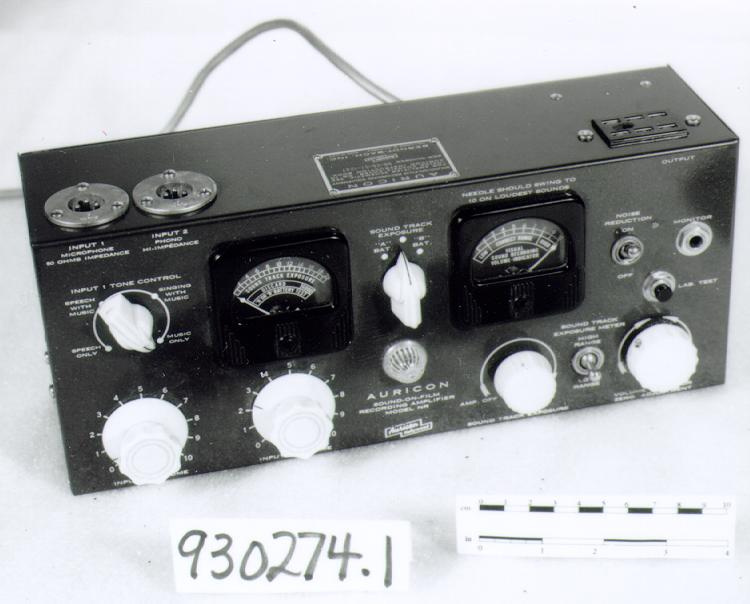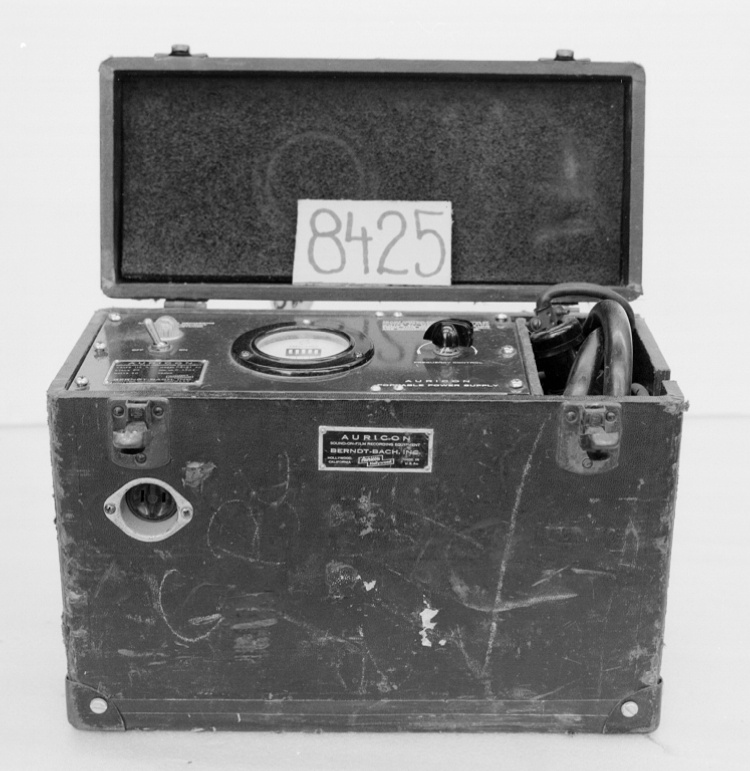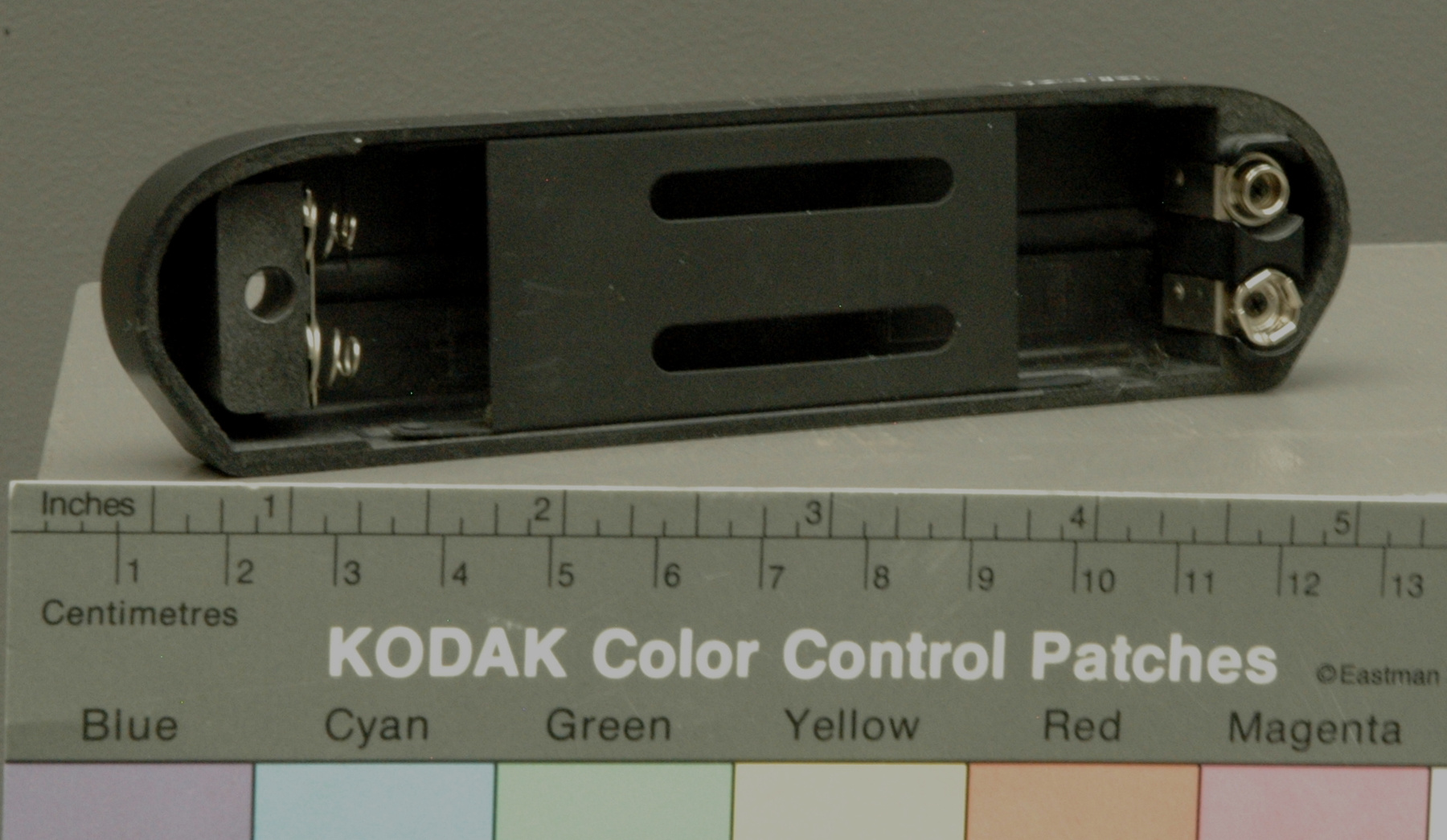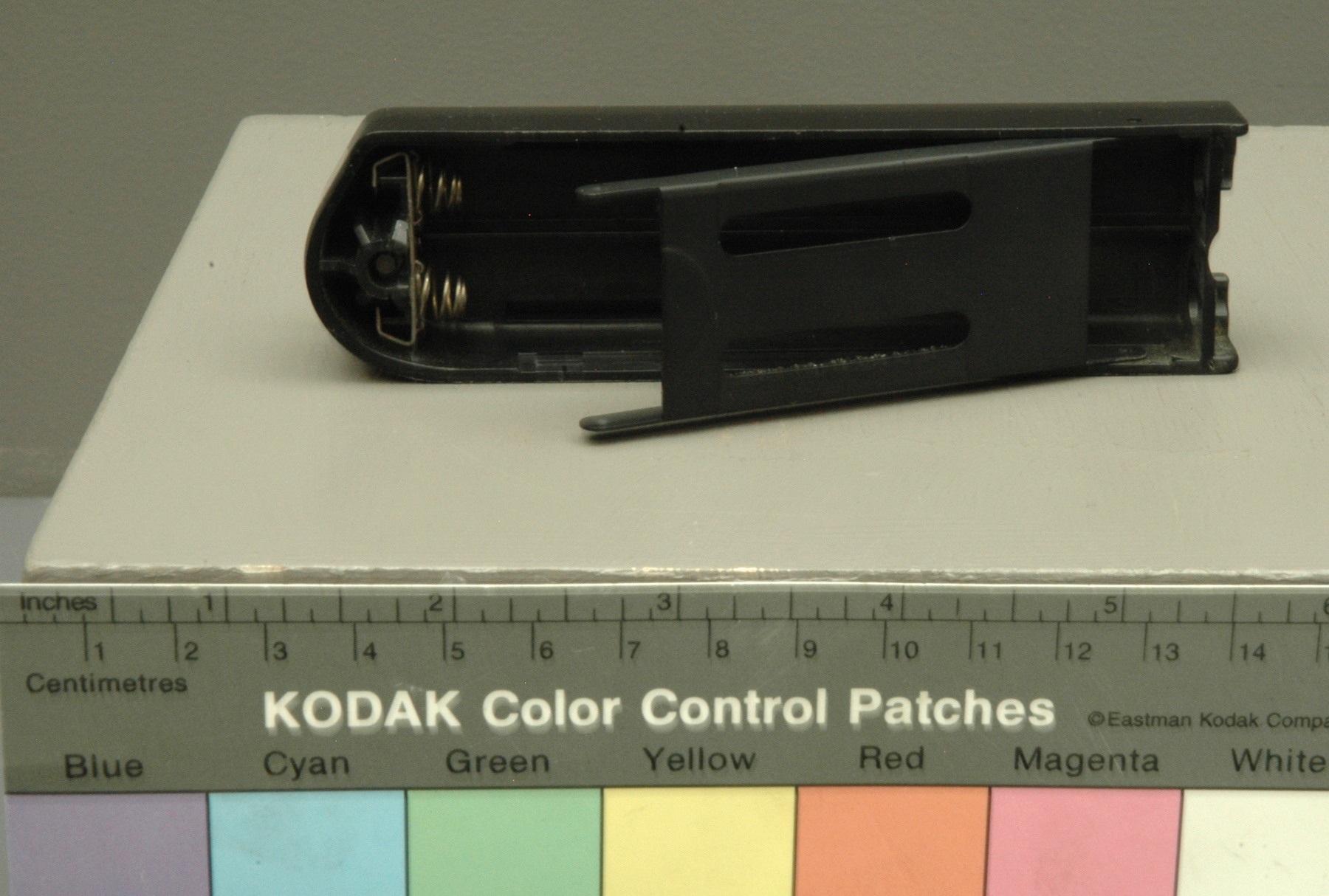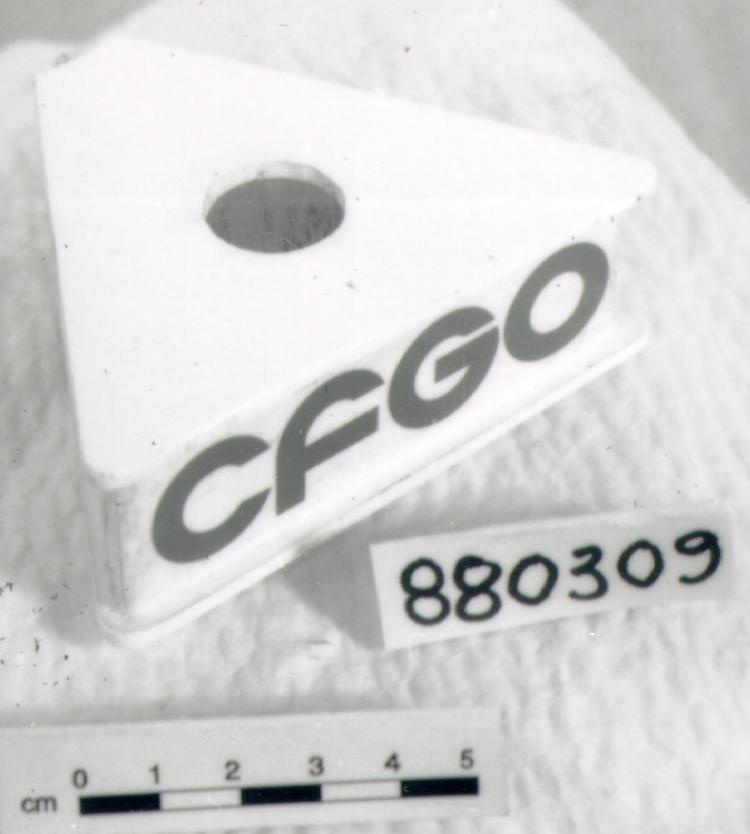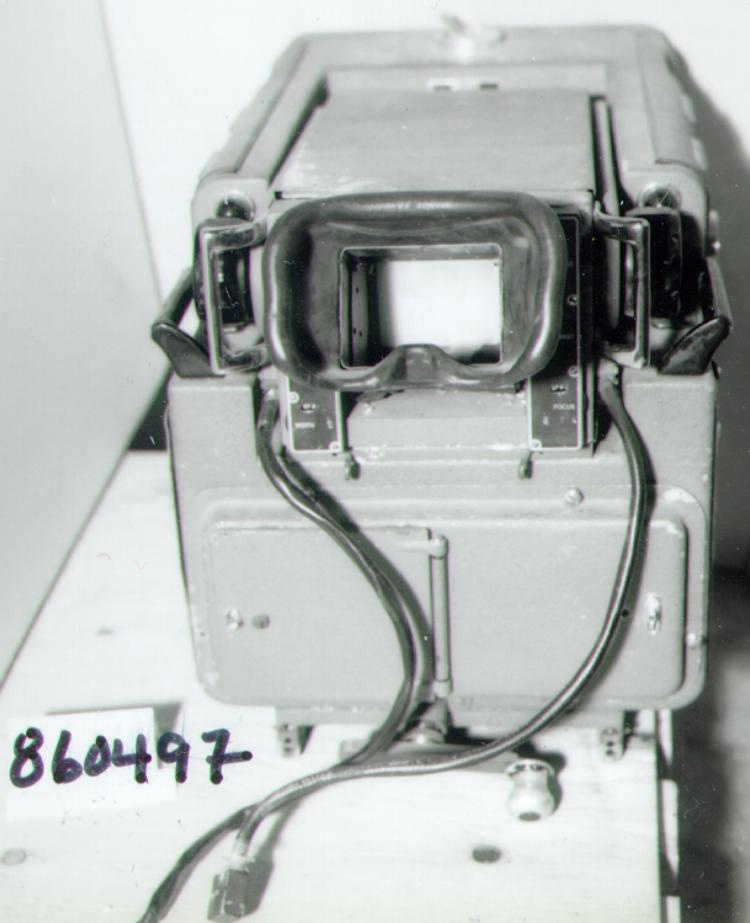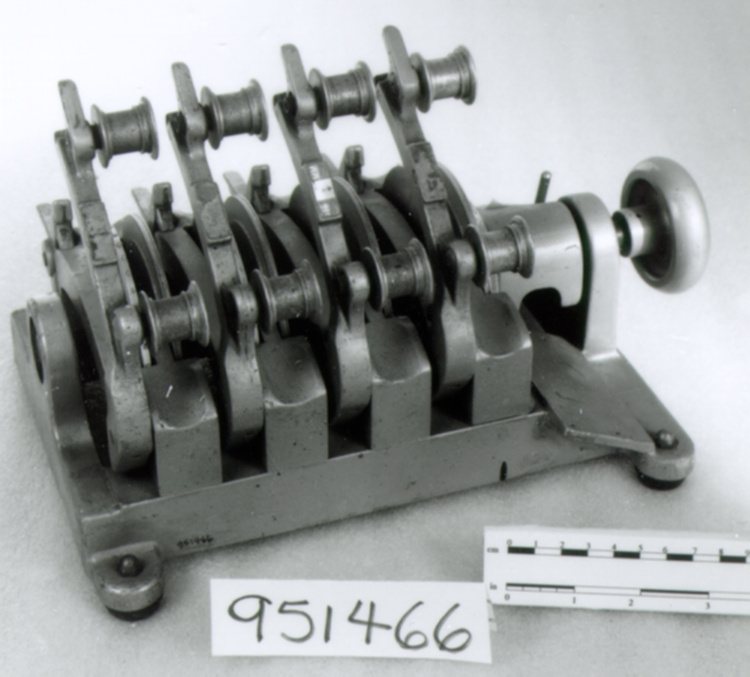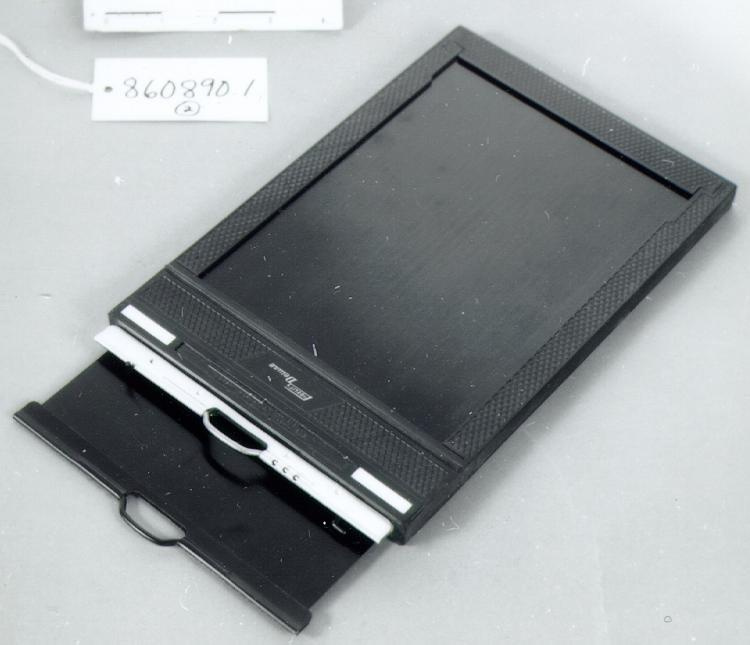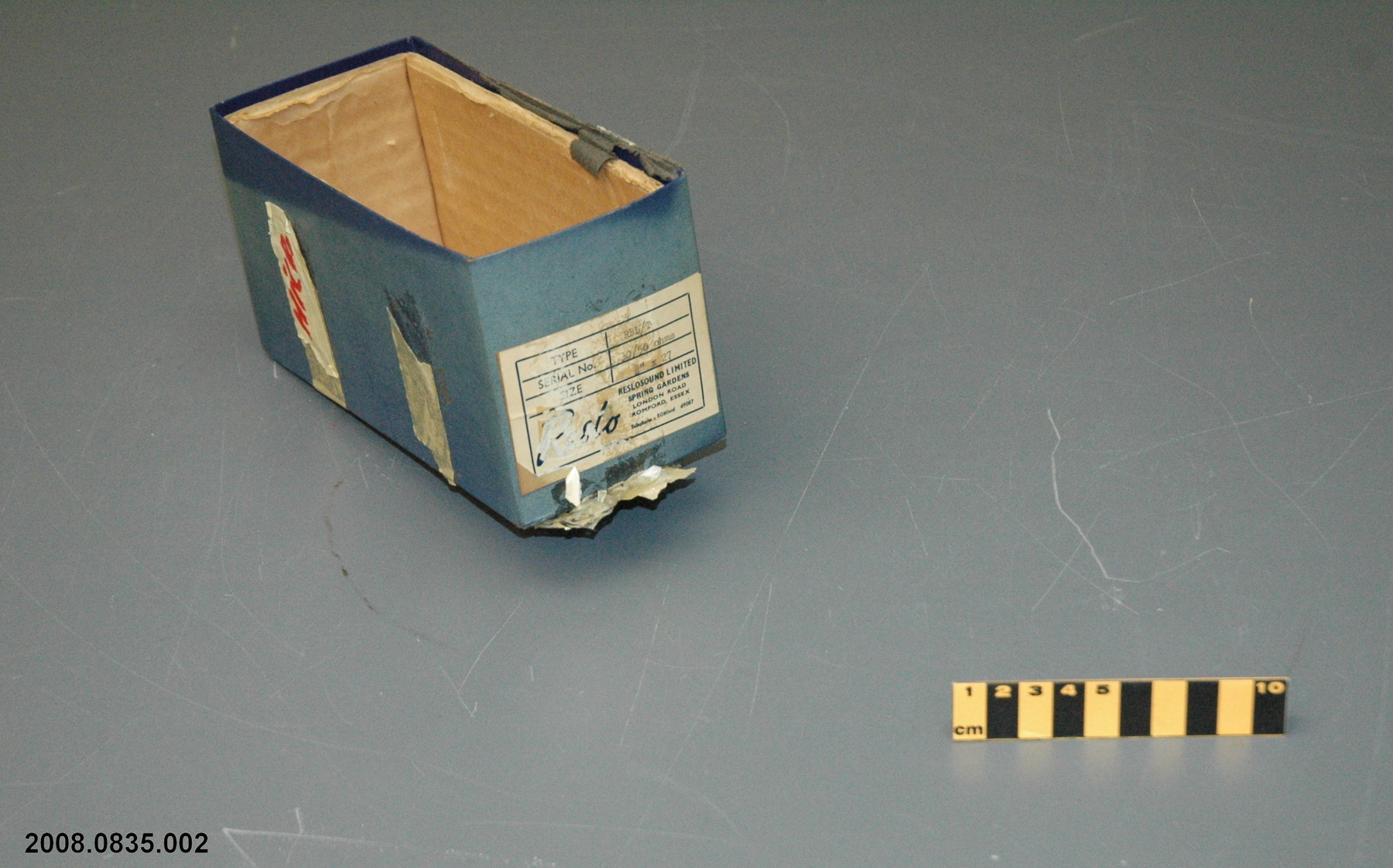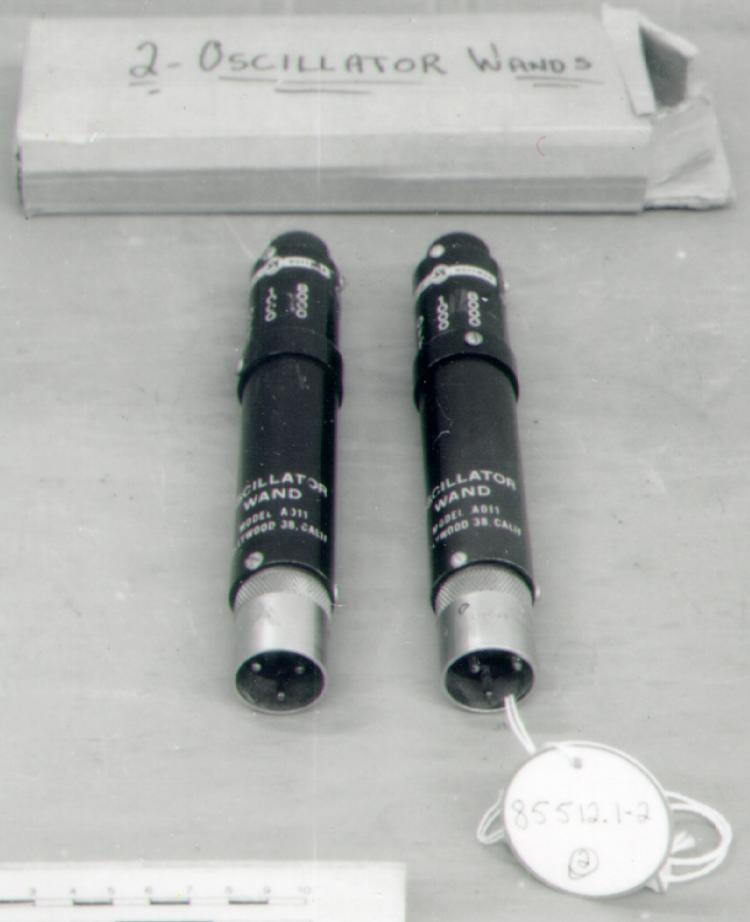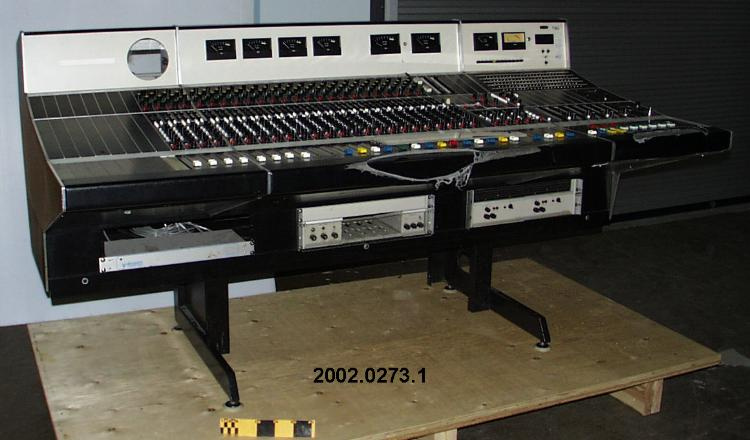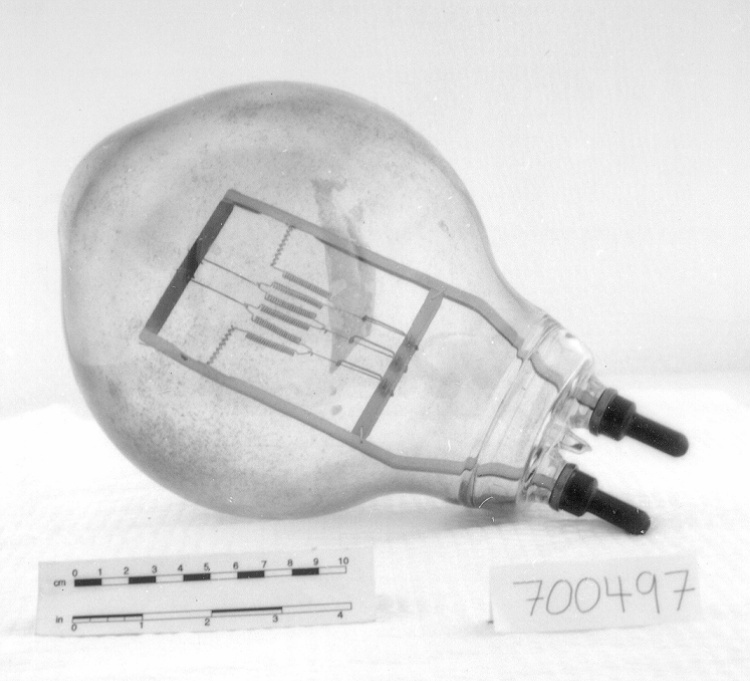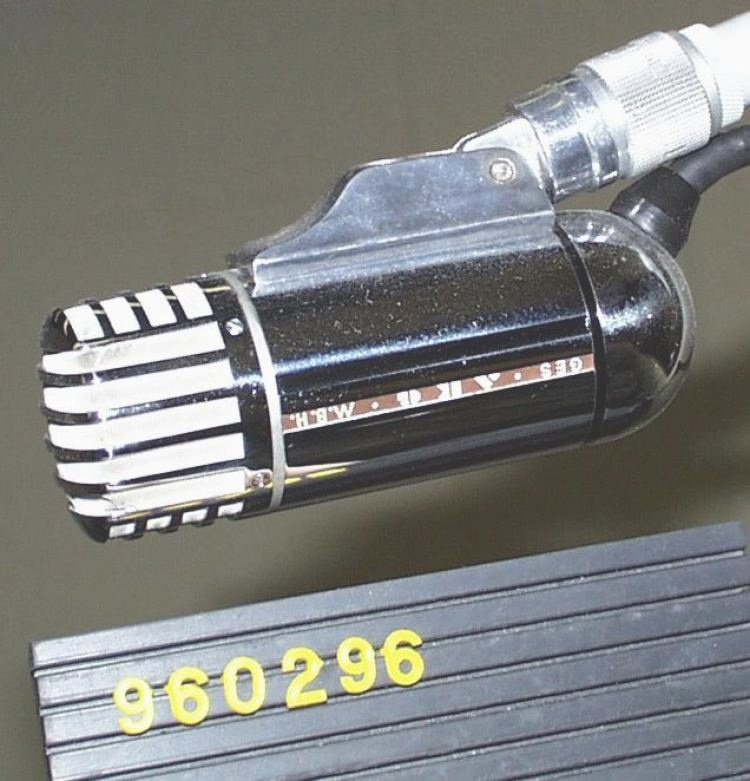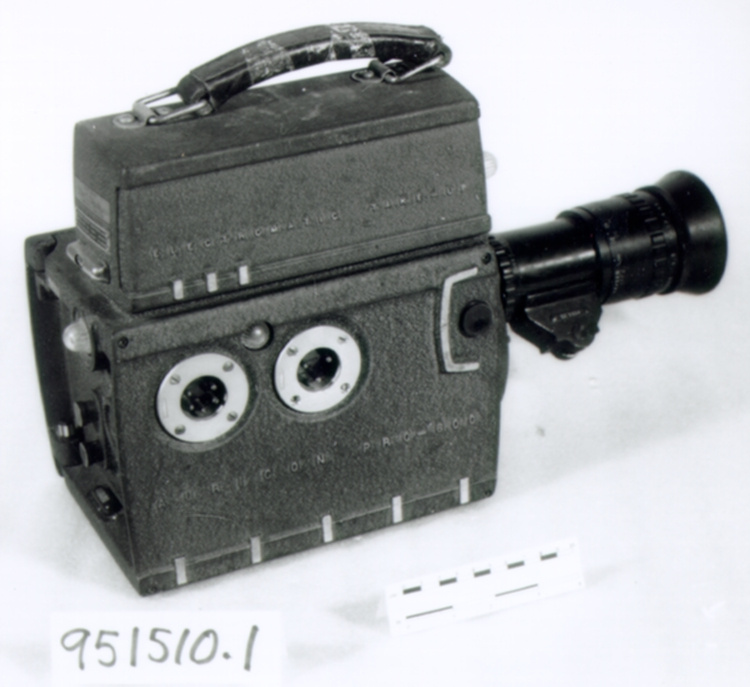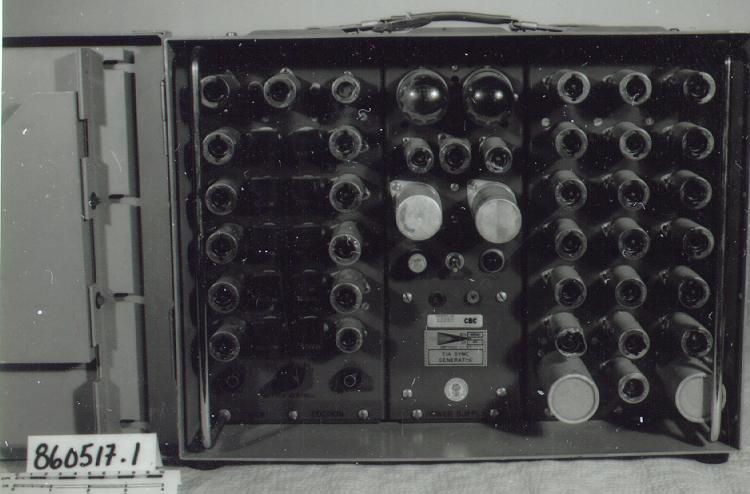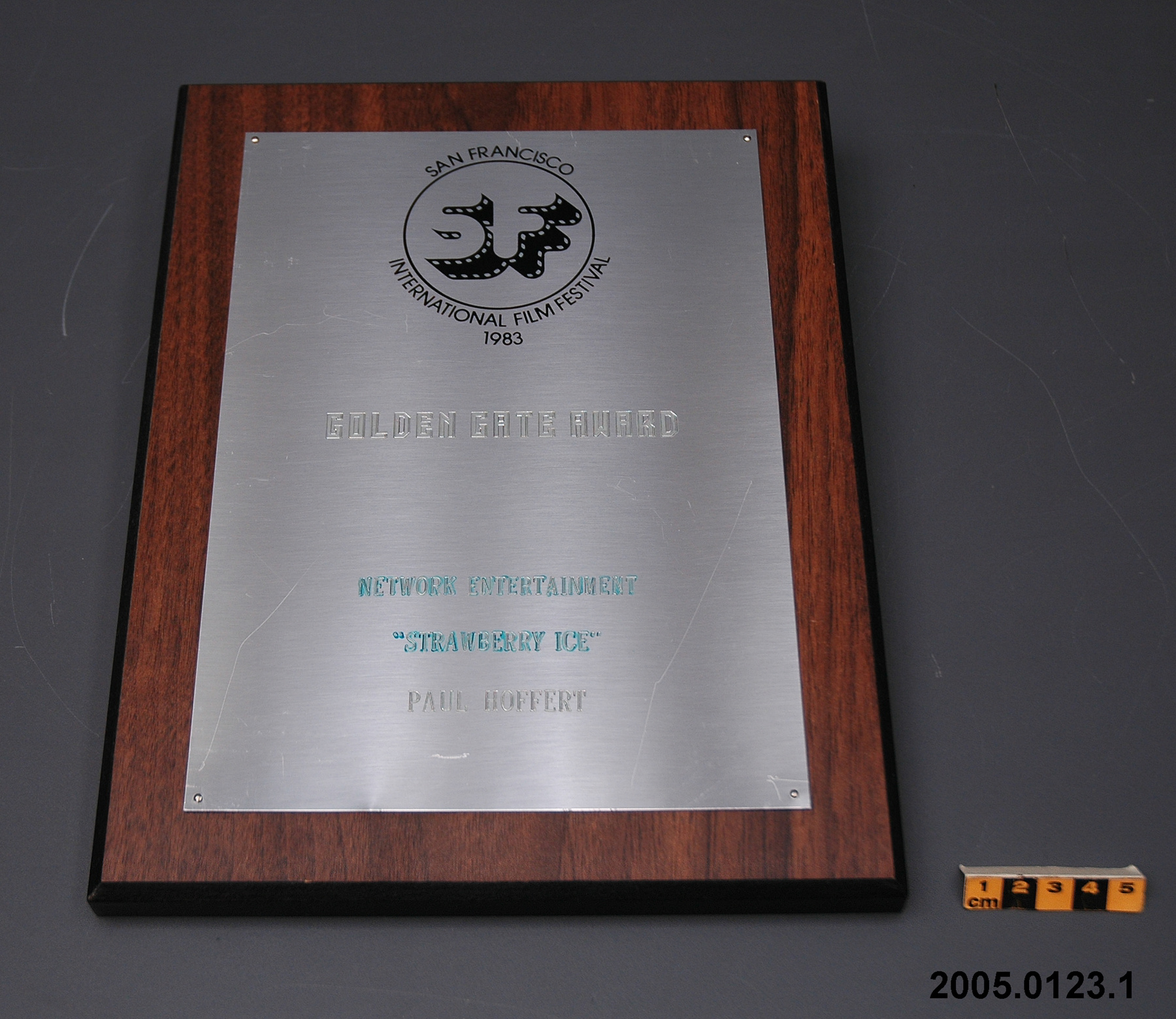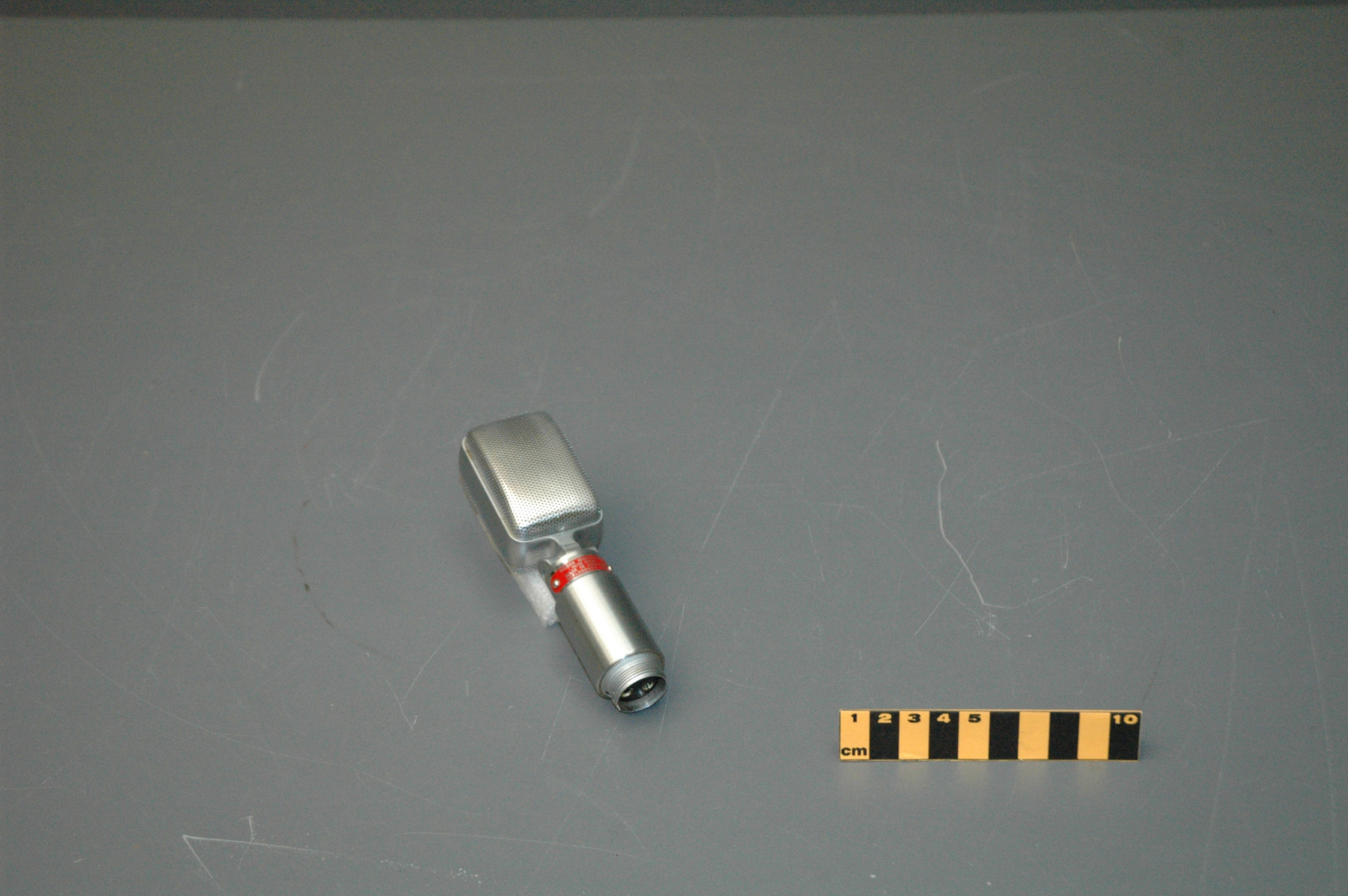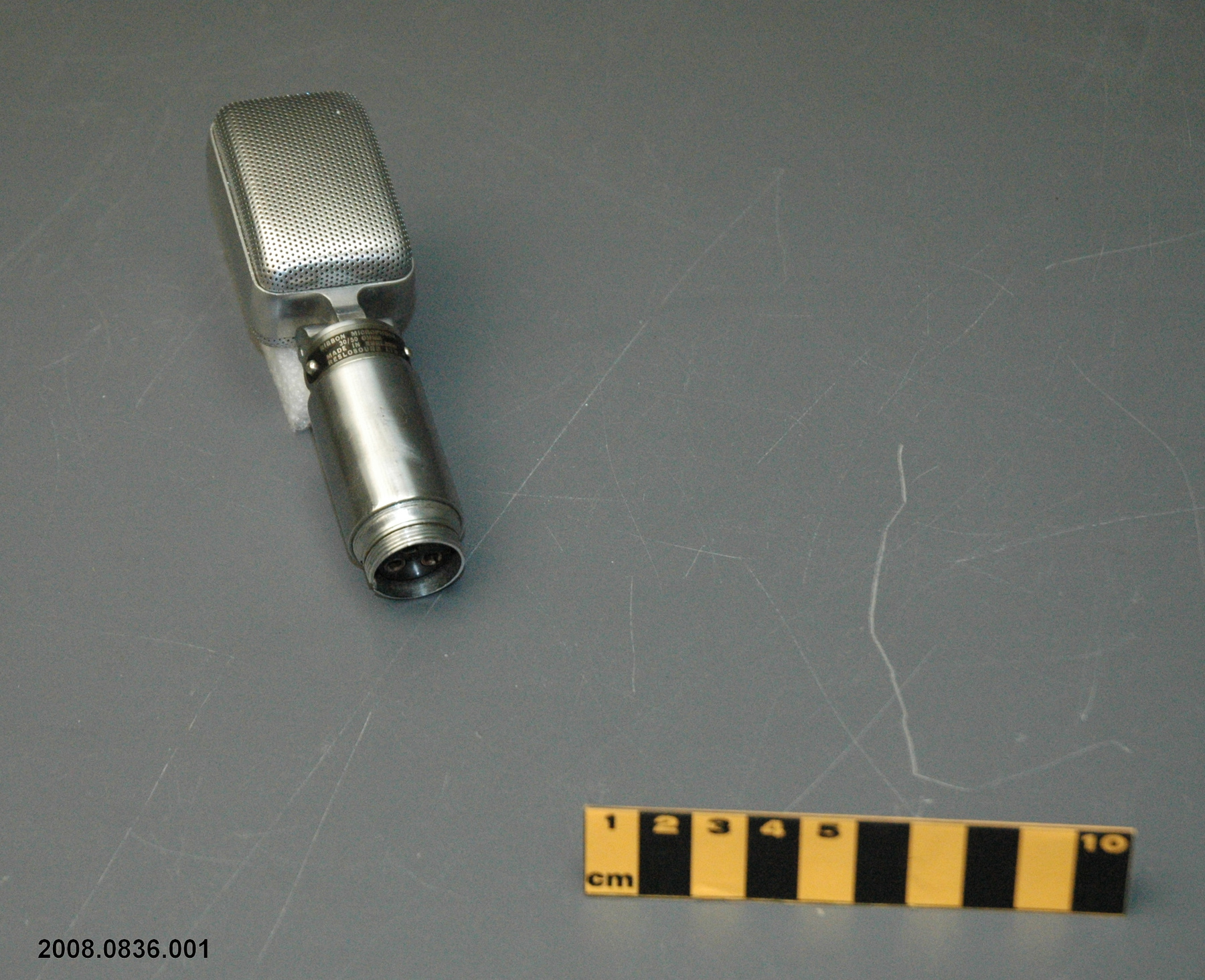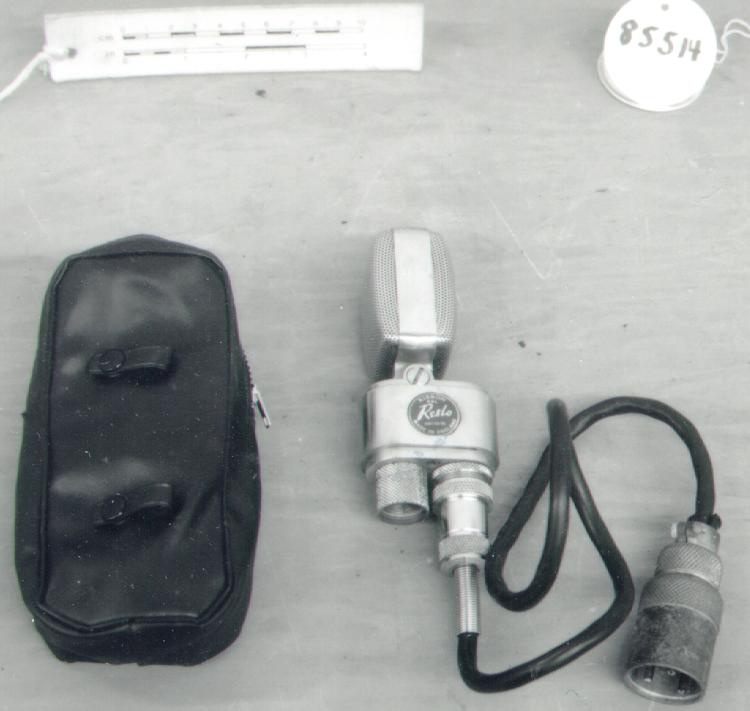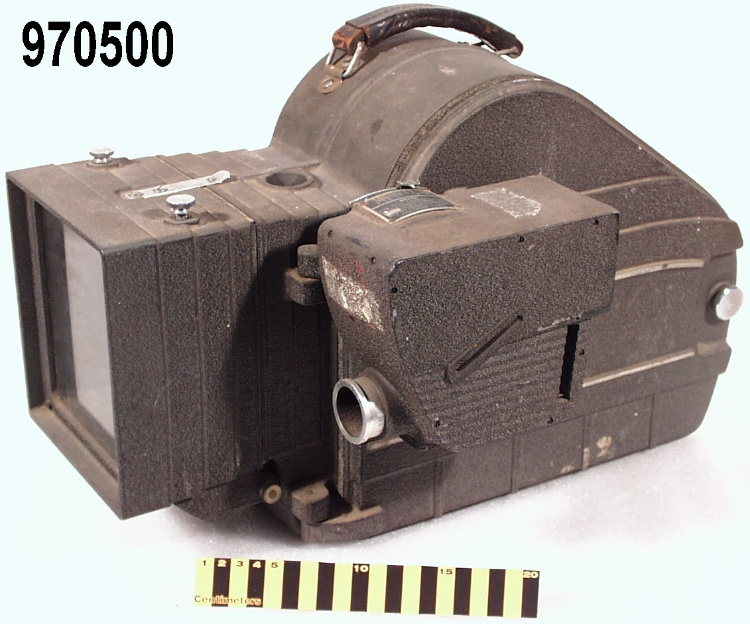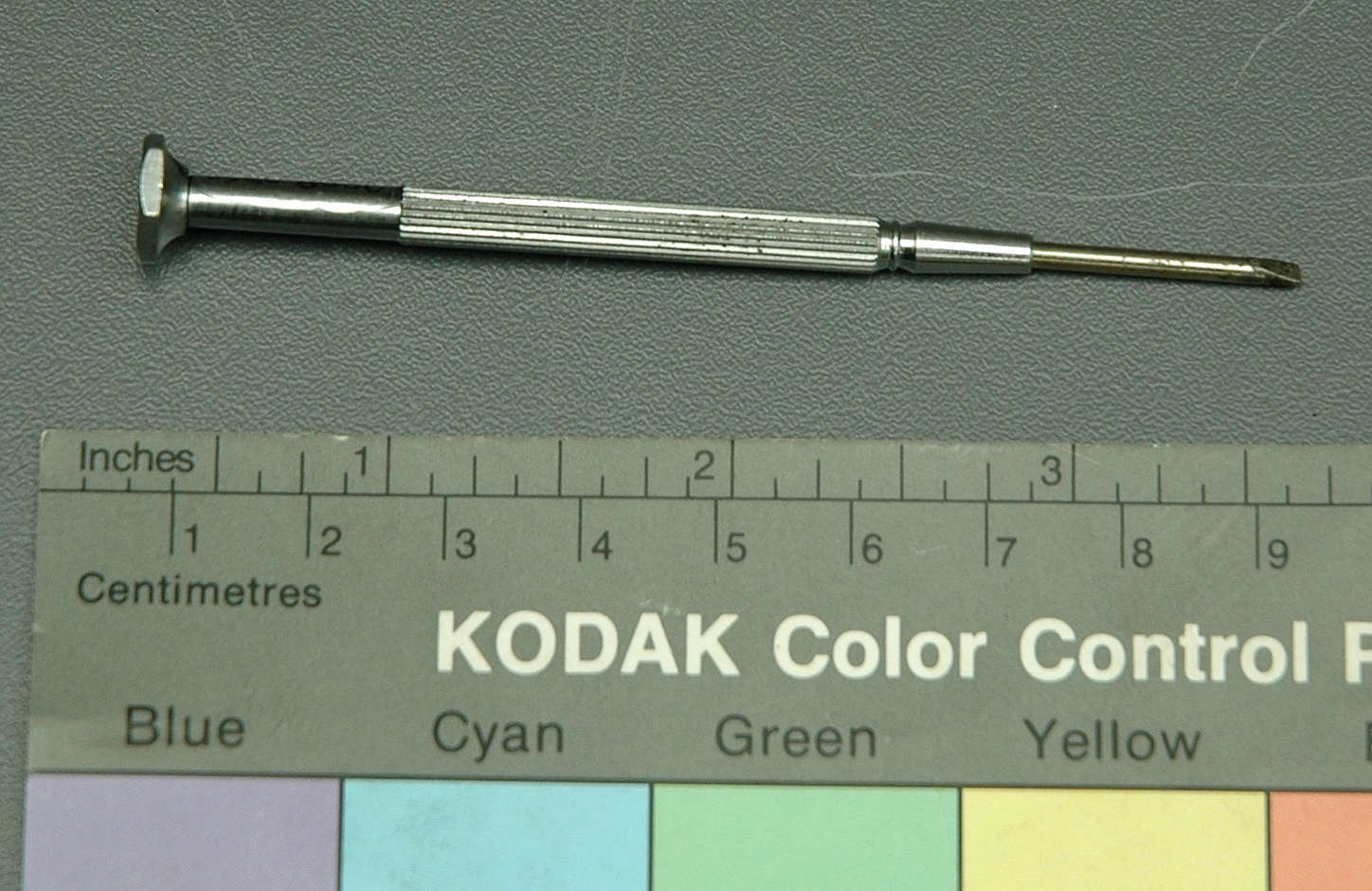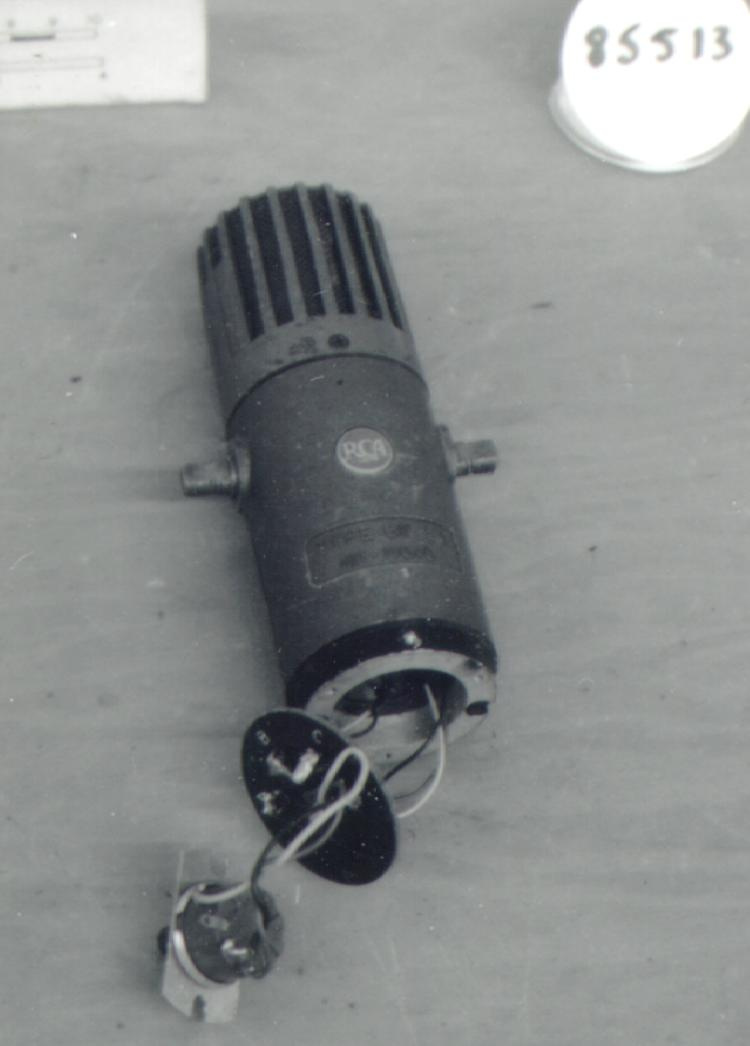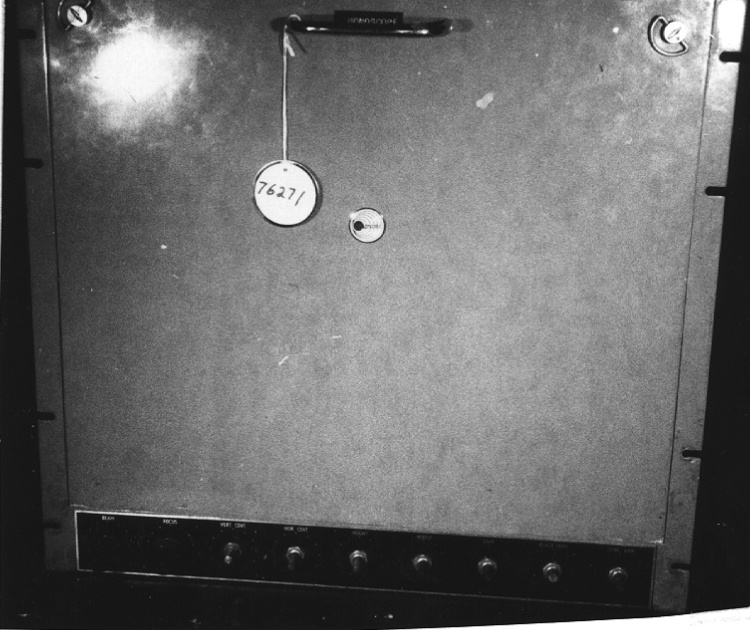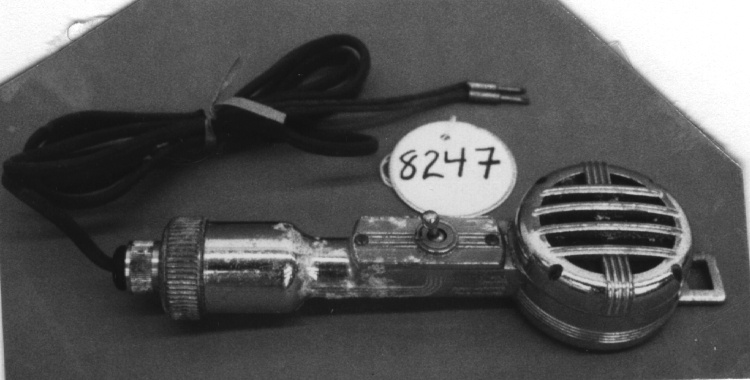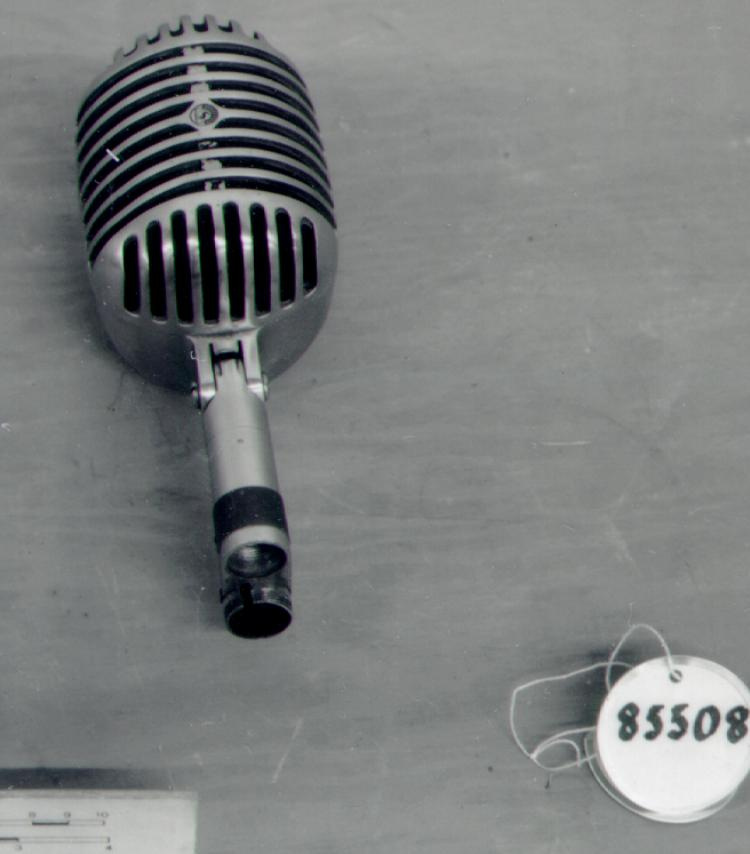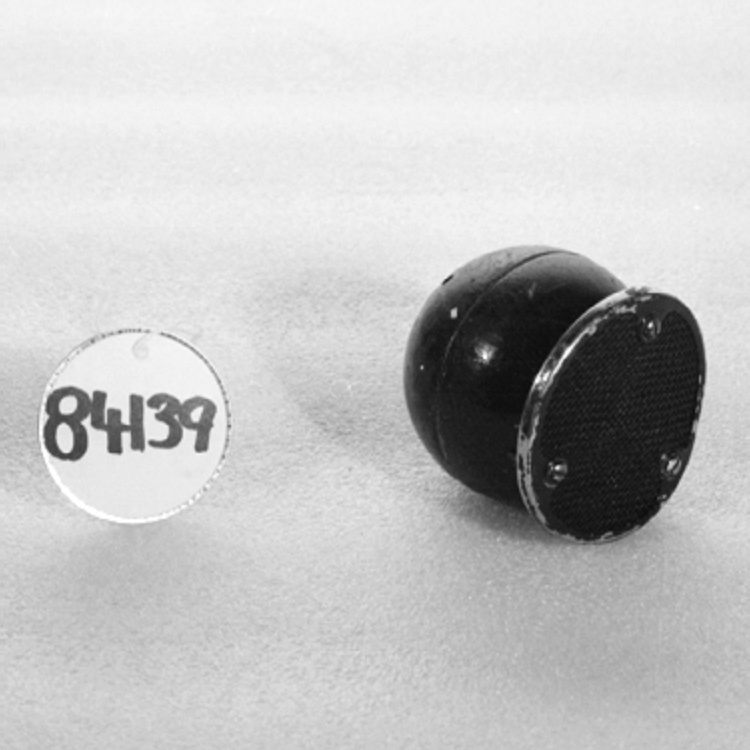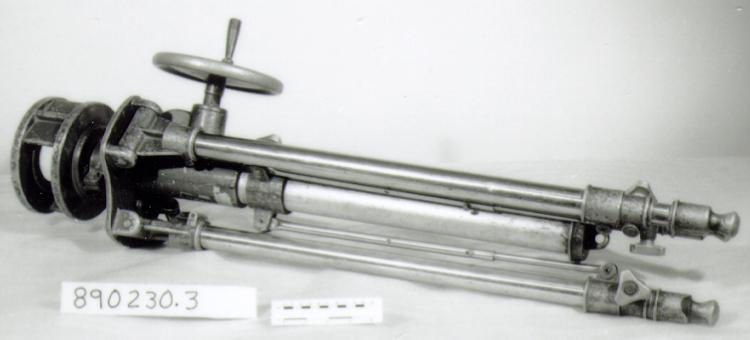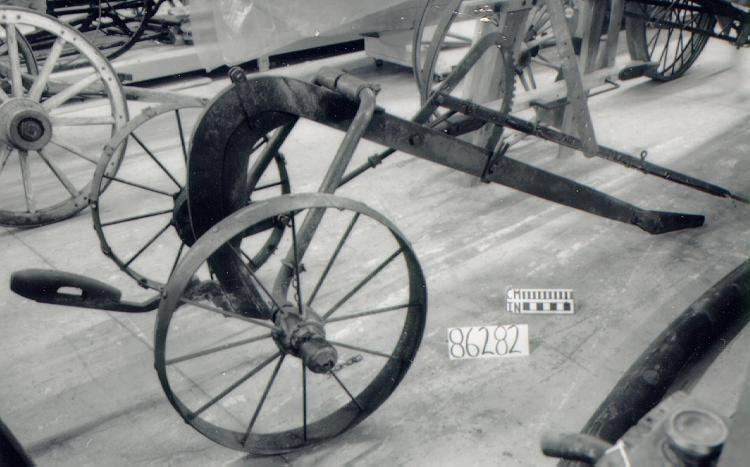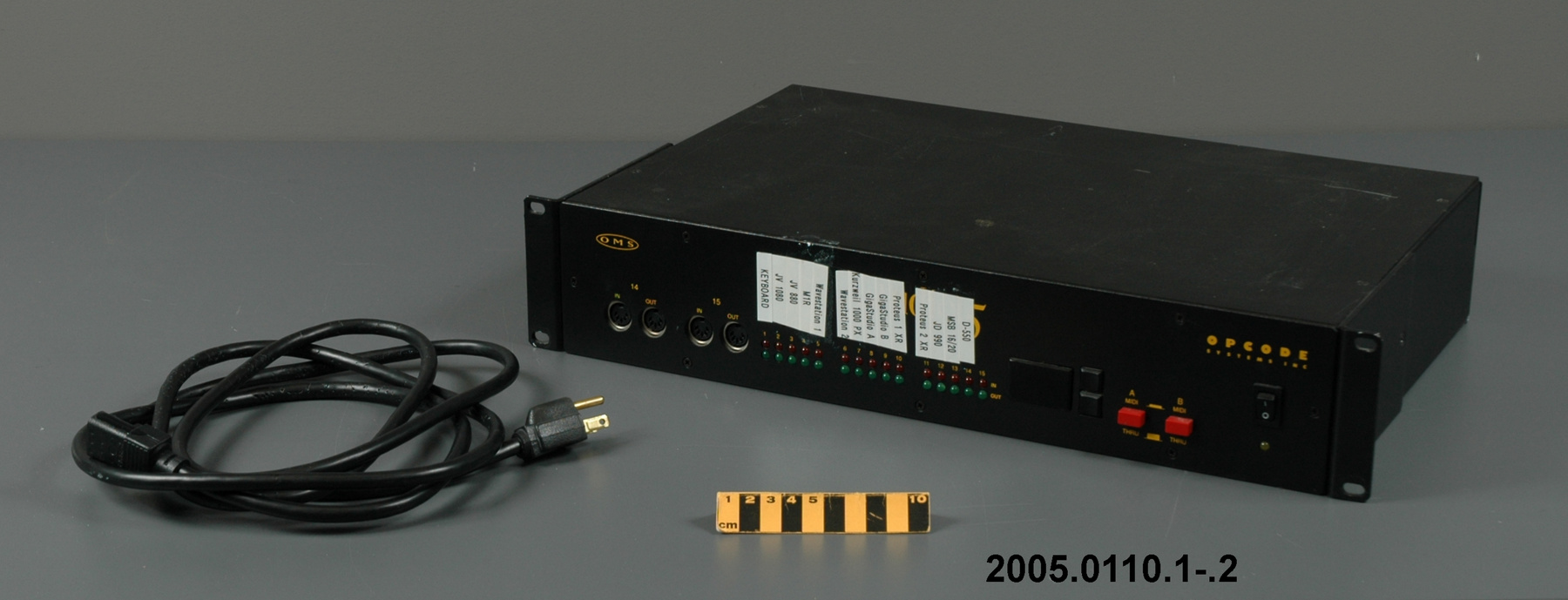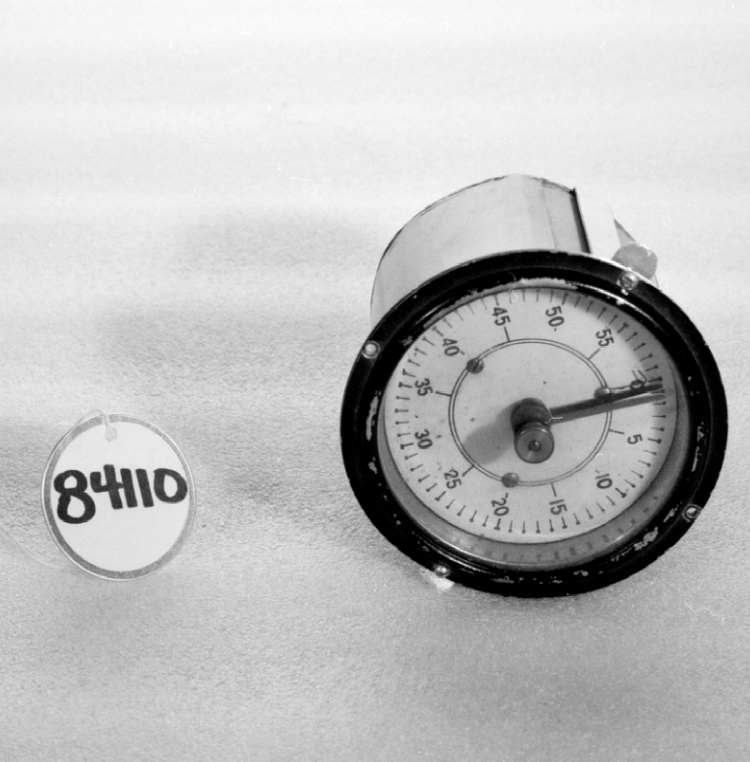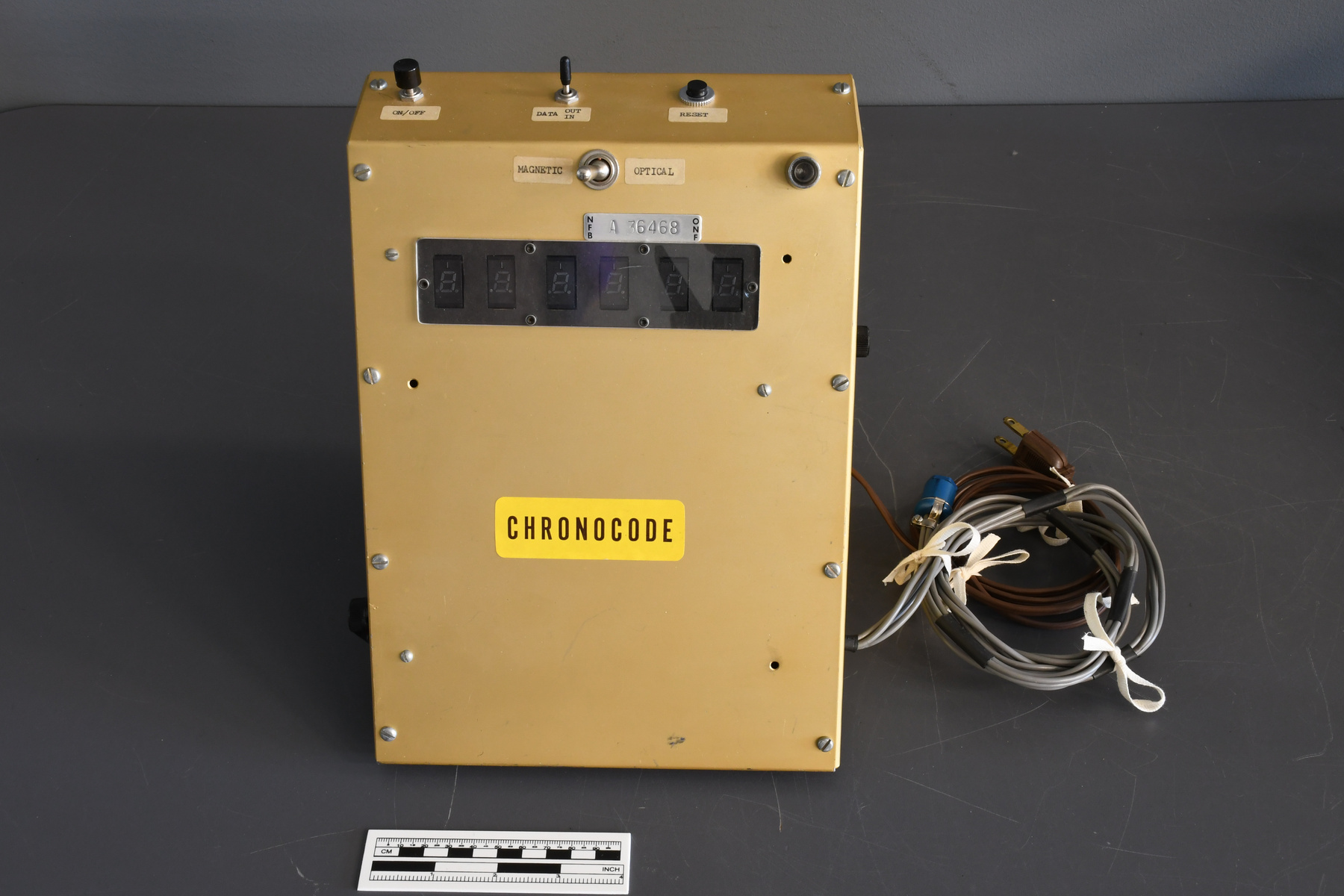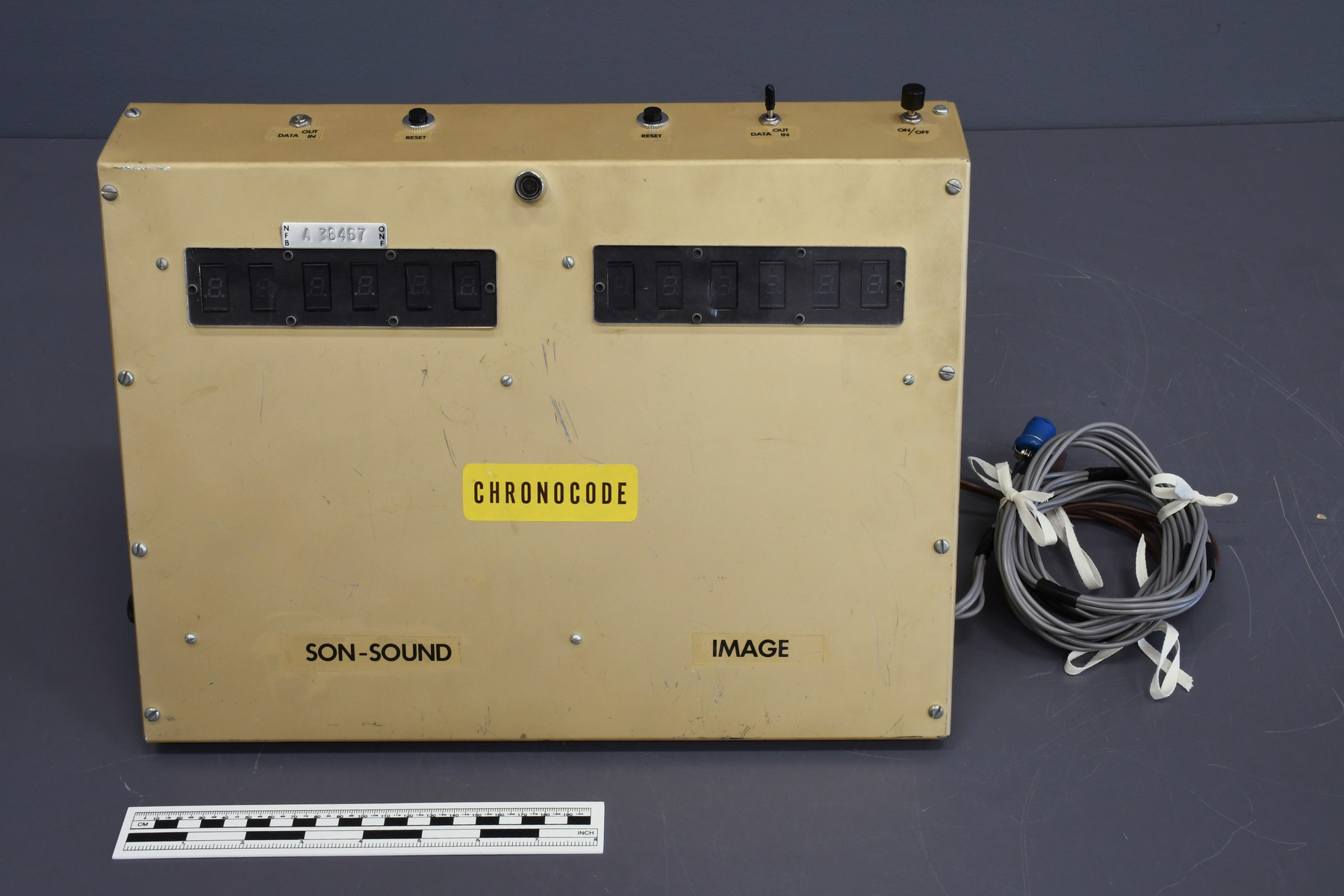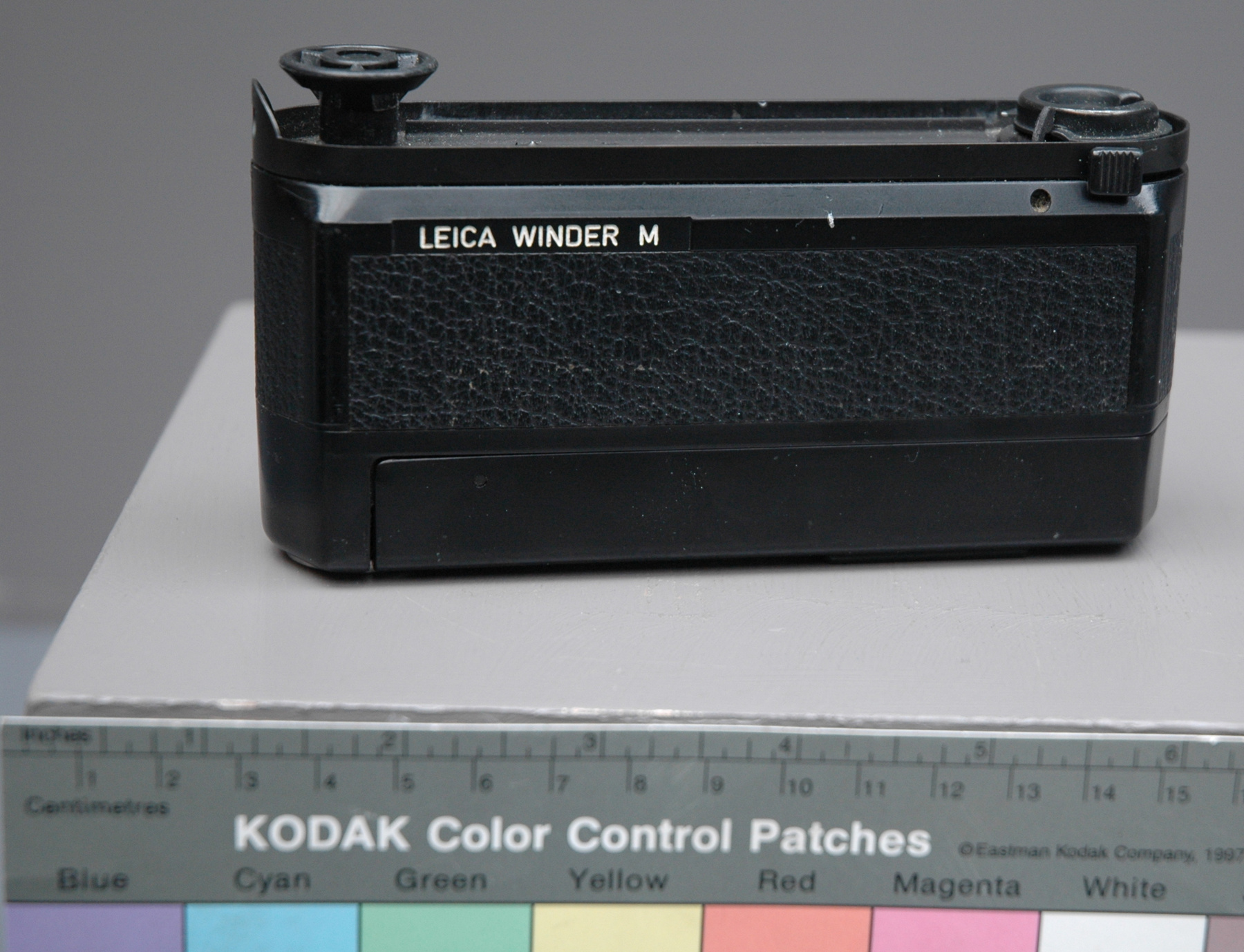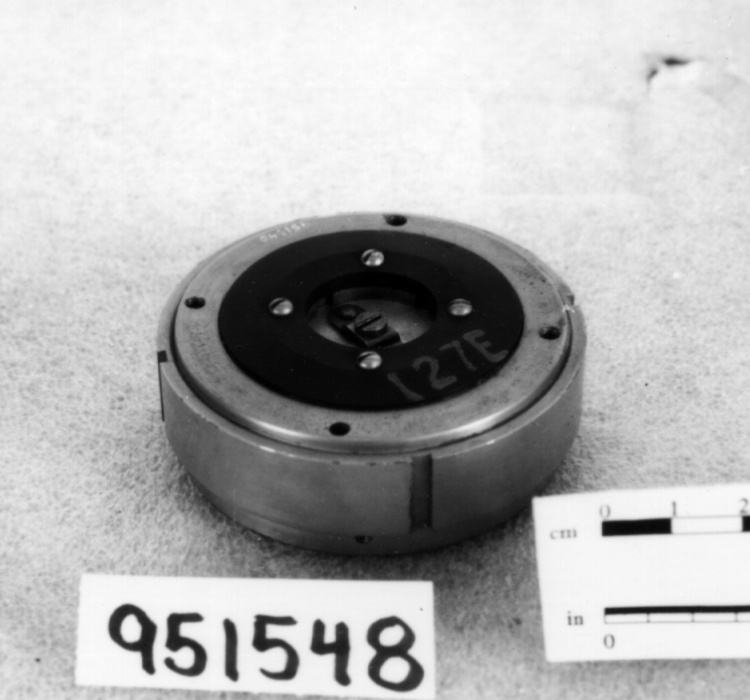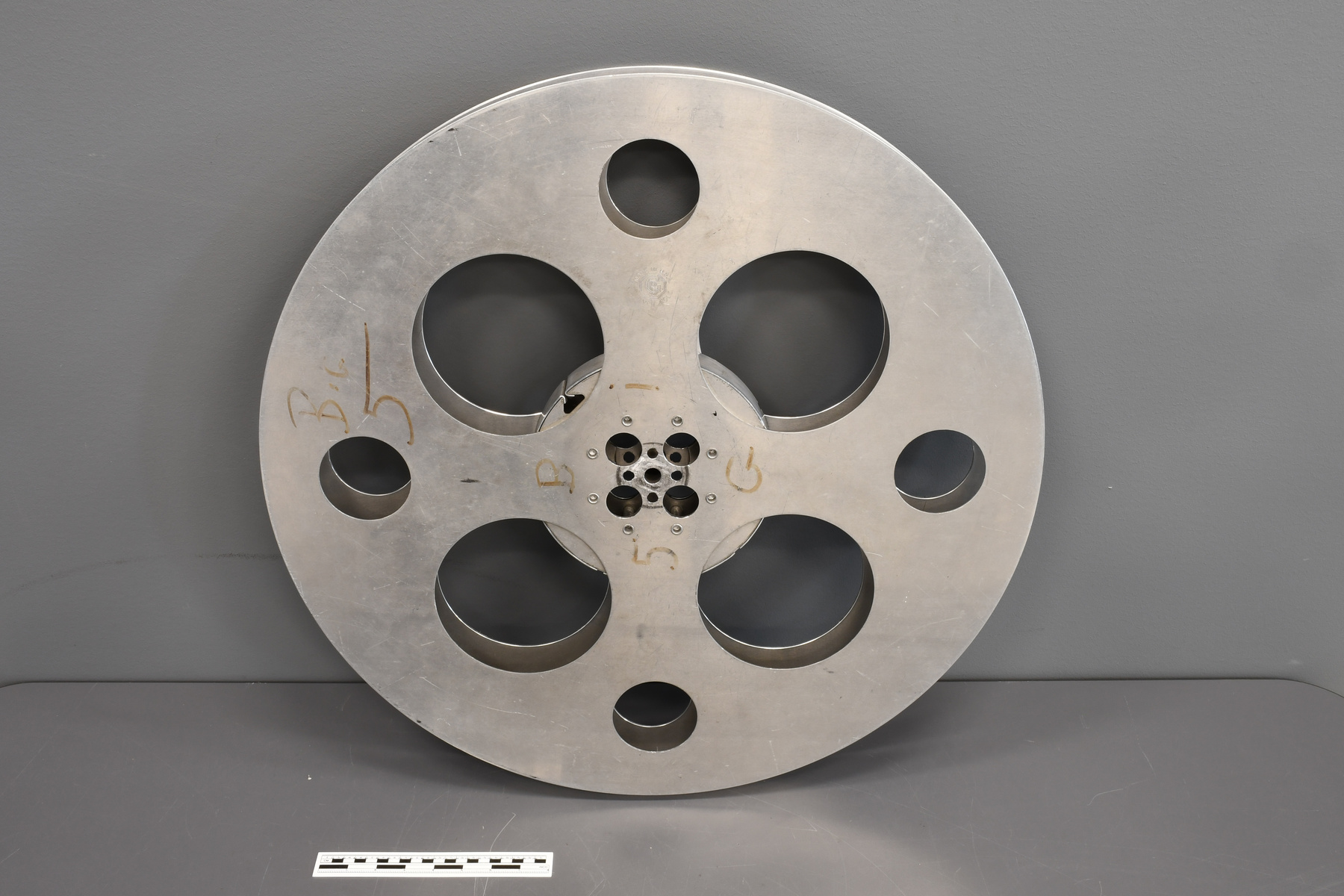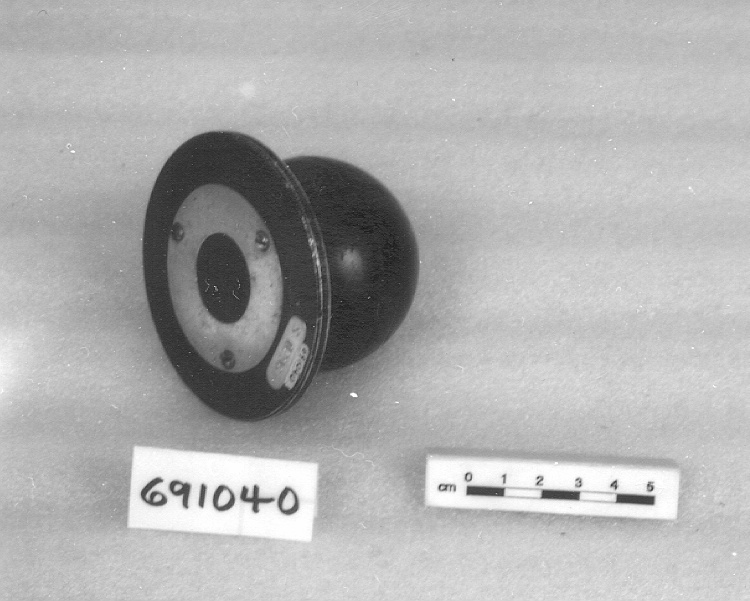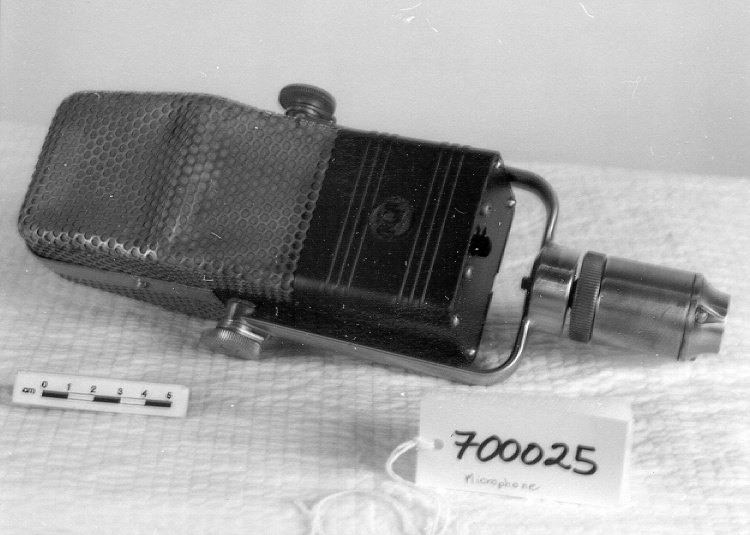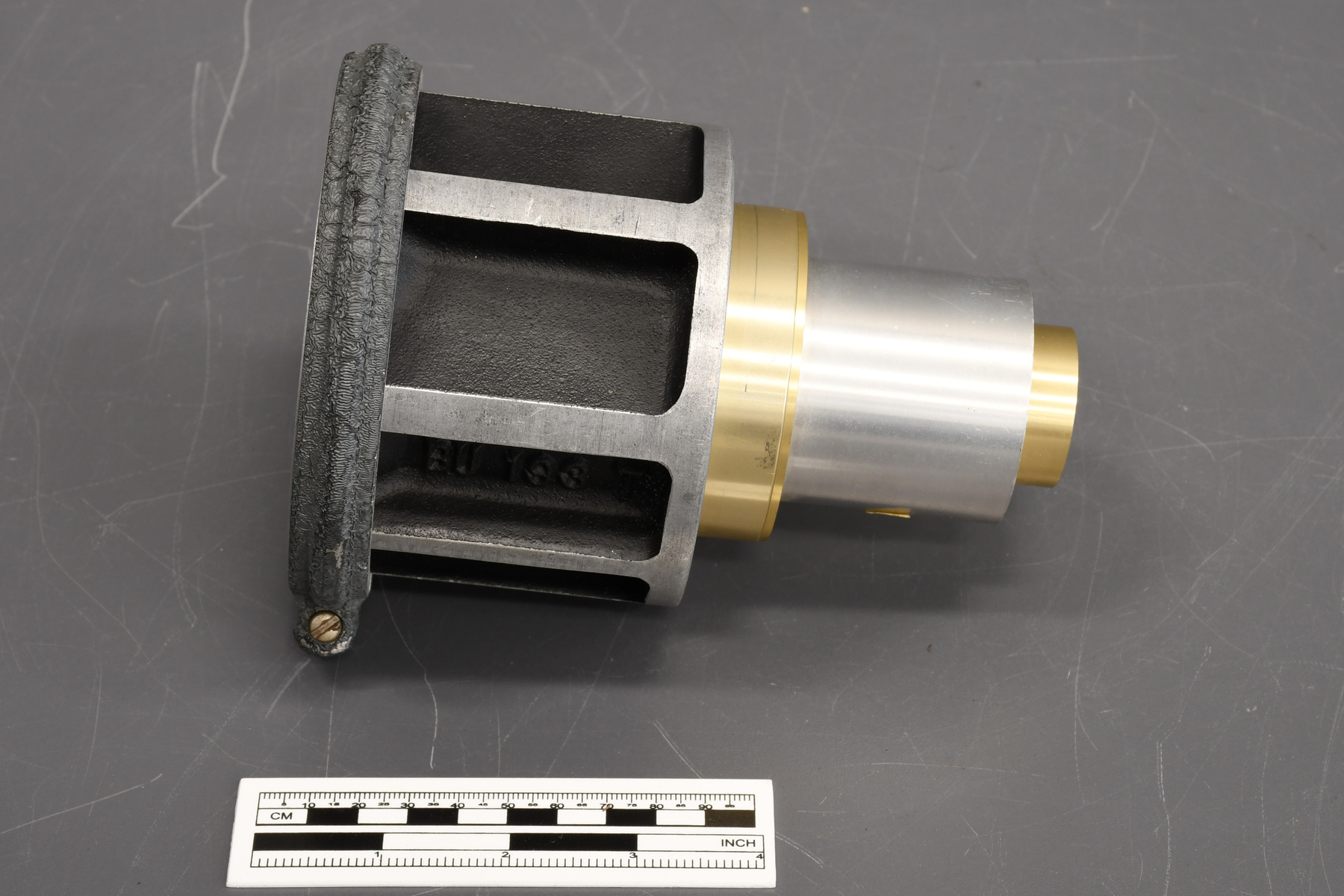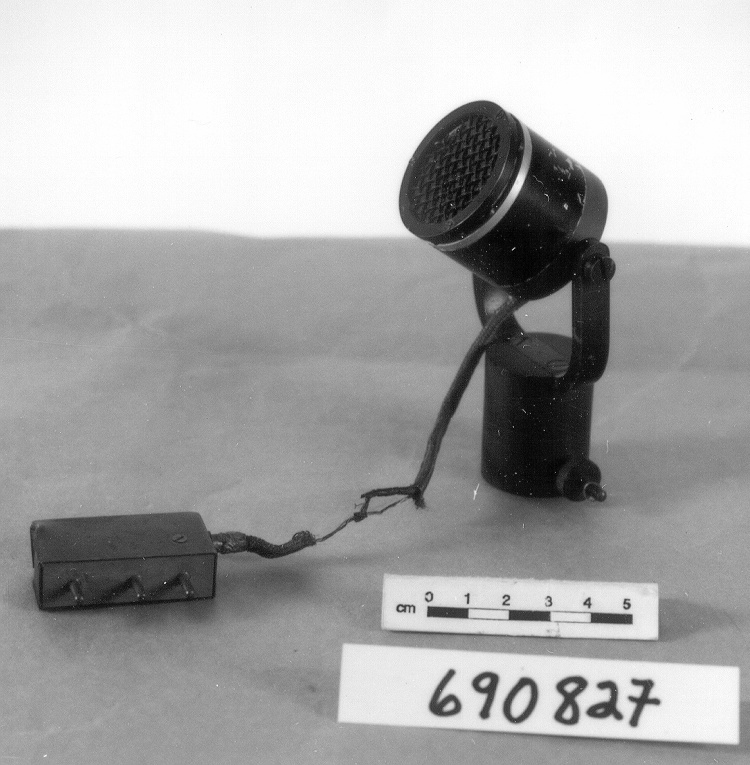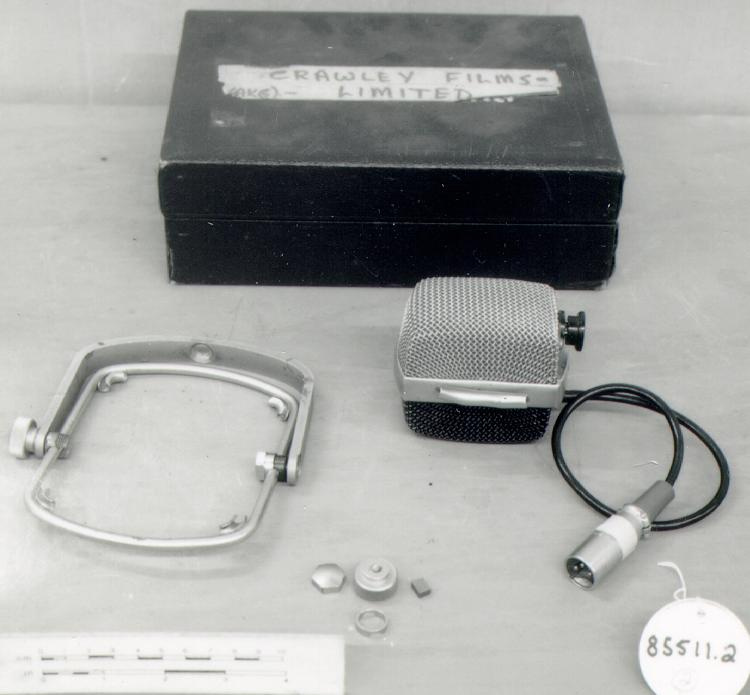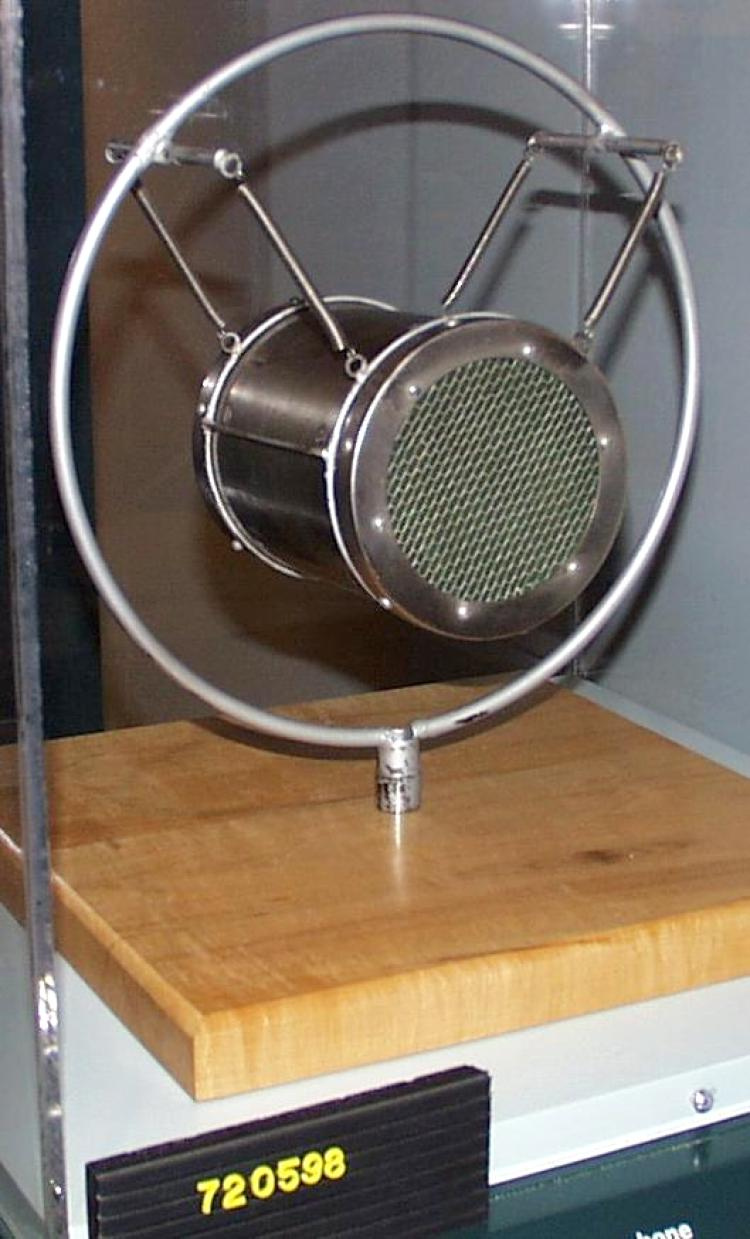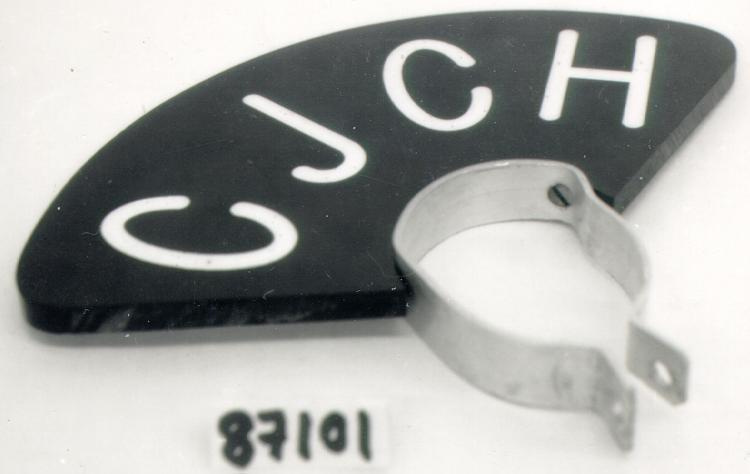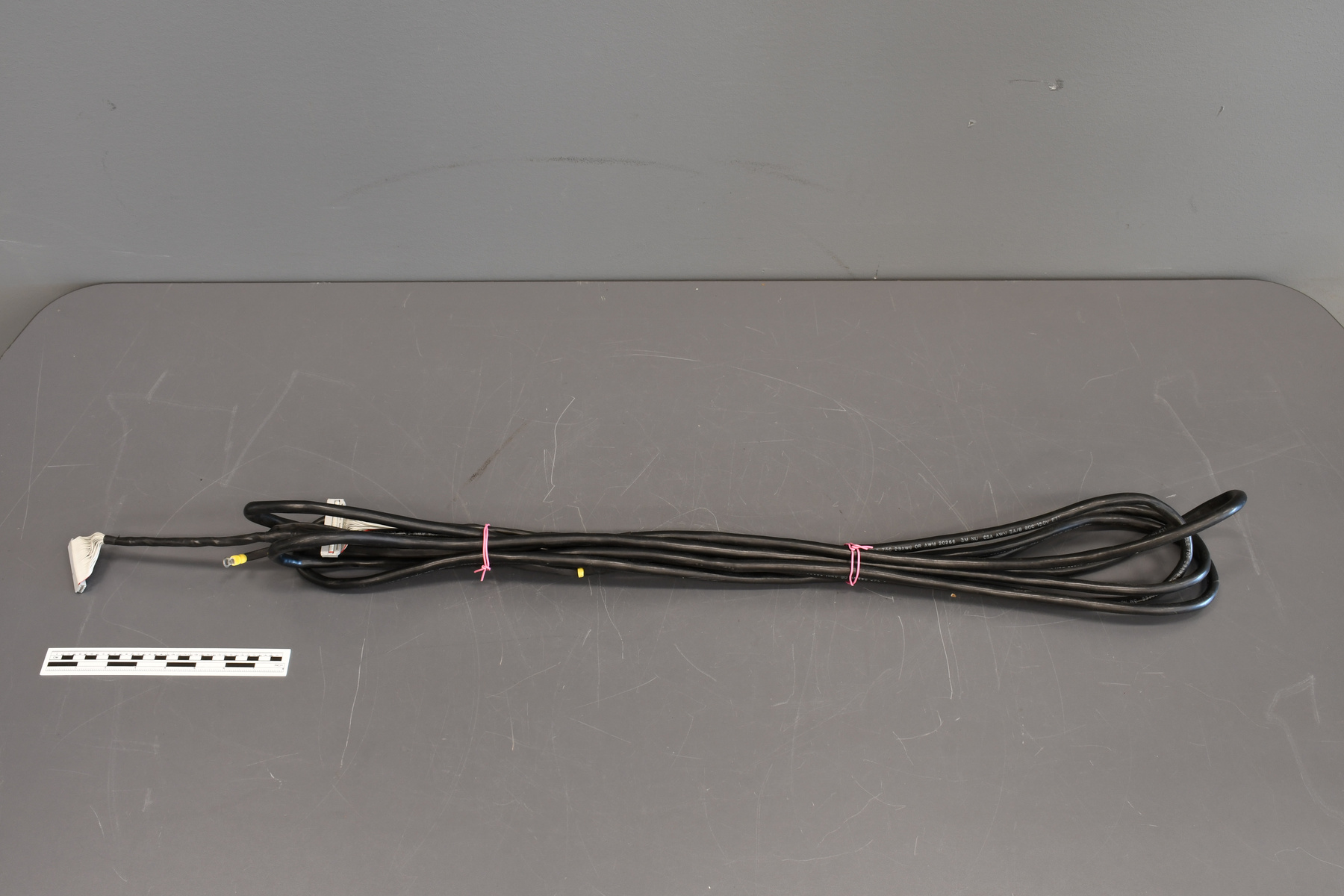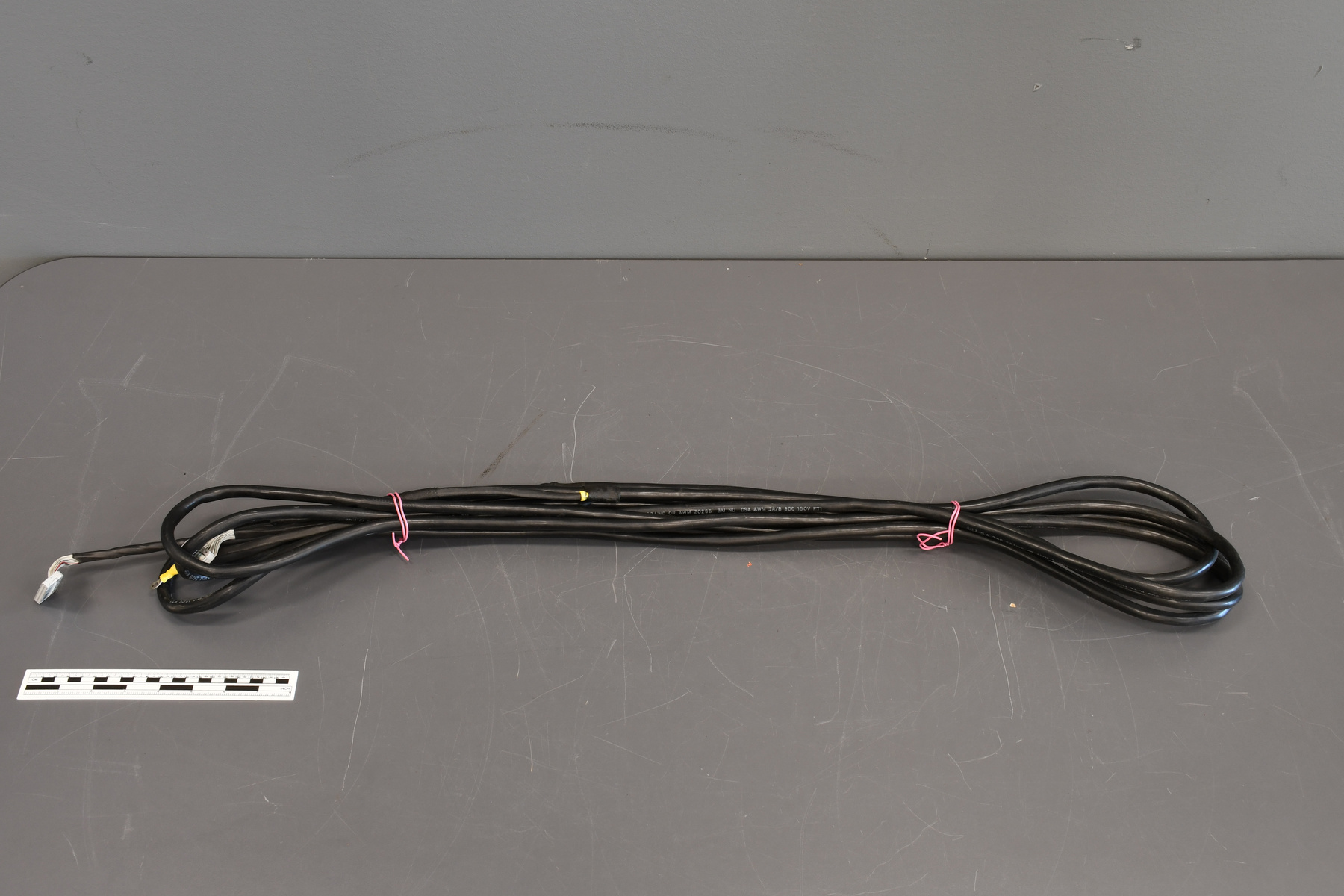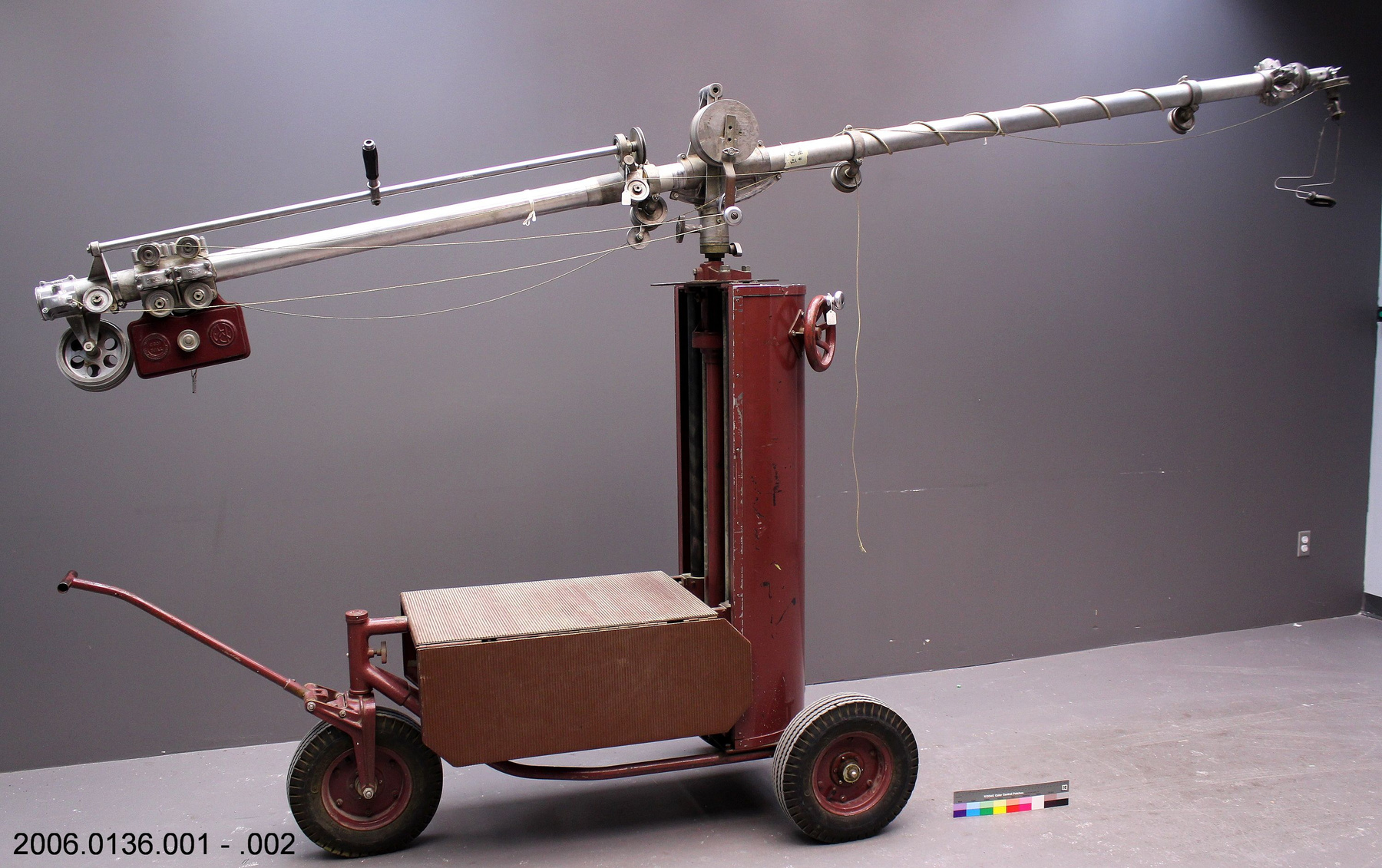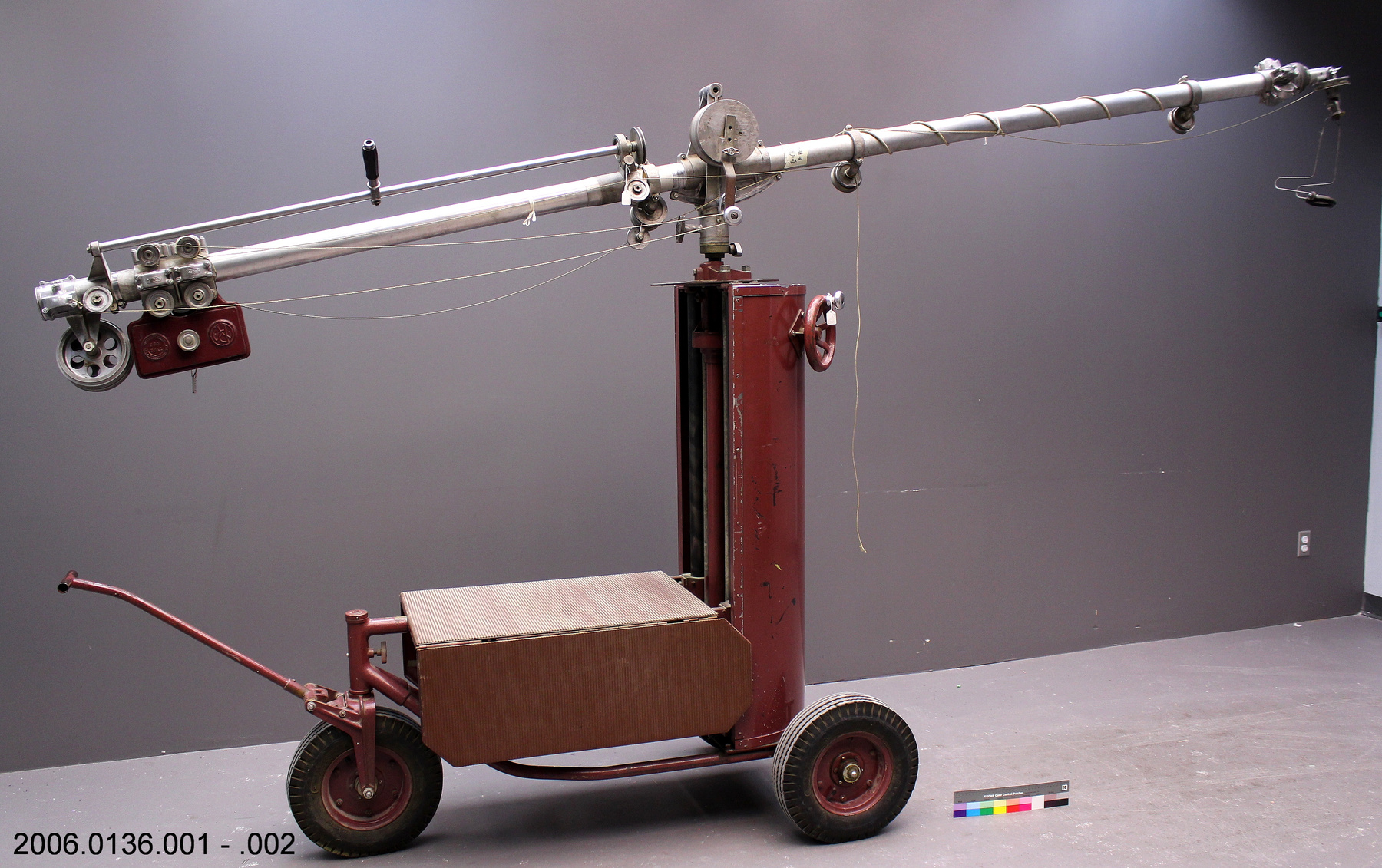Boom, microphone
Use this image
Can I reuse this image without permission? Yes
Object images on the Ingenium Collection’s portal have the following Creative Commons license:
Copyright Ingenium / CC BY-NC-ND (Attribution-NonCommercial 4.0 International (CC BY-NC 4.0)
ATTRIBUTE THIS IMAGE
Ingenium,
2006.0136.001
Permalink:
Ingenium is releasing this image under the Creative Commons licensing framework, and encourages downloading and reuse for non-commercial purposes. Please acknowledge Ingenium and cite the artifact number.
DOWNLOAD IMAGEPURCHASE THIS IMAGE
This image is free for non-commercial use.
For commercial use, please consult our Reproduction Fees and contact us to purchase the image.
- OBJECT TYPE
- N/A
- DATE
- 1960
- ARTIFACT NUMBER
- 2006.0136.001
- MANUFACTURER
- Mole-Richardson Co.
- MODEL
- 103B
- LOCATION
- Hollywood, California, United States of America
More Information
General Information
- Serial #
- 871
- Part Number
- 1
- Total Parts
- 4
- AKA
- N/A
- Patents
- N/A
- General Description
- Predominantly silver metal [probably includes some cast steel fittings]; lead [?] counterweight painted red-brown; natural string rigging; black synthetic grip on handle.
Dimensions
Note: These reflect the general size for storage and are not necessarily representative of the object's true dimensions.
- Length
- 156.0 cm
- Width
- 28.0 cm
- Height
- 46.6 cm
- Thickness
- N/A
- Weight
- N/A
- Diameter
- N/A
- Volume
- N/A
Lexicon
- Group
- Communications
- Category
- Television
- Sub-Category
- N/A
Manufacturer
- AKA
- Mole Richardson
- Country
- United States of America
- State/Province
- California
- City
- Hollywood
Context
- Country
- Canada
- State/Province
- Manitoba
- Period
- This example used c. 1960- 2004.
- Canada
-
The boom was in use for television program and film production from about 1960 until 2004. Television station CJAY (later renamed CKY) went on the air on November 12, 1960. It was the first privately-owned television broadcaster in Winnipeg. In 1961 CJAY joined other independent stations from across Canada to create the CTV network. Like the other private broadcasters, CJAY/CKY produced a variety of news, current affairs, children's and entertainment programming for its local audience. Transmitted during the daytime and late evening, these programs allowed the station to meet regulatory requirements for Canadian content while still broadcasting popular American shows during the prime evening hours between 7:00 and 11:00. The microphone boom was a key part of the station's studio equipment and was used in the production of many local programs, including "The Rockets," "Let's Go," "Archie and his Friends" and "Teen Dance Party." The station was locally owned by Moffat Communications until 2001, when it was purchased by CTV Inc. as part of a general consolidation of ownership of the network. CTV is now owned by Bell Globemedia and its local stations have virtually ceased non-news and current affairs programming. The CTV Winnipeg boom was lasted used for a film production, the 2002 made-for-TV movie The Crooked E: The Unshredded Truth About Enron, (broadcast on CBS). CTV Winnipeg is in the process of moving to a new building and would like to dispose of surplus equipment by the beginning of June. [Ref. 1] - Function
-
To mechanically support a microphone and allow it to be easily moved. - Technical
-
Microphone booms are essential tools in television and film production. While a simple stand or short boom is sufficient to support a microphone for audio recording or radio programming, visual media have depended on long booms that can place the microphone as close to the scene as possible while still remaining out of the frame. Typically, the boom allows the sound technician to locate the microphone directly above the scene while he or she can control its movement from off-camera. This Mole-Richardson boom and perambulator was typical of microphone supports used in television and film studios for many decades in the 20th century. The CTV Winnipeg boom was originally used with an RCA 77 microphone. When combined with its ancillary mounts, windscreens, etc., the weight of this type of microphone could total up to 10 pounds. This necessitated a rigid and heavy boom, as well as a substantial counterweight and a mechanism for extending and rotating the boom. This in turn required a wheeled device for moving the boom around the studio. With the advent of lightweight, transistorized condenser microphones in the 1960s it became possible to use handheld supports. Originally, bamboo fishing poles were used for this purpose. Mole-Richardson has been a leading supplier of lights and other production equipment to the film and television industries since 1927. Although established primarily to provide incandescent studio lighting, the firm branched out into other product lines. The company is still in business and still offers a microphone boom and perambulator that are very similar, if not identical, to CTV Winnipeg equipment. [Ref. 1] - Area Notes
-
Unknown
Details
- Markings
- Many components bear individual part numbers. Round metal plate on triangular pivot piece reads " [logo] Mole-Richardson Co./ HOLLYWOOD, CALIF./ MADE IN U.S.A./ TYPE 103B MICROPHONE BOOM/ SERIAL/ NO. 871". Paper label taped to boom bears following hand printed text "To/ CKY- STUDIOS/ @PO2OCK [?]". "M R" logo and/or "[logo]/ MOLE- RICHARDSON CO./ HOLLYWOOD - CALIF." cast on many pieces. "MOLE- RICHARDSON/ HOLLYWOOD - CALIF./ TYPE 103B" cast in raised print on weight.
- Missing
- Unknown.
- Finish
- Predominantly silver metal [probably includes some cast steel fittings]; lead [?] counterweight painted red-brown; natural string rigging; black synthetic grip on handle.
- Decoration
- N/A
CITE THIS OBJECT
If you choose to share our information about this collection object, please cite:
Mole-Richardson Co., Boom, microphone, circa 1960, Artifact no. 2006.0136, Ingenium – Canada’s Museums of Science and Innovation, http://collection.ingeniumcanada.org/en/item/2006.0136.001/
FEEDBACK
Submit a question or comment about this artifact.
More Like This
